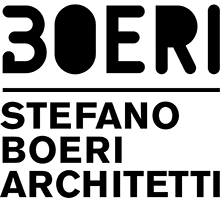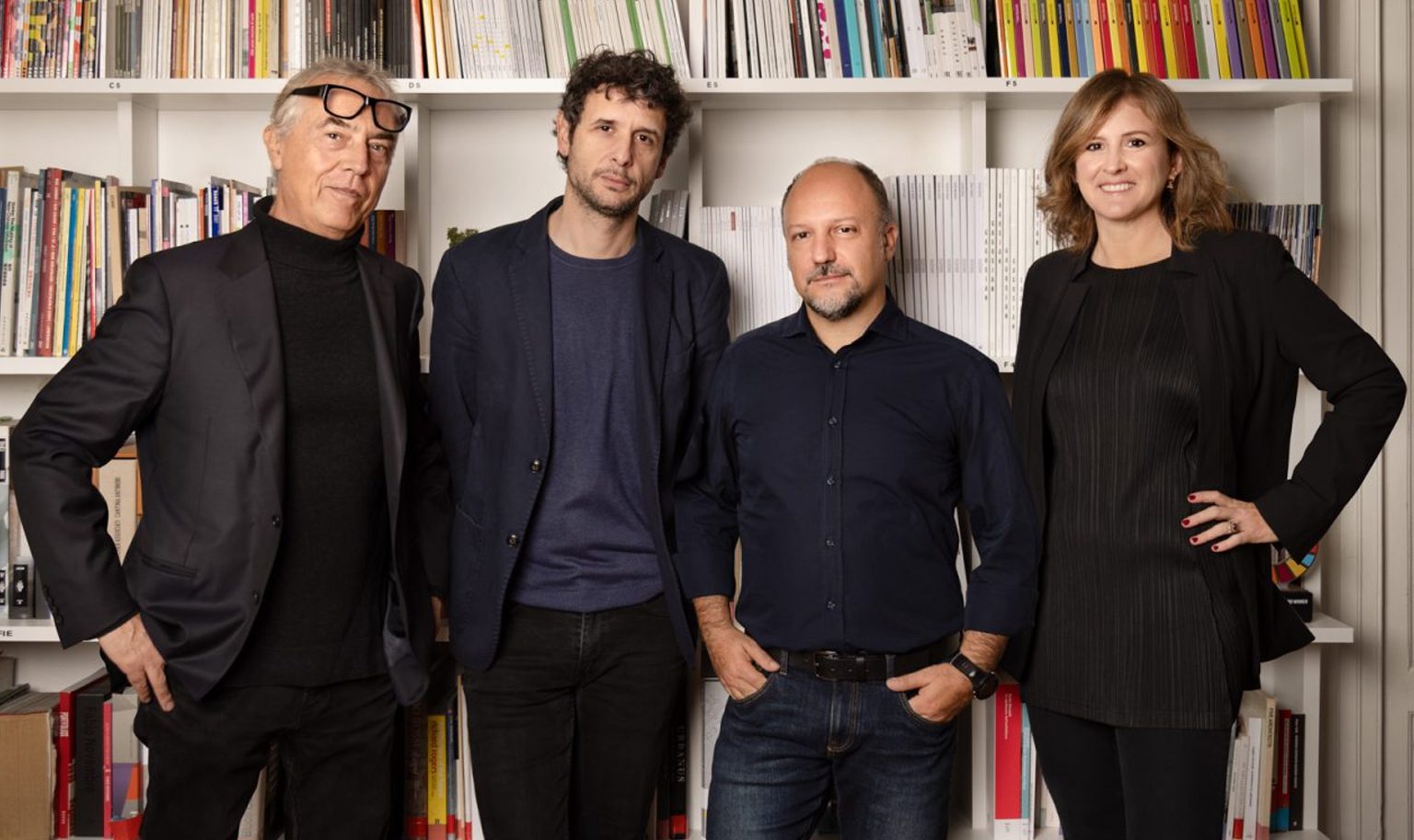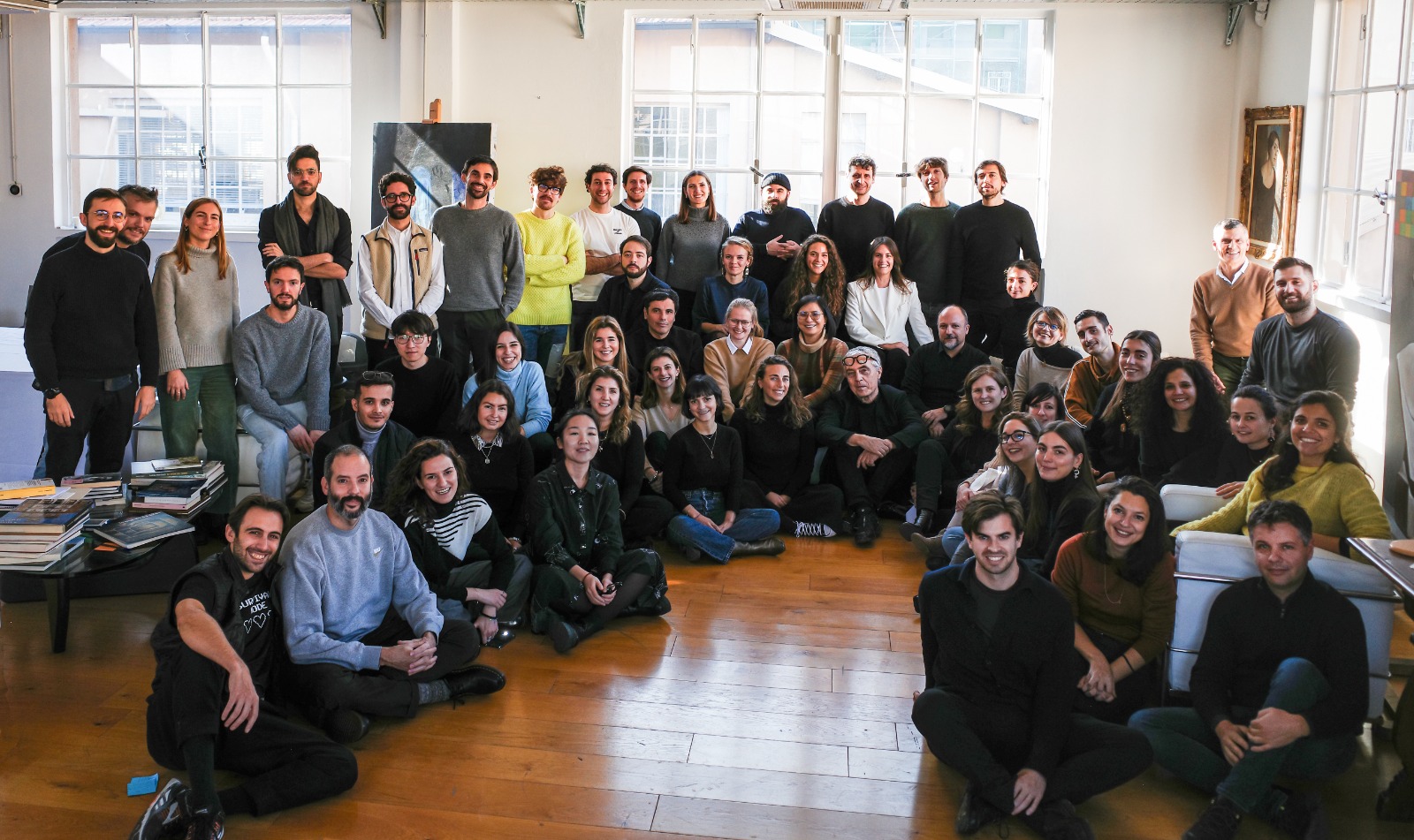Milan
Shanghai
Based in Milan, Shanghai and Tirana, Stefano Boeri Architetti (previously, Boeri Studio) has been dedicated to research and design in architecture and urban planning since 1993.
Multiplicity is the principle that has guided a multifaceted activity for 30 years: Stefano Boeri Architetti’s work ranges from architecture to design, with constant focus to the geopolitical and environmental implications of urban phenomena. The studio develops projects in complex environments and on different continents, promoting and strengthening the synergies between all the actors – public and private – involved in the processes. This integrated and multidisciplinary approach has allowed Stefano Boeri Architetti to acquire a strongly defined identity and to become a reference point for sustainable architecture and strategic urban development at different scales, both in Italy and internationally.
Starting with the Bosco Verticale (Boeri Studio, Milan, 2014), the first prototype of architecture integrating living nature, Stefano Boeri Architetti is currently working on urban and vertical forestry projects all over the world, with particular attention to local climatic conditions and specific functional requirements. An example of this design perspective is Trudo Vertical Forest, the first vertical forest built for social housing and inaugurated in Eindhoven in 2021: an important step forward in combining the environmental challenge with the housing urgency of contemporary cities.
Thanks to its achievements, the studio has received numerous international awards: the Bosco Verticale, the new symbol of Milan and of biodiversity in architecture, was named best building in the world by the CTBUH (Chicago) and received the award for best skyscraper by the DAM in Frankfurt. In addition, the firm received the official award of Professional Leadership in Biodiversity in Architecture from the US Green Building Council (2020).
The studio’s design approach, Green Obsession – presented in the book “Green Obsession: Trees Towards Cities, Humans Towards Forests” (Actar, 2021) – is realised in the integration of living nature into architecture, with different strategies, methods and scales. Thanks to its “Green Obsession”, the practice Stefano Boeri Architetti was awarded the UN SDGs Action Award in the “Inspire” category in 2023 by the United Nations, as it “envisions sustainable cities and communities that prioritise health and wellbeing, while intensifying climate action through its creative approach to urban planning, ecological connectivity and urban forestry – meeting the UN Sustainable Development Goals”.
Together with masterplans and urban planning in various cities, the studio is currently working on numerous architectural projects, including the Tower of Cedars (Lausanne), Balcon sur Paris (Paris), Wonderwoods (Utrecht, under construction) and the redevelopment of the San Cristoforo district in Milan with the Bosconavigli project. The studio’s recent professional developments include projects such as the set design of Euripides’ ‘The Trojan Women’ at the Greek Theatre in Syracuse (2018); the new entrance to the Domus Aurea in Rome (2021); the staging of the exhibition ‘Chi è di Scena! Cento anni di spettacoli a Ostia Antica (1922-2022)’ at the Ostia Antica Archaeological Park (2022); the Masterplan for the South Coast of Salerno – with the territorial redevelopment of the area of the archaeological site of Paestum – and the requalification and valorisation of the Amphitheatre and the Roman baths in Durazzo – testify to Stefano Boeri Architetti’s growing care and attention towards the international archaeological heritage and its cultural, tourist and environmental enhacement.
Together with Stefano Boeri, the studio’s Partners are Francesca Cesa Bianchi (from 2019), Marco Giorgio (from 2019) and Pietro Chiodi (from 2023). The firm’s Directors are Hana Hosi Narvaez Bautista, Paolo Russo, Livia Sharmir (Research Department) and Corrado Longa (Urban Planning Department).
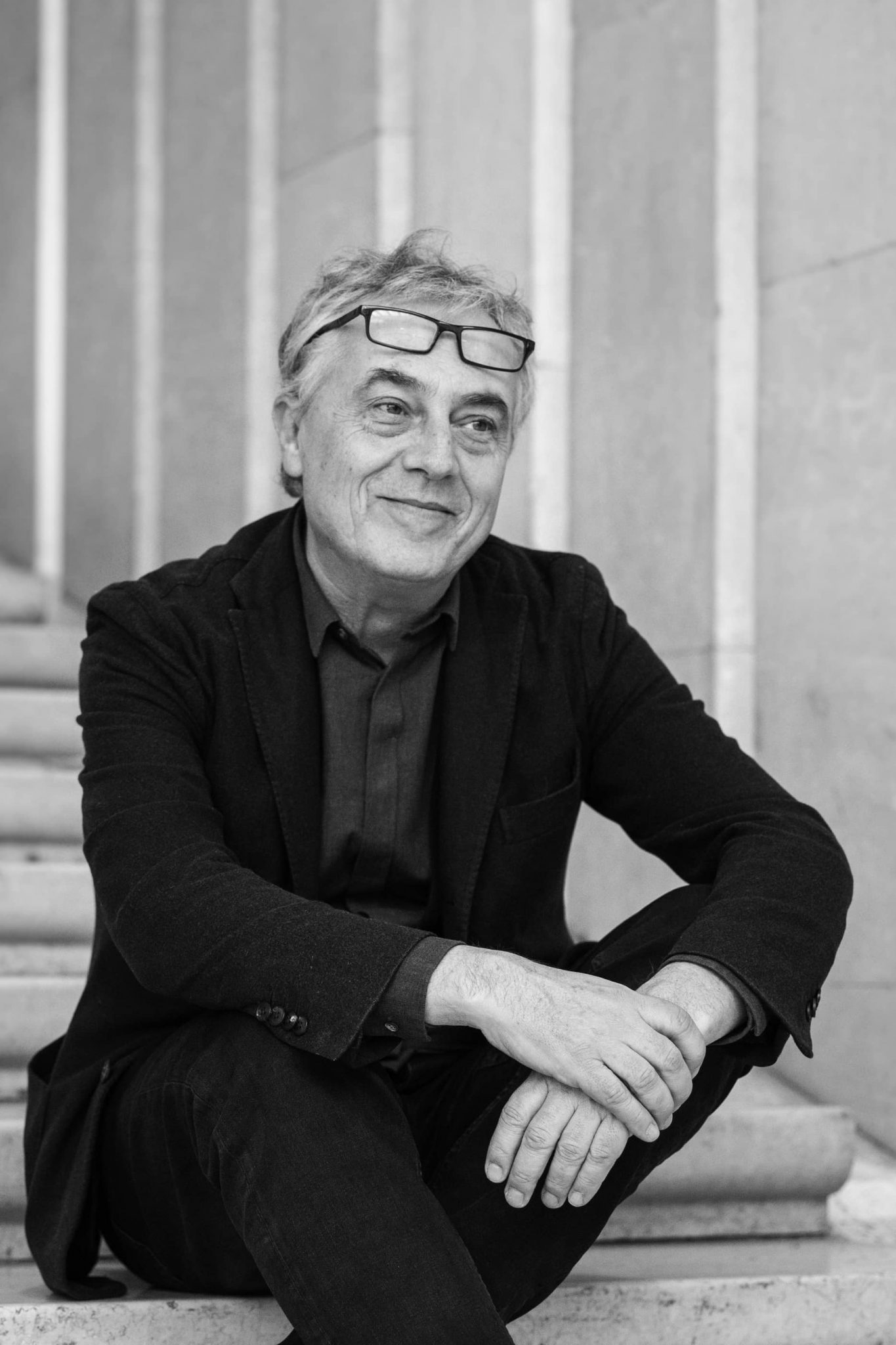
Stefano Boeri
Founding partner
Stefano Boeri, architect and urban planner, is Professor of Urban Planning at Politecnico di Milano and heads the Future City Lab at Tongji University in Shanghai, a post-doctoral research programme that anticipates the mutation of planetary metropolises, from the biodiversity and urban forestry perspective. He has been a visiting professor at several international universities such as Harvard University Graduate School of Design, École Polytechnique Fédérale de Lausanne, the Berlage Institute in Rotterdam and the Academy of Architecture in Mendrisio. He is President of the Scientific Committee of Forestami, the urban forestry project in the Milanese metropolitan area. Since 2018 he has been President of Triennale Milano.
Architect of the Bosco Verticale, built in Milan in 2014, Stefano Boeri is among the main protagonists in the debate on climate change in the field of international architecture. In 2017, he participates in the Commonwealth Regenerative Development to Reverse Climate Change programme; he is co-chair of the scientific committee of the World Forum on Urban Forests (Mantua, 2018 – Washington, 2023) and, on the occasion of the UN Climate Action Summit 2019, he presents in New York the Great Green Wall of Cities /Green Urban Oases project, realised together with FAO, C40 and other international research institutes. In 2023, in the context of the European Respiratory Society’s International Congress, Stefano Boeri is awarded the ELF Award, a recognition from the European Lung Foundation “for his work to improve air quality in urban environments”.
Stefano Boeri is known for his research and visions on the future of the urban condition in the world, which have seen him involved in designing regeneration and development plans for metropolises and large cities, including São Paulo, Geneva, Tirana, Cancun, Riyadh, Cairo and in Italy Milan, Genoa, Cagliari, Naples, Padua, Taranto and many others. His research has been published in international books and journals; among his books: Il territorio che cambia (Abitare Segesta, 1992); AAVV, Mutations (Actar, 2001); Multiplicity, Use Uncertain States of Europe (Skira, 2003); Biomilano: glossary of ideas for a biodiversity metropolis (Corraini, 2011); L’anticittá (Editori Laterza, 2011); A Vertical Forest (Corraini, 2015); La città scritta (Quodlibet, 2016); Urbania (Editori Laterza, 2021); Green Obsession: Trees Towards Cities, Humans Towards Forests (Actar, 2021).
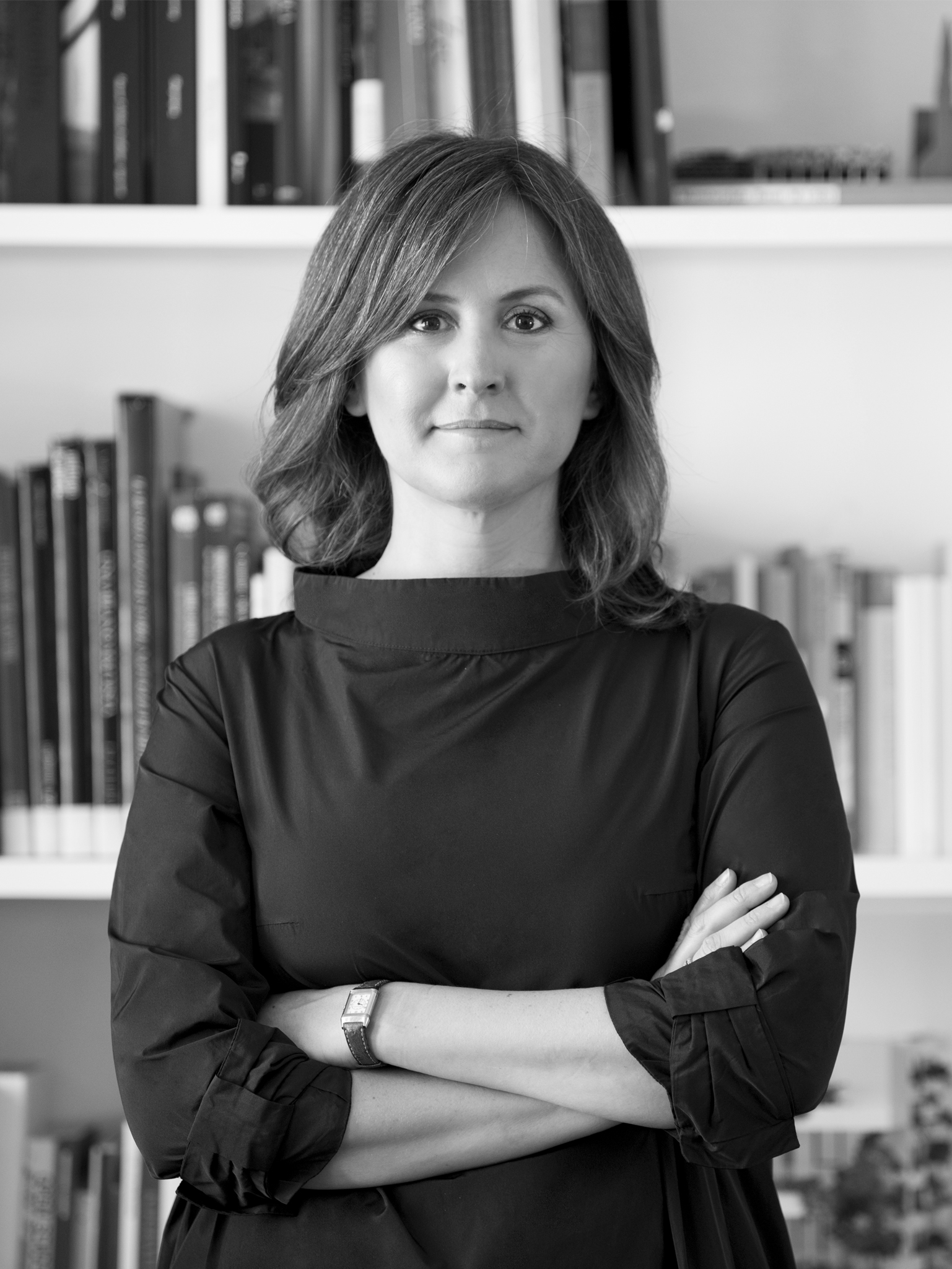
Francesca Cesa Bianchi
Partner / Director
Francesca Cesa Bianchi graduated in 2005 in architecture at Milan Politecnico. In 2008 she attended a first level master on collective housing at the Escuela Politecnica de Madrid.
Since 2006, within her collaboration with different architectural firms in Milan and Madrid, she manages complex multi-purpose projects from competition phase, through concept, preliminary and detail design, to construction documentation.
At Stefano Boeri Architetti, she works as Director and coordinates urban regeneration and architecture projects all over the world, in particular in Mexico, Netherlands and Middle East.
Since 2015 she has played a key role in the management of all architectural projects and strategic plans of the studio in Albania and since 2019 she is partner of Stefano Boeri Architetti.
She participated as a speaker at the Dutch Design Week in Eindhoven in 2020 and at the UIA International Forum 2022 – Affordable Housing Activation: Removing barriers in Madrid, organized by the International Union of Architects.
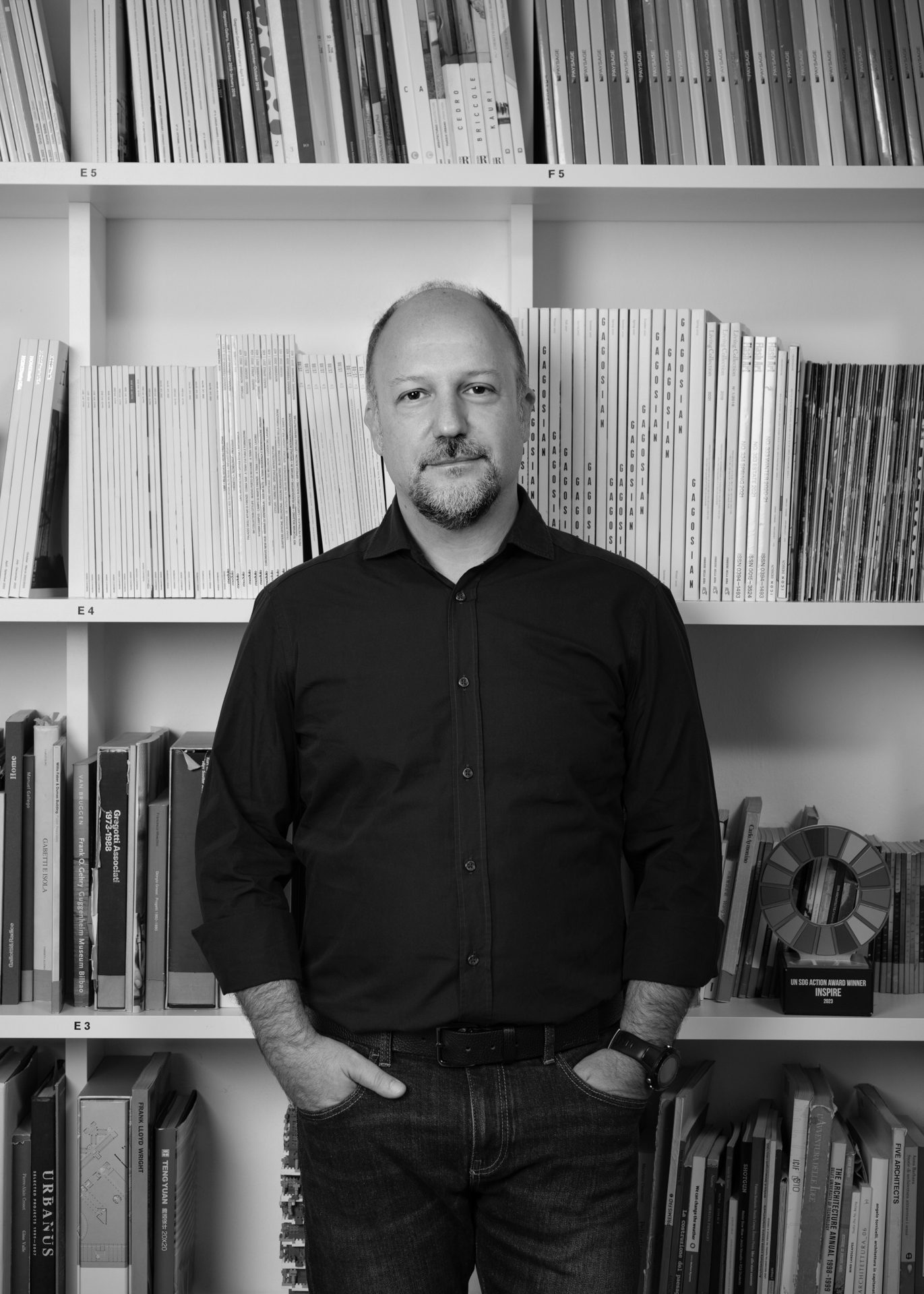
Marco Giorgio
Partner / Director
Marco Giorgio lives and works in Milan. After years of studies and training at the Federico II Faculty in Naples, he worked with various architectural firms as a freelance professional. Since 2001 he collaborates with Stefano Boeri on the design and construction of different styles of buildings – residential, commercial and administrative – and also on the coordination of interventions on different scales, from urban and planning design, to design of installations. He is currently Partner of SBA (since 2019) and Project Director; as coordinator of the design team and in charge of the works / artistic direction, he has followed numerous works from the concept phase to the realization, especially in Italy, France and Switzerland. He also participated as speaker in the event Infrastructural Nodes and Urban Regeneration. Stations, public space, environmental quality. Case studies, held at the Politecnico di Milano in 2019, and he presented the project of the new Policlinico hospital in Milan at Fuori Orticola 2023.
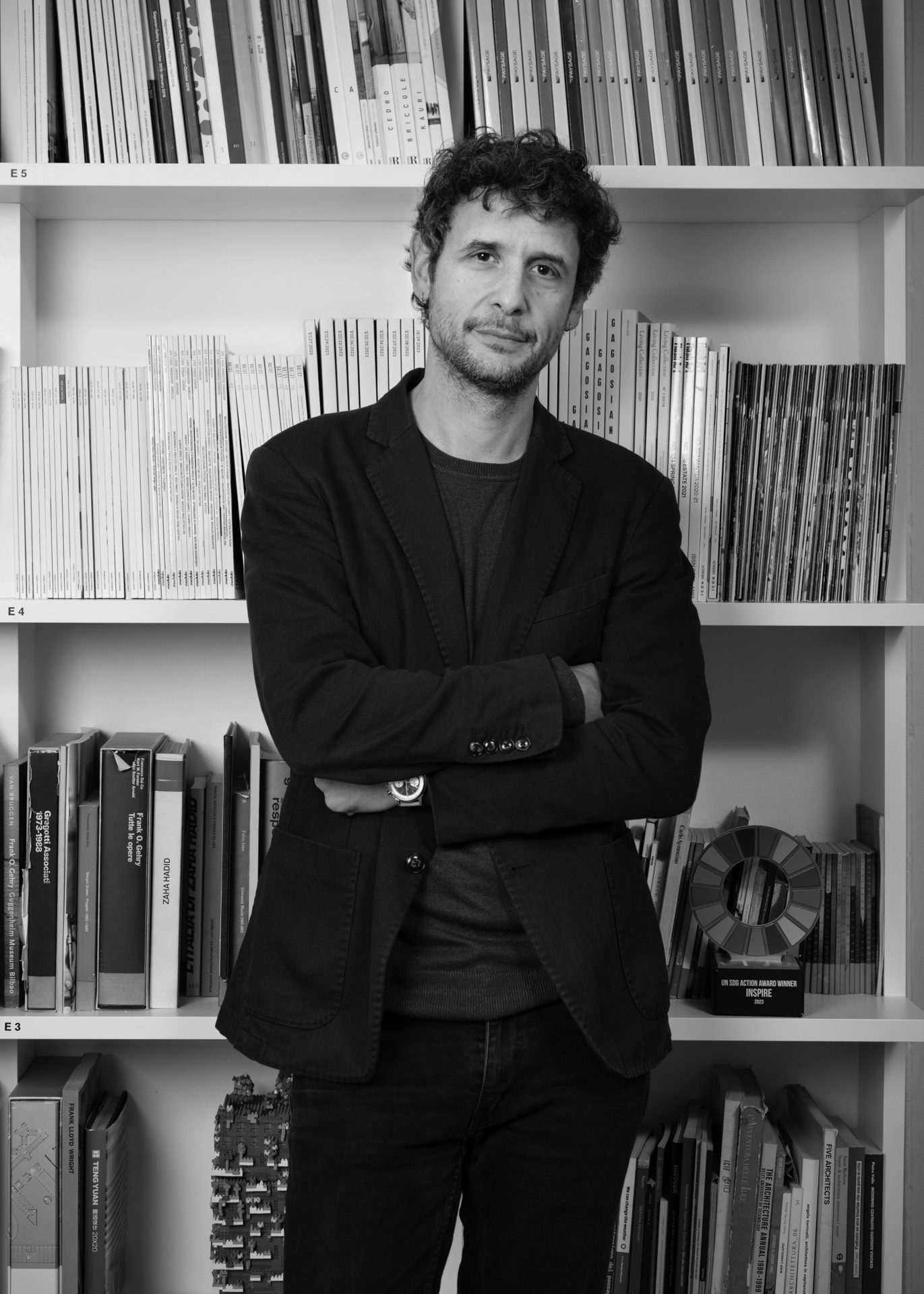
Pietro Chiodi
Partner / Director
Pietro Chiodi graduated in 2003 from La Sapienza University of Architecture in Rome having also studied for a year at KU University in Leuven, Belgium. After being awarded his PhD in Environmental Design and Construction in 2008, he taught at the Faculty of Architecture of Rome as a Professor in 2011. From 2005 to 2008 he was a Partner in 2A+P architettura. Since September 2008 he has worked as Senior Architect/Project leader for the firm Stefano Boeri Architetti and in August 2016 he moved to Shanghai as Chief architect of Stefano Boeri Architetti China. Among the several projects, he followed the realization of the Sino-Italy Design Center in Beijing, the Nanjing Vertical Forest and the Vertical Forest in Huanggang. From October 2021 he moved back to Milan as Director; since 2023, he has become a partner of Stefano Boeri Architetti. He has publicly presented his projects and realised site-specific installations for several international exhibitions, such as the XXIII World Congress UIA in Turin, the 5th Brasilia Biennal of Architecture and the 11th Venice Architecture Biennale.
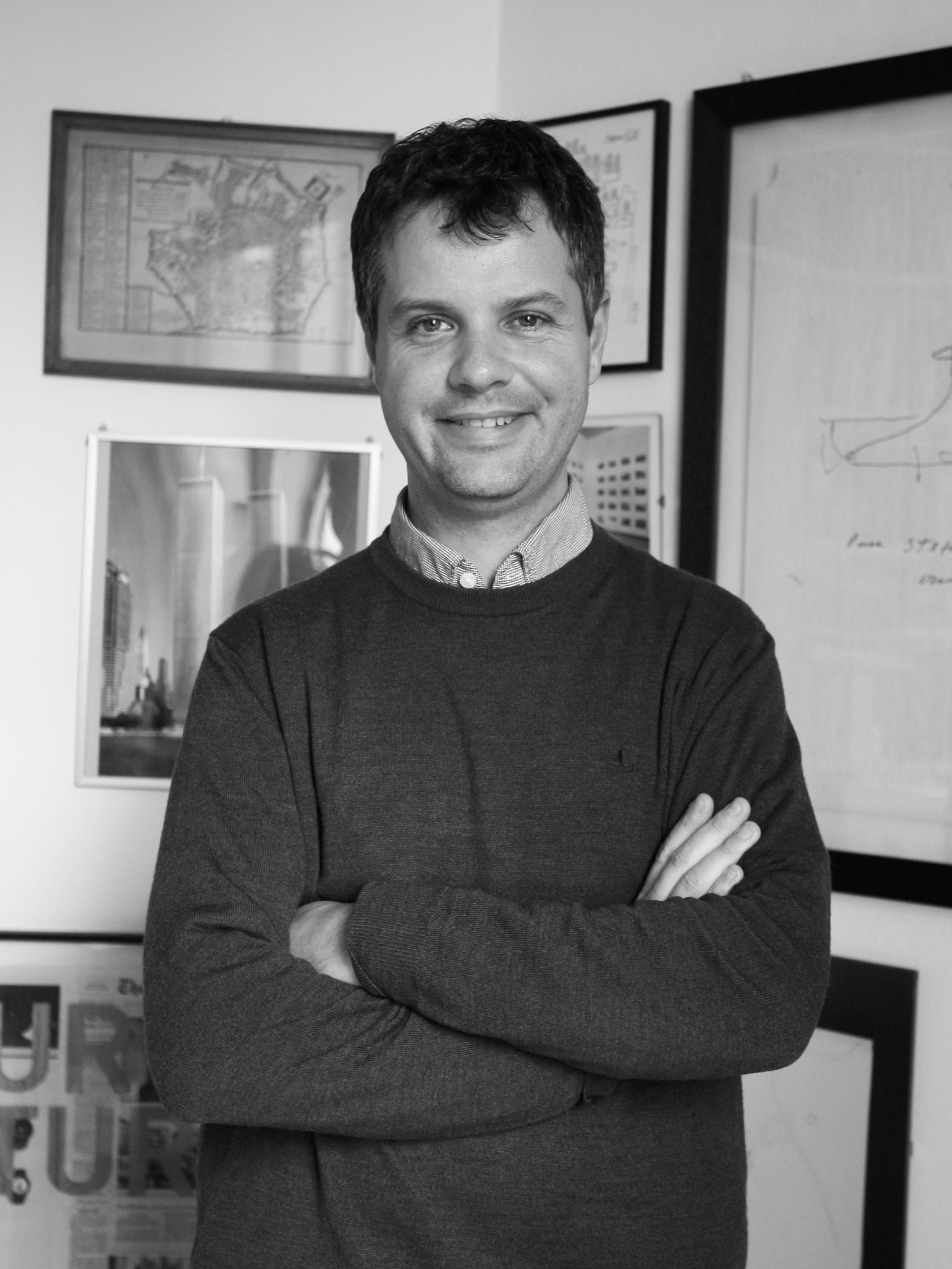
Corrado Longa
Director – Urban Planning Department
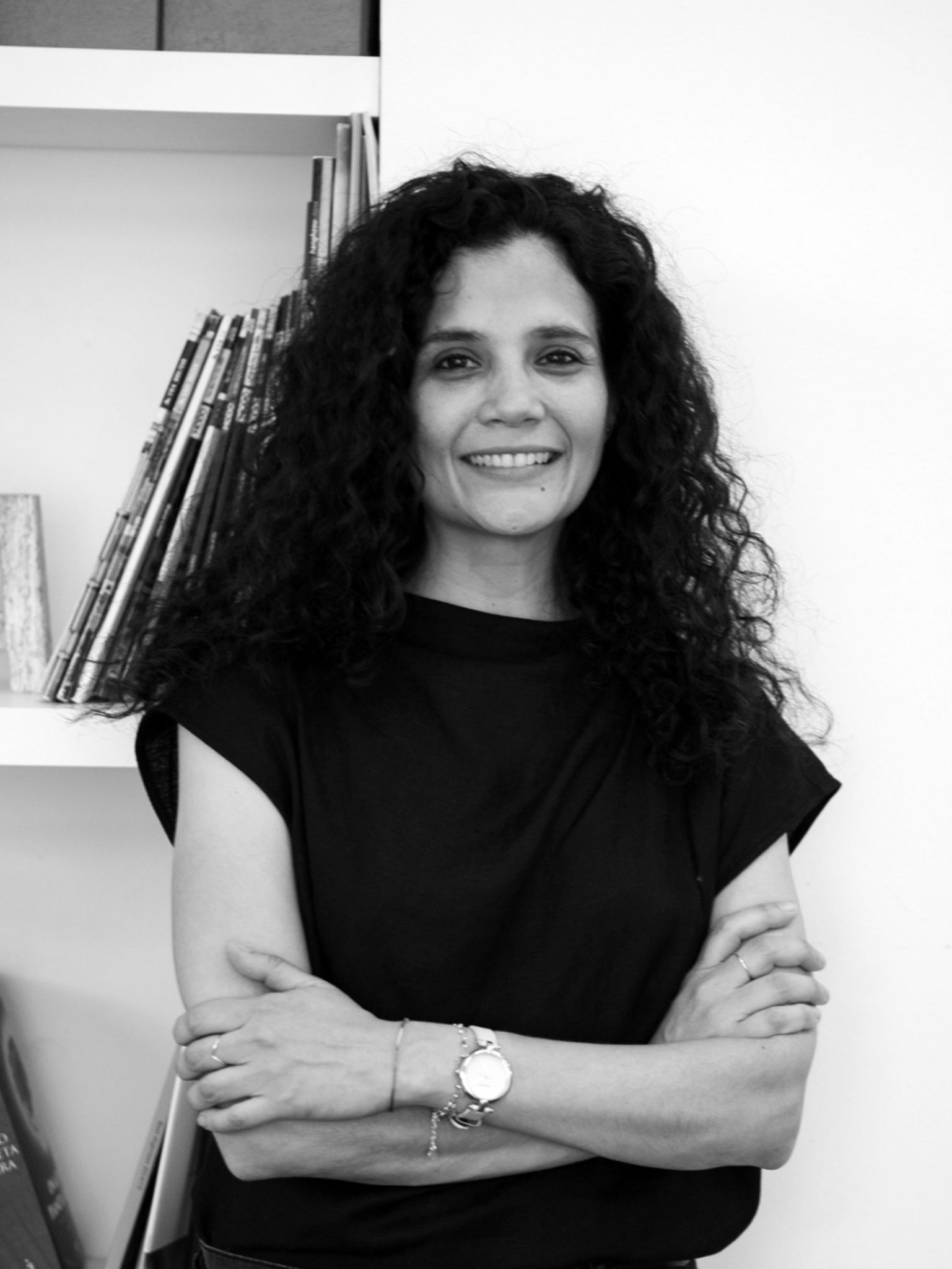
Hana Narvaez
Director
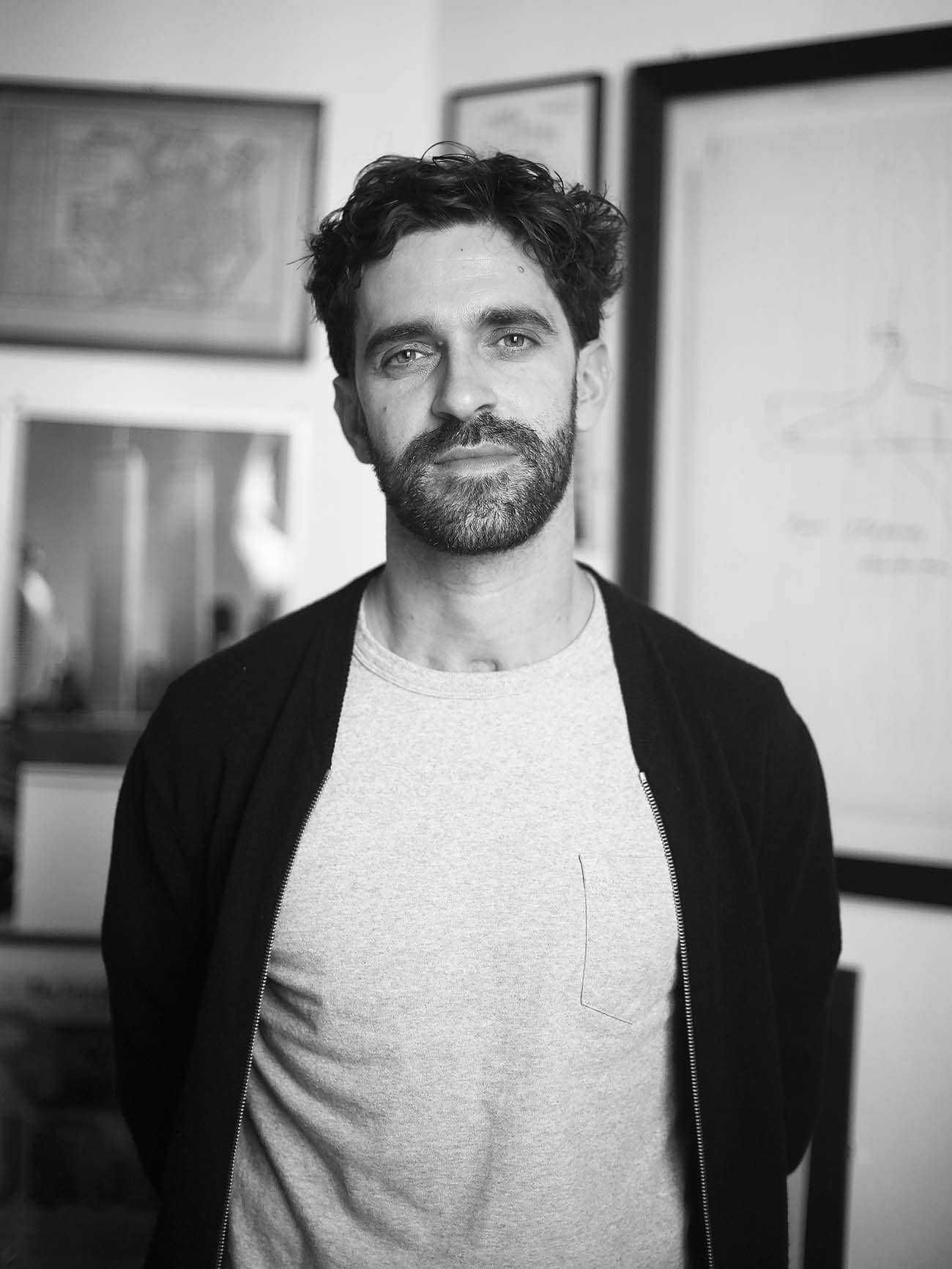
Paolo Russo
Director
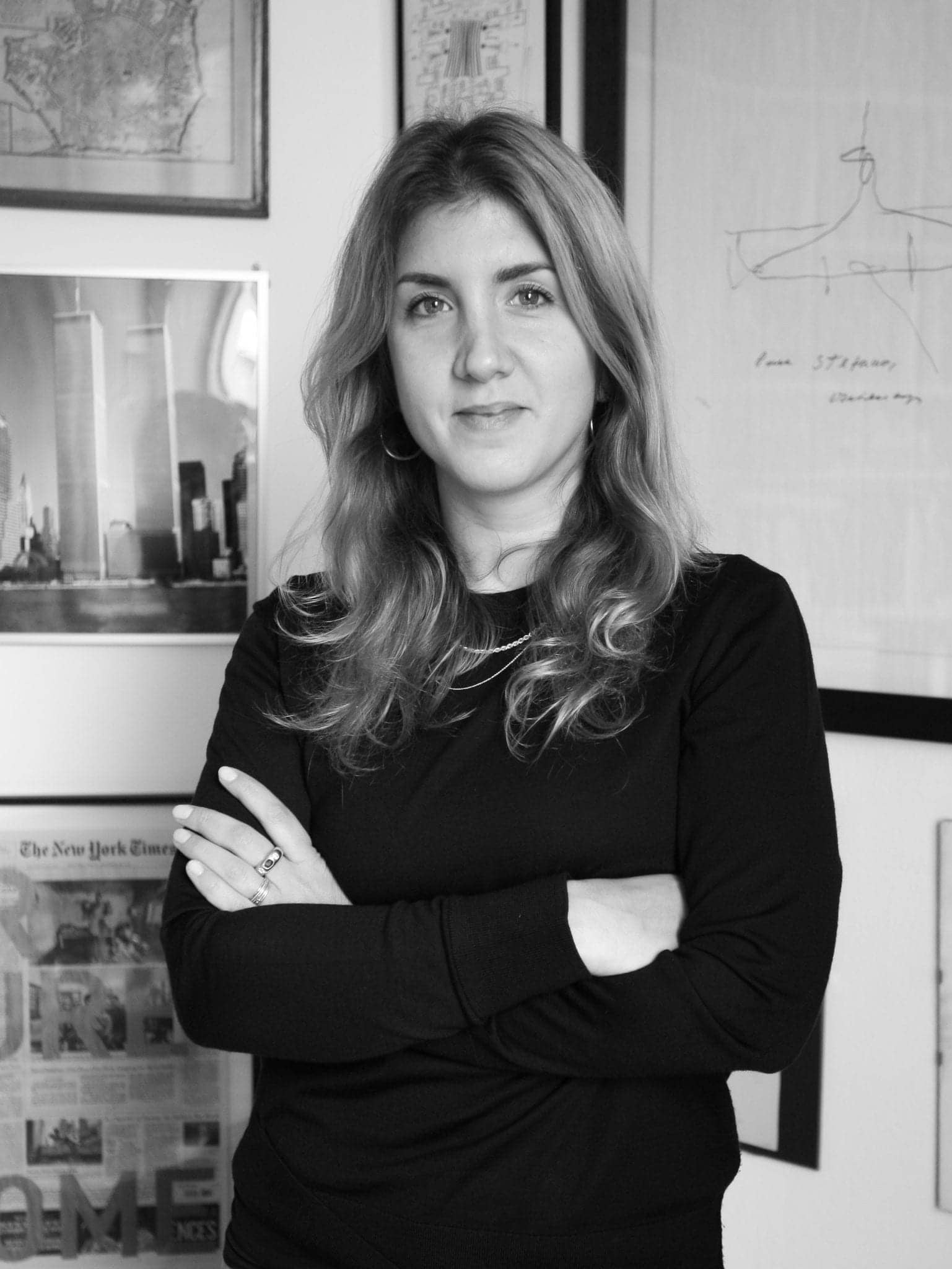
Livia Shamir
Director – Research Department
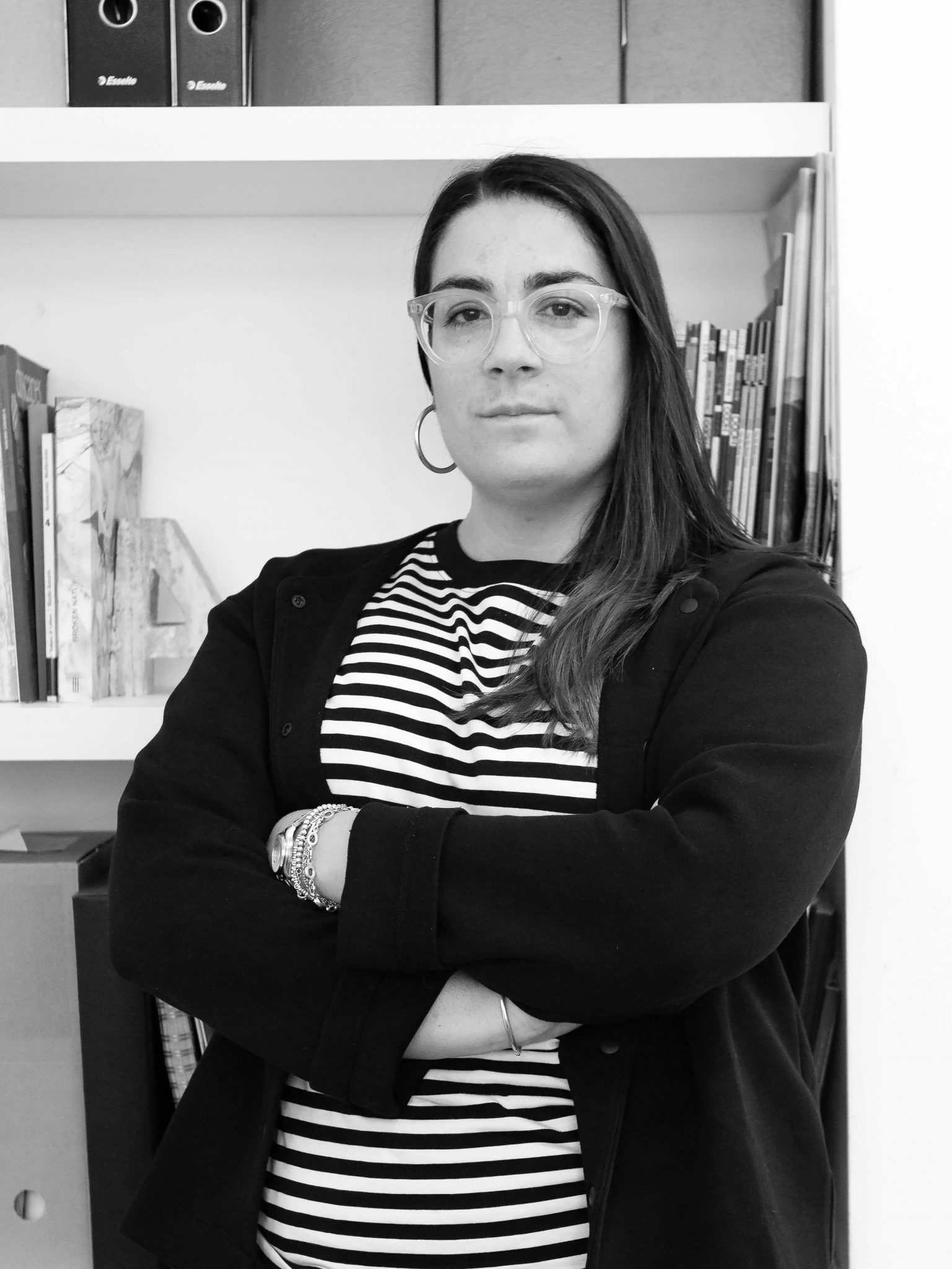
Antonella Acerra
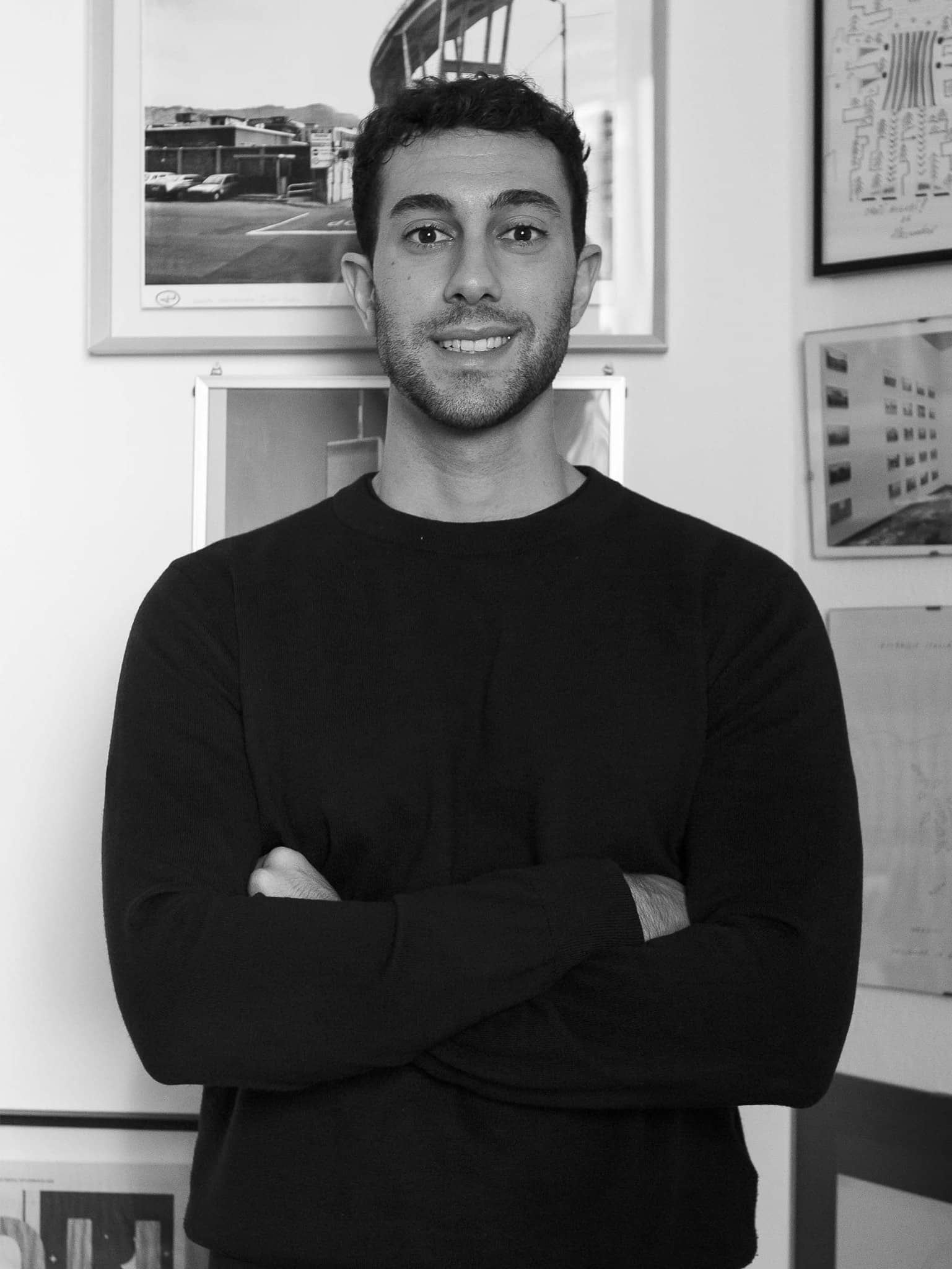
Davide Antolini
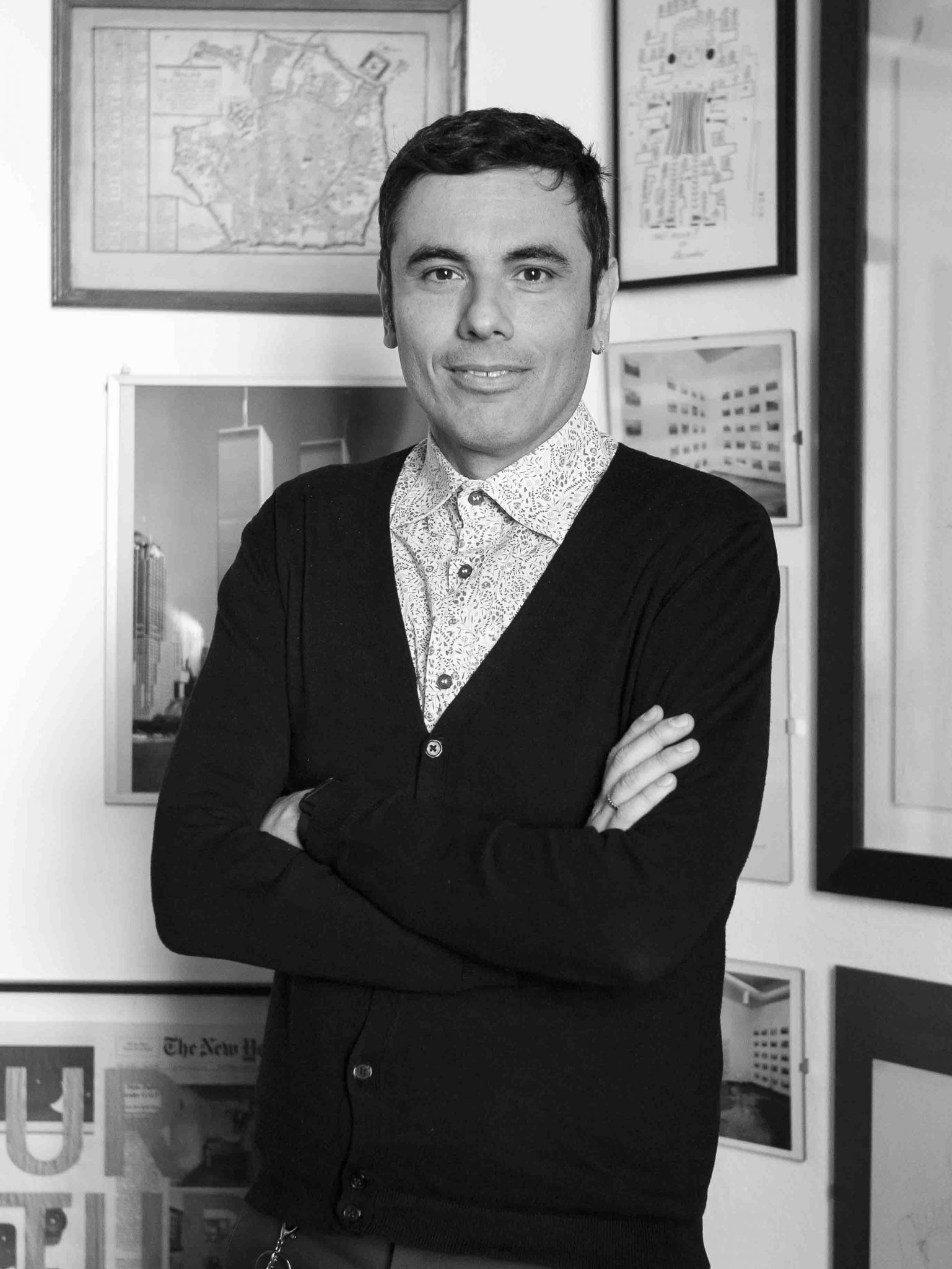
Daniele Barillari
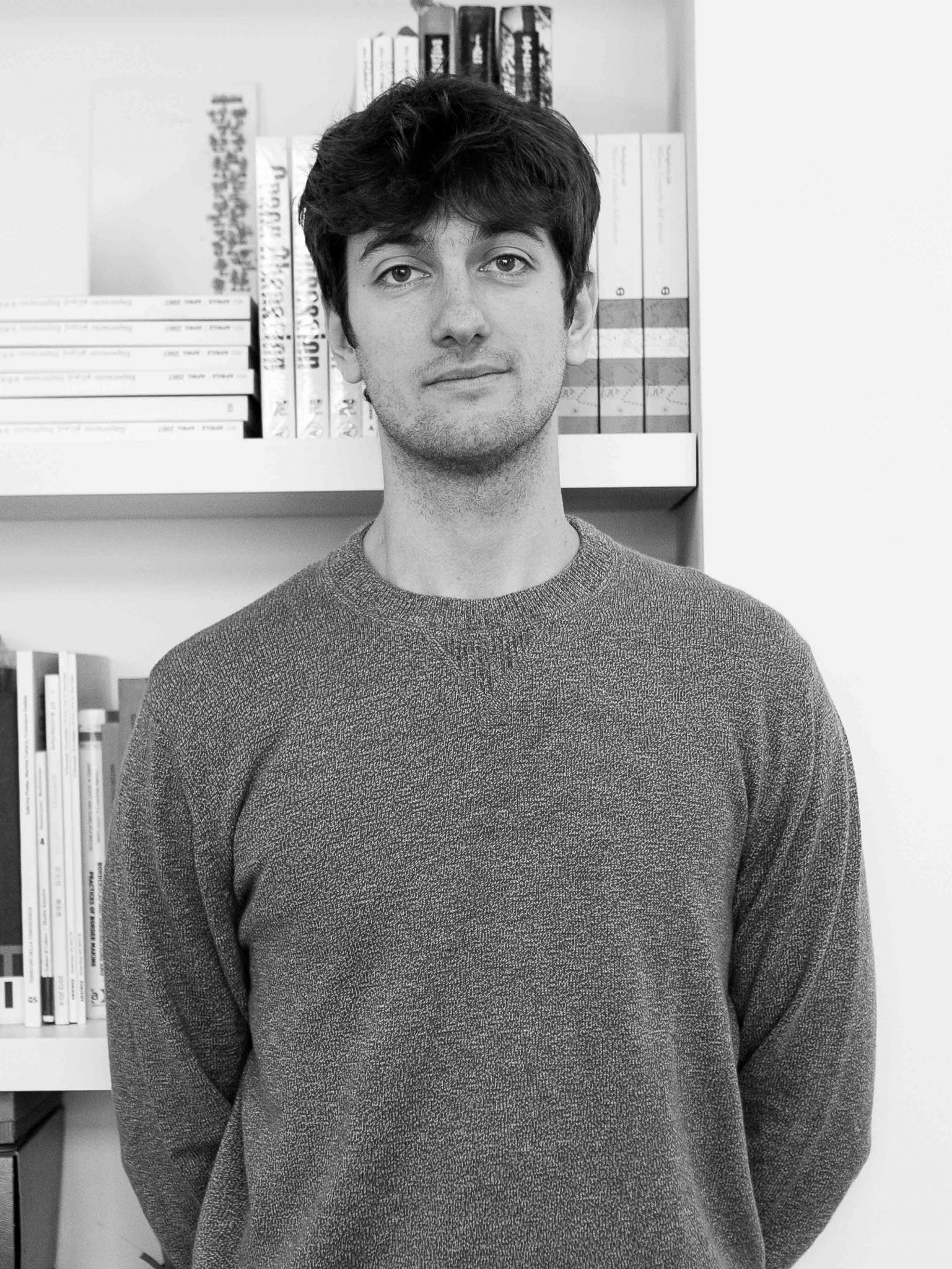
Alberto Berruto
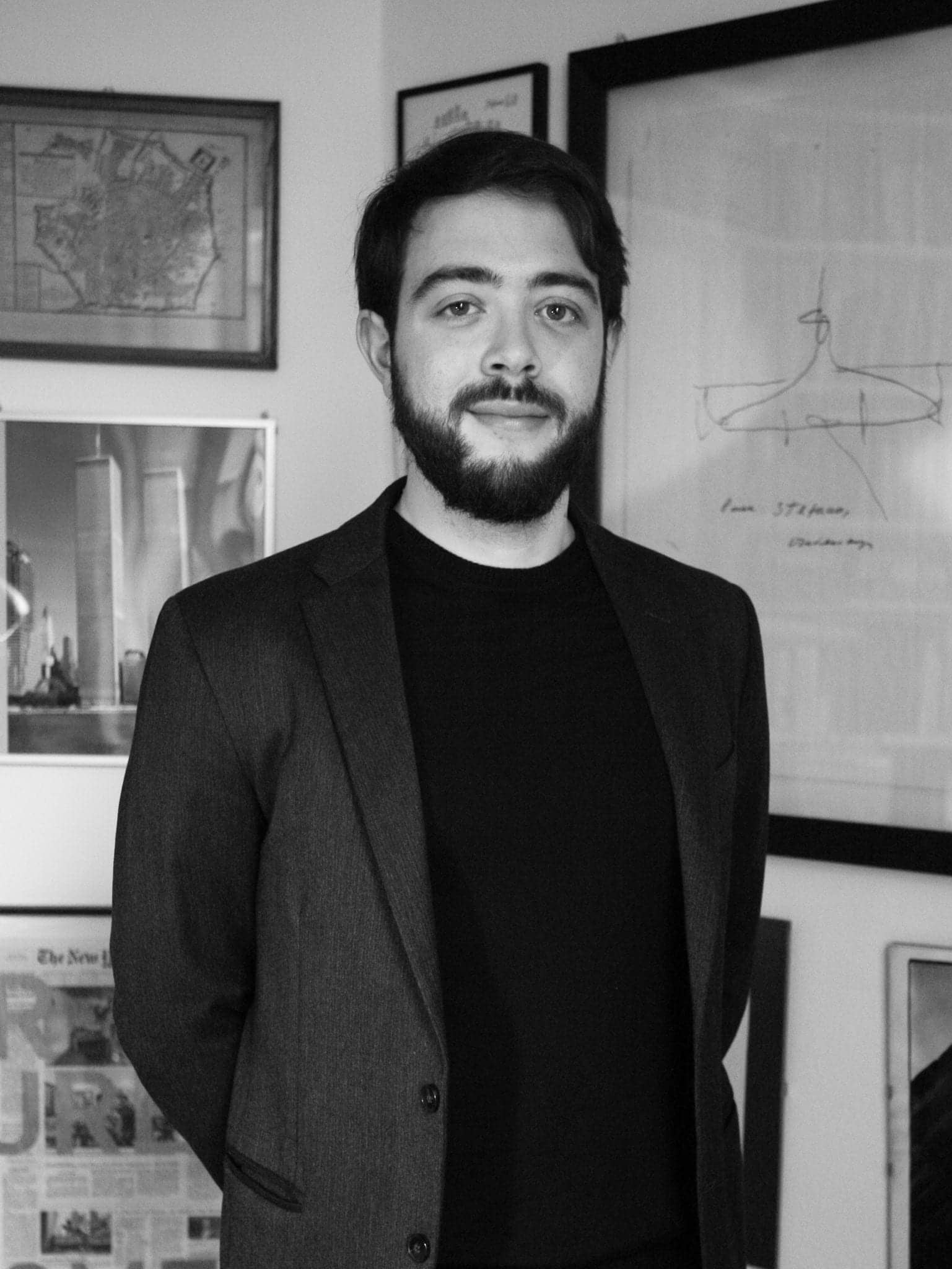
Agostino Bucci
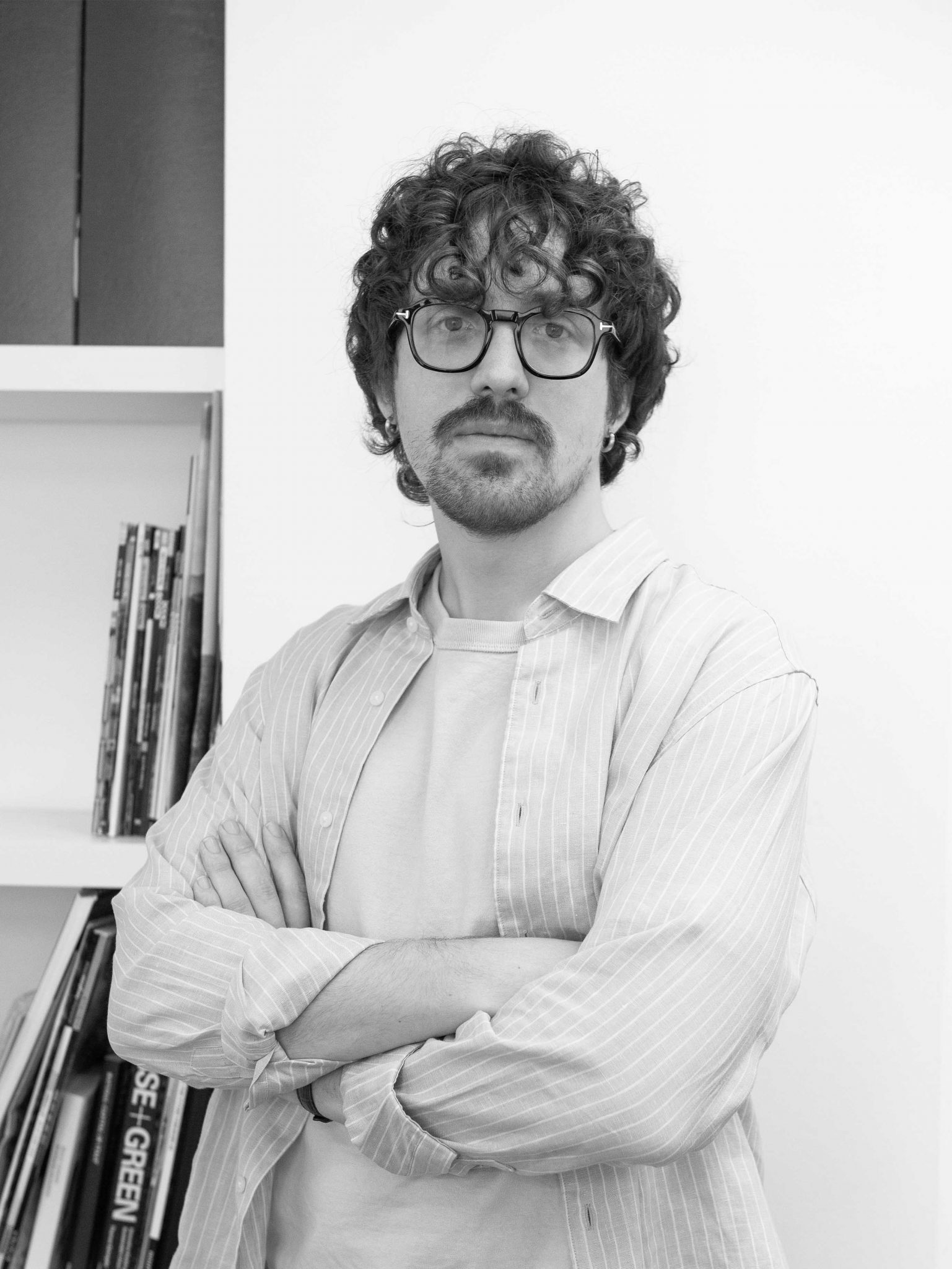
Giacomo Calistri
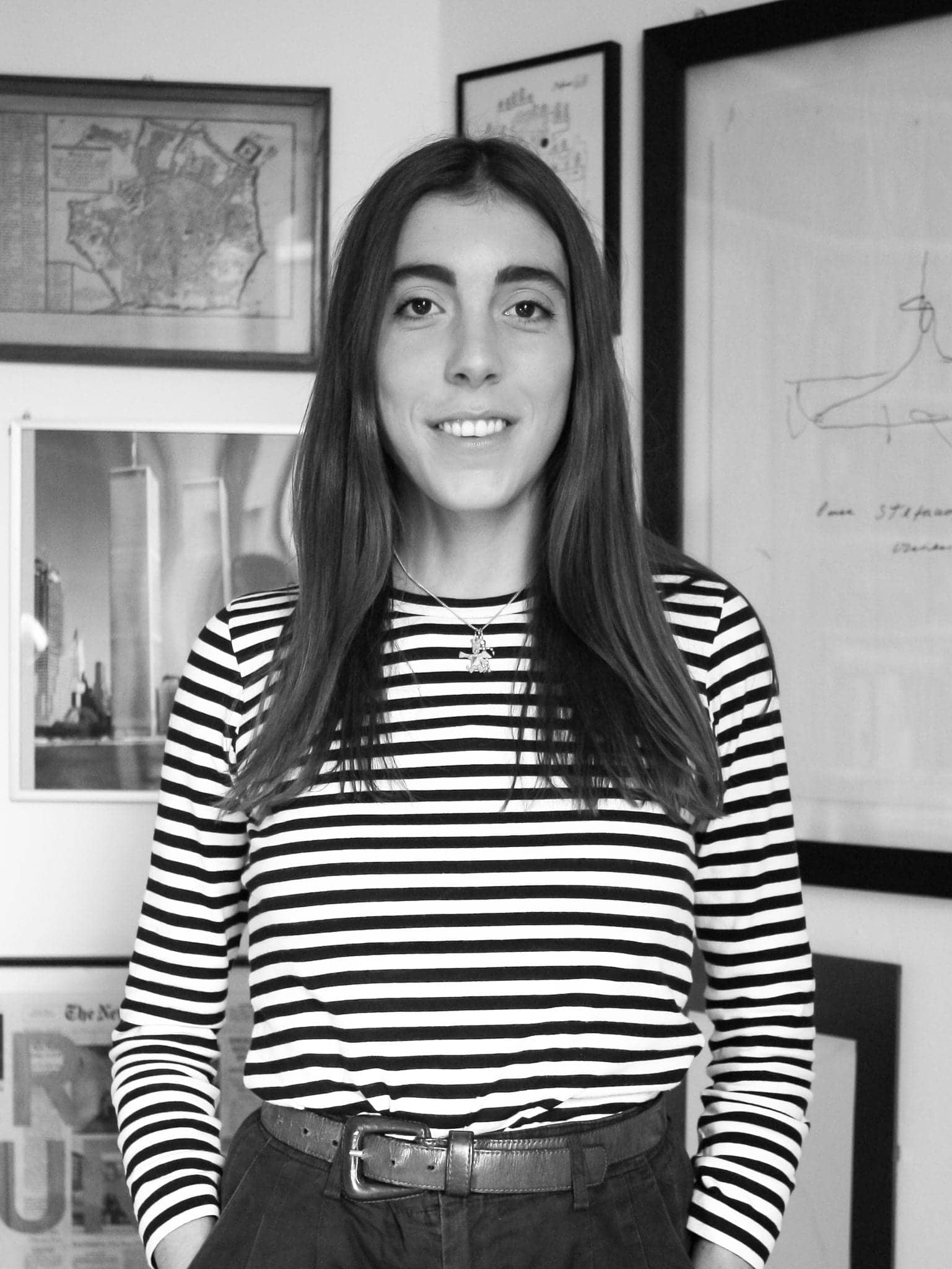
Carlotta Capobianco
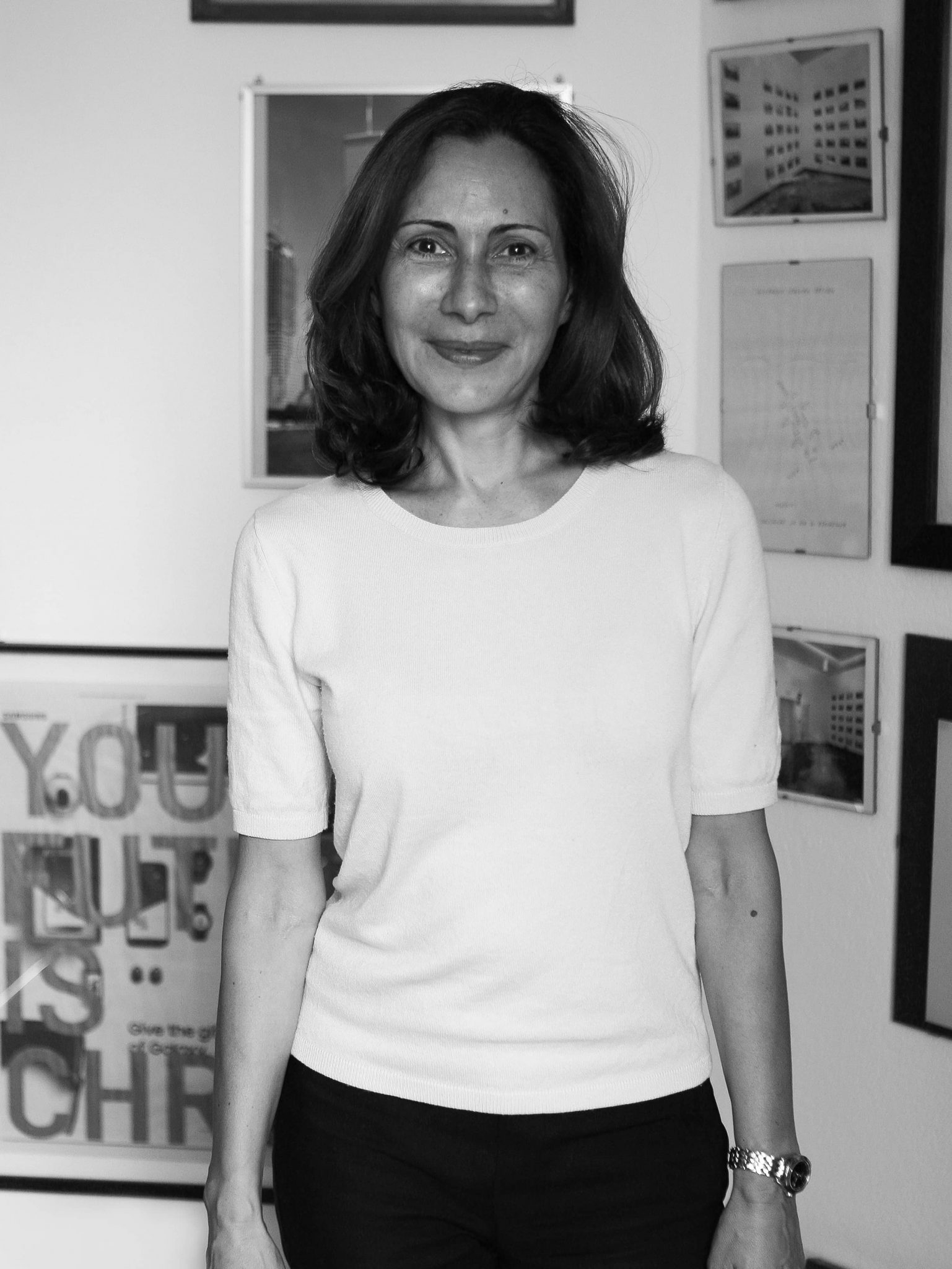
Ornella Ceresa
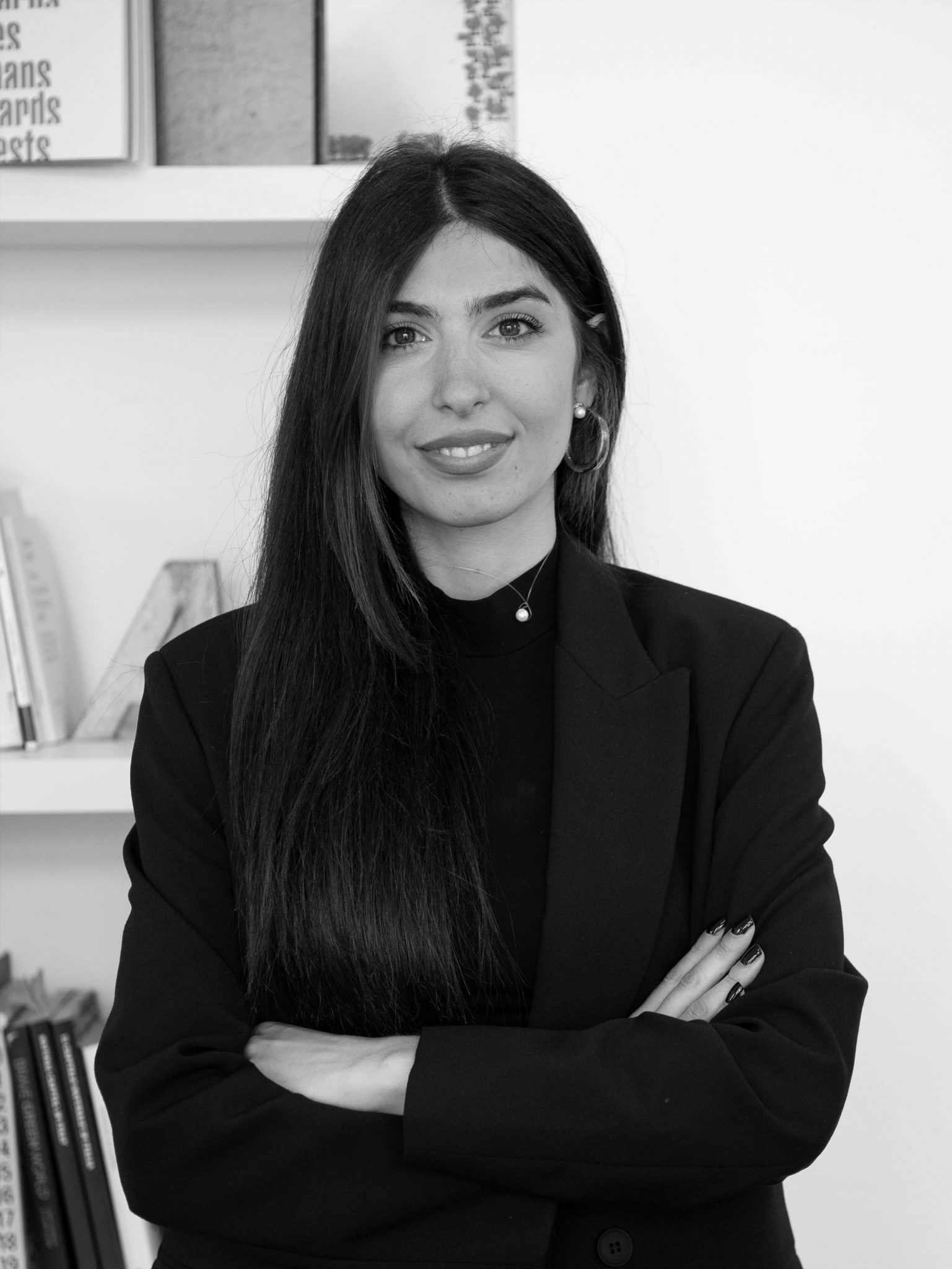
Gabriella Coletta
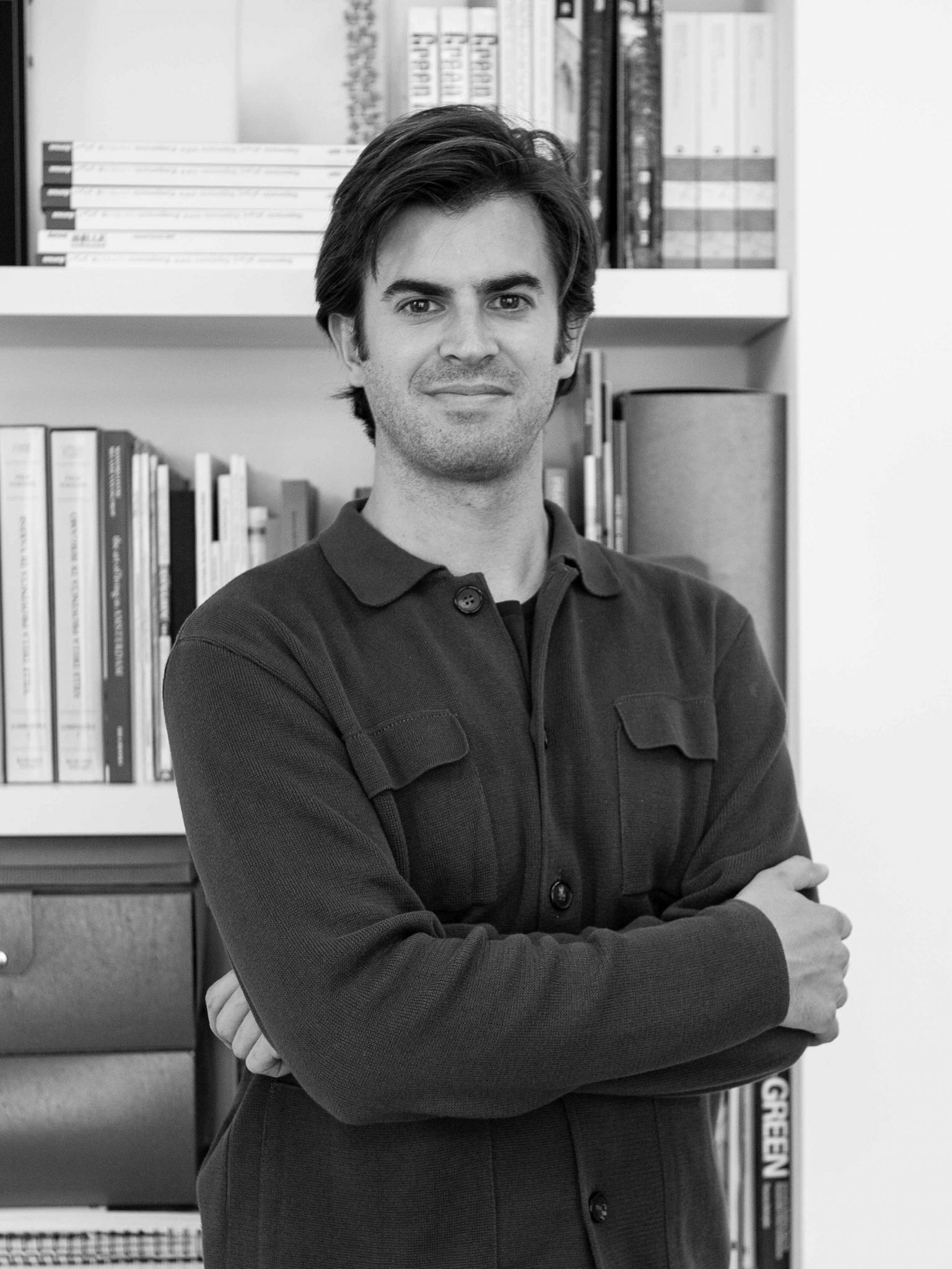
Paolo D’Alessandro
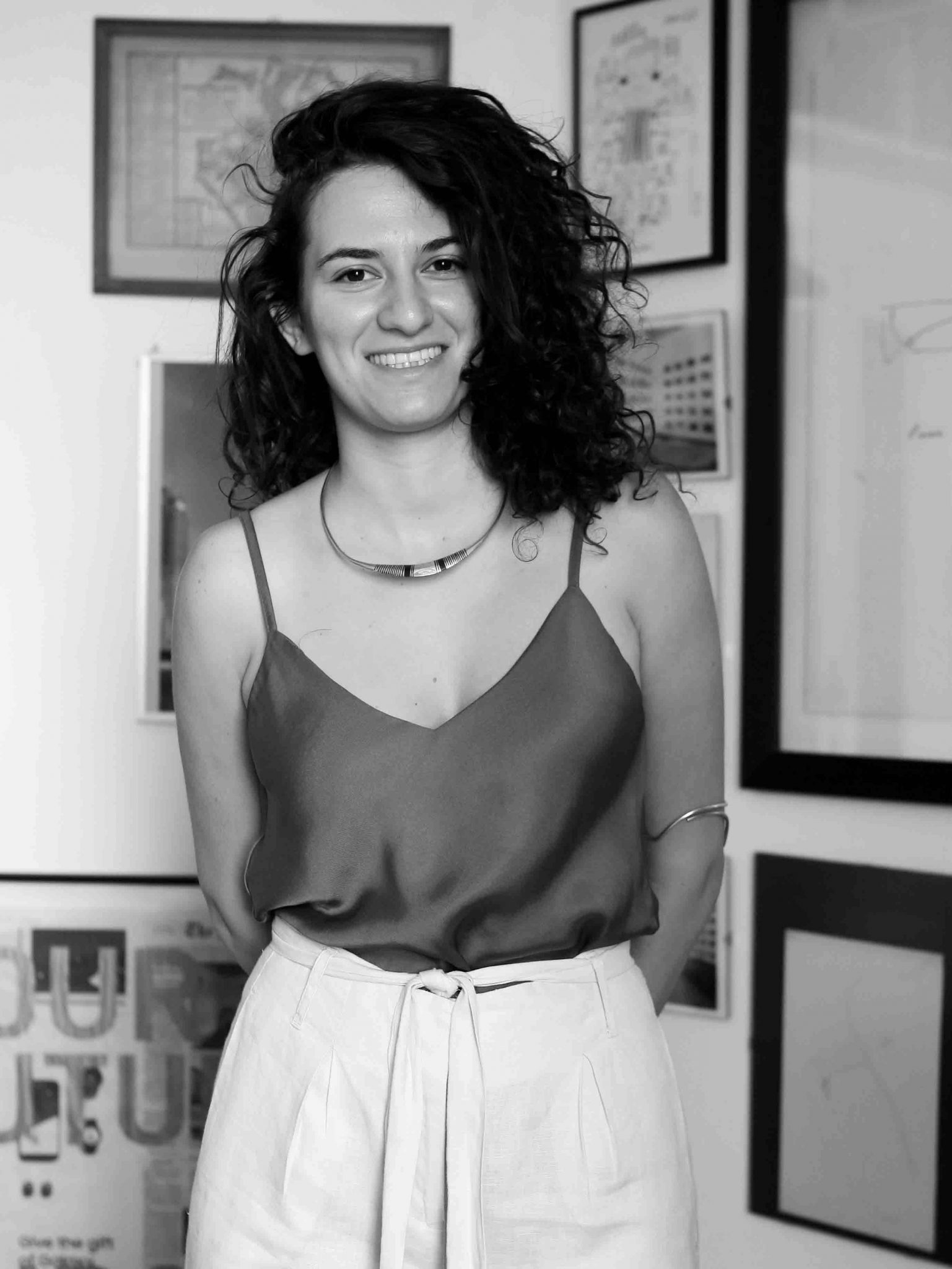
Maria Lucrezia de Marco
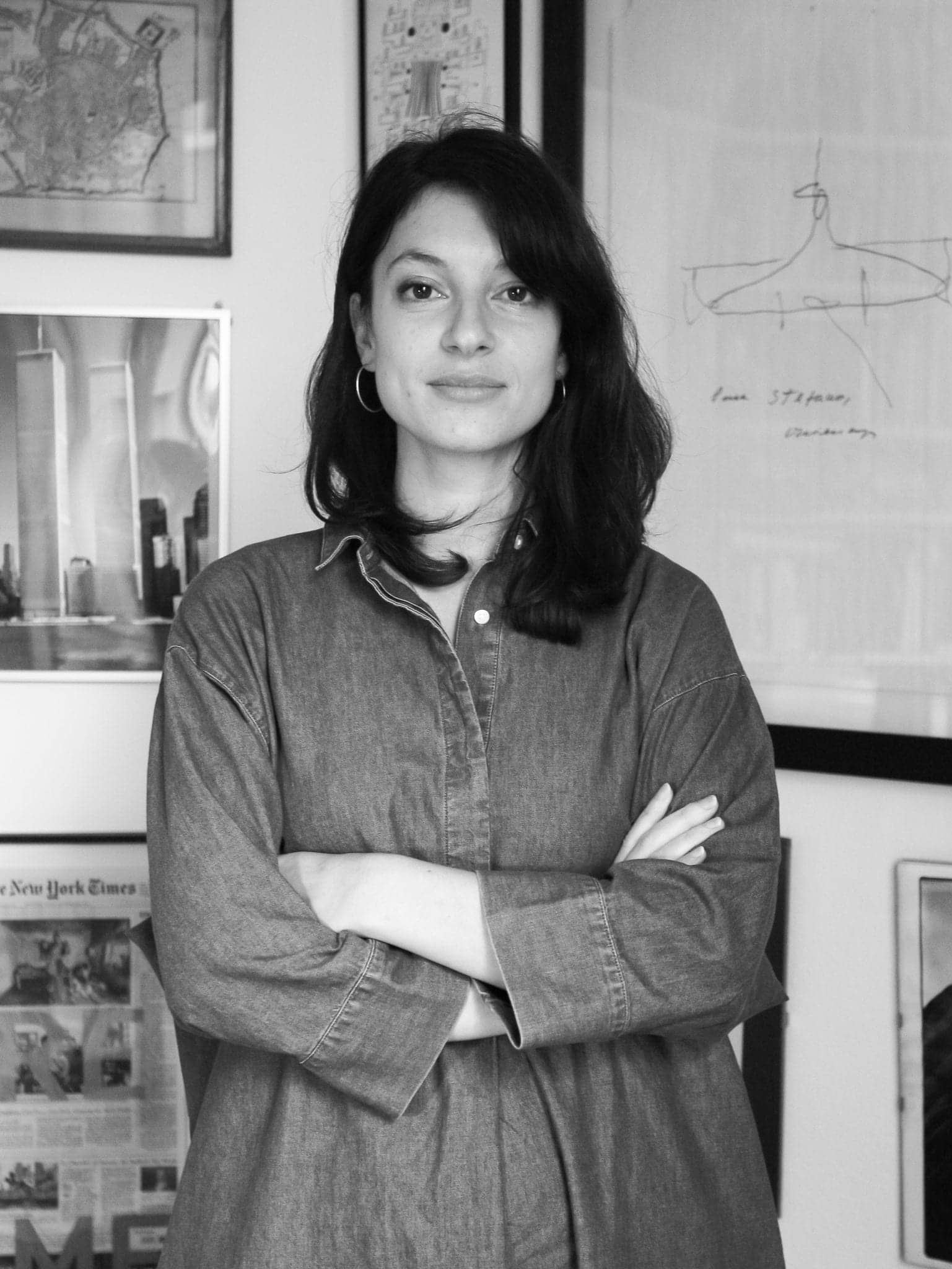
Laura Di Donfrancesco
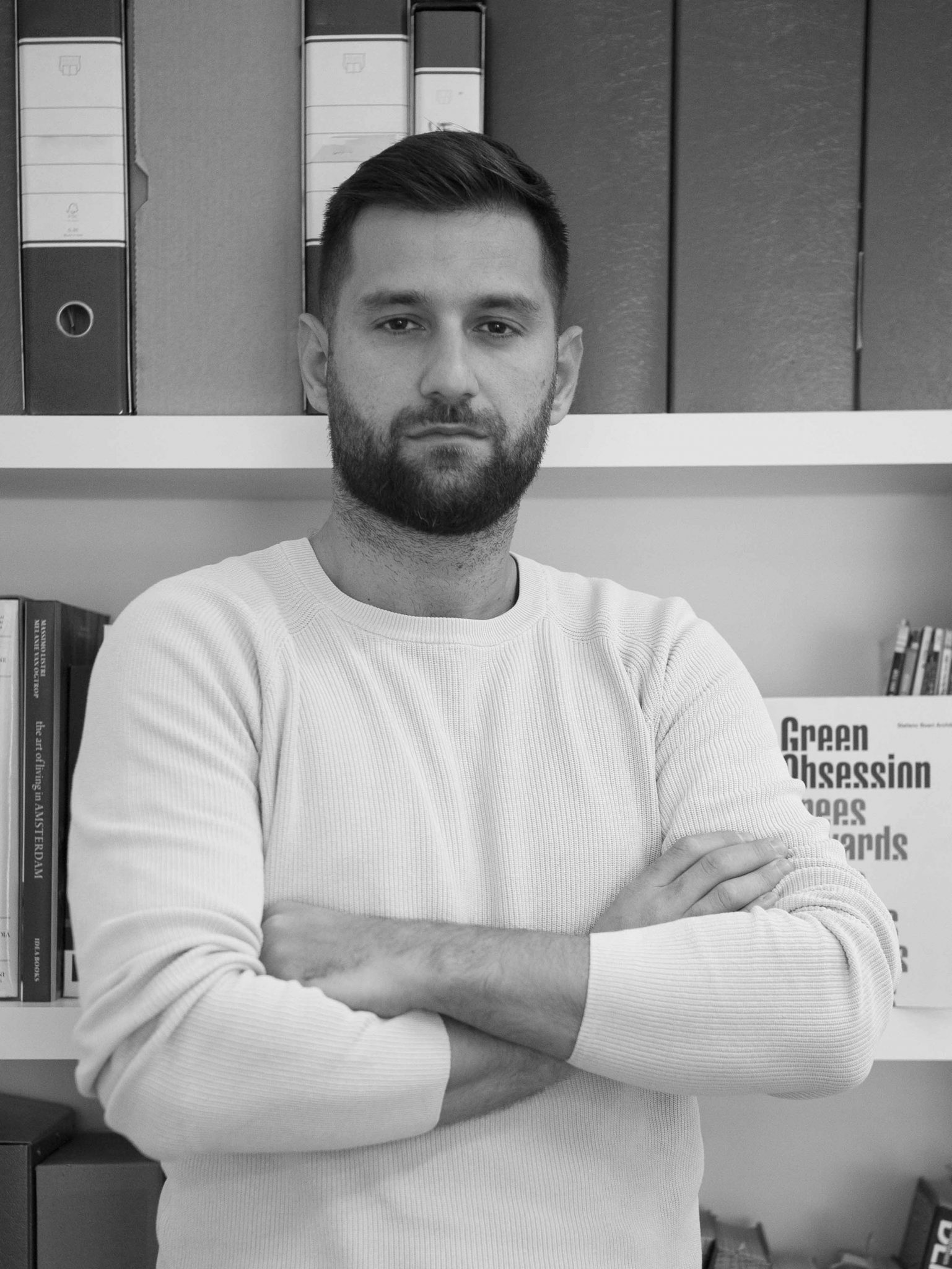
Saimir Elmadhi
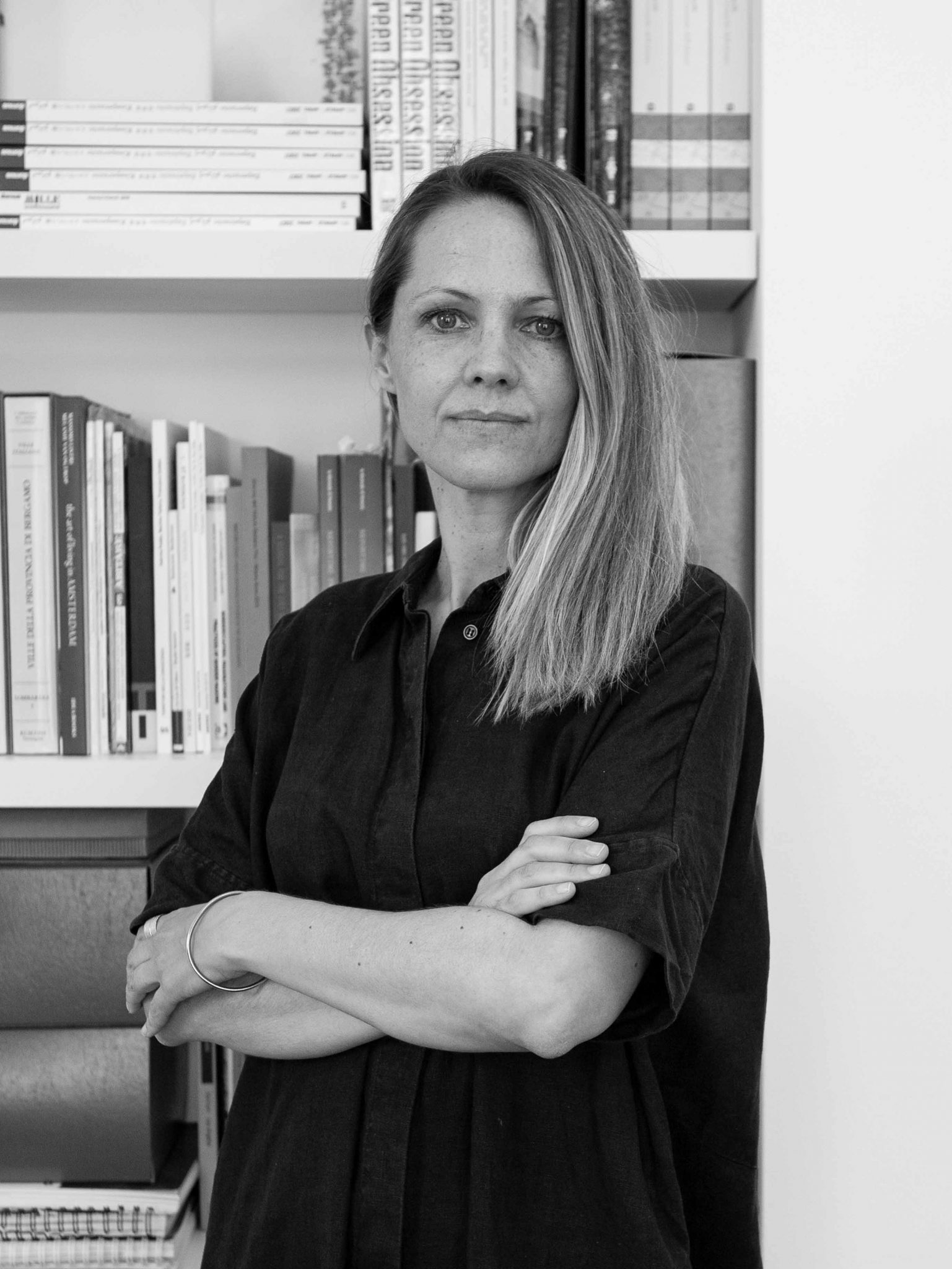
Silvia Fernandez
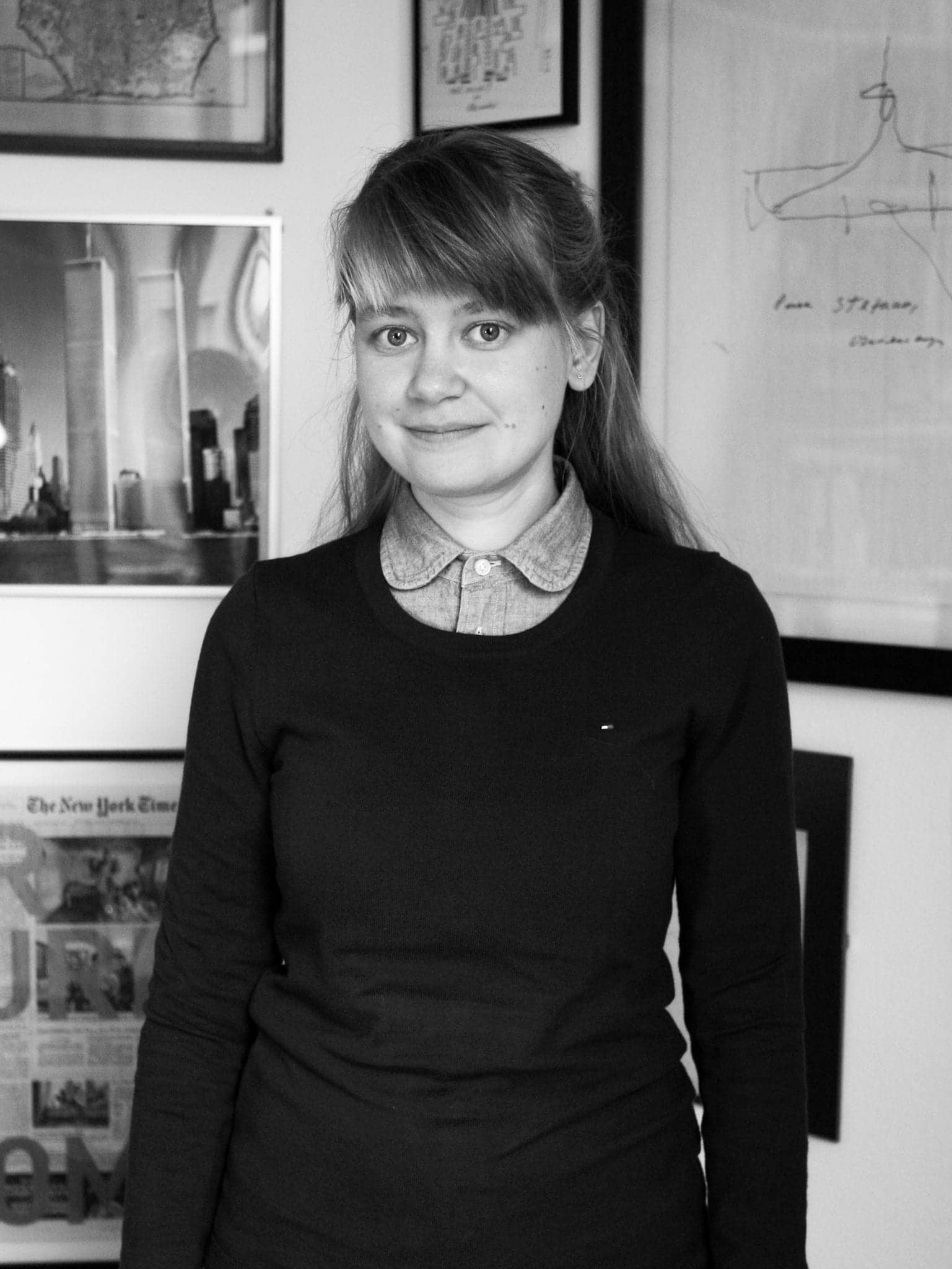
Yulia Filatova
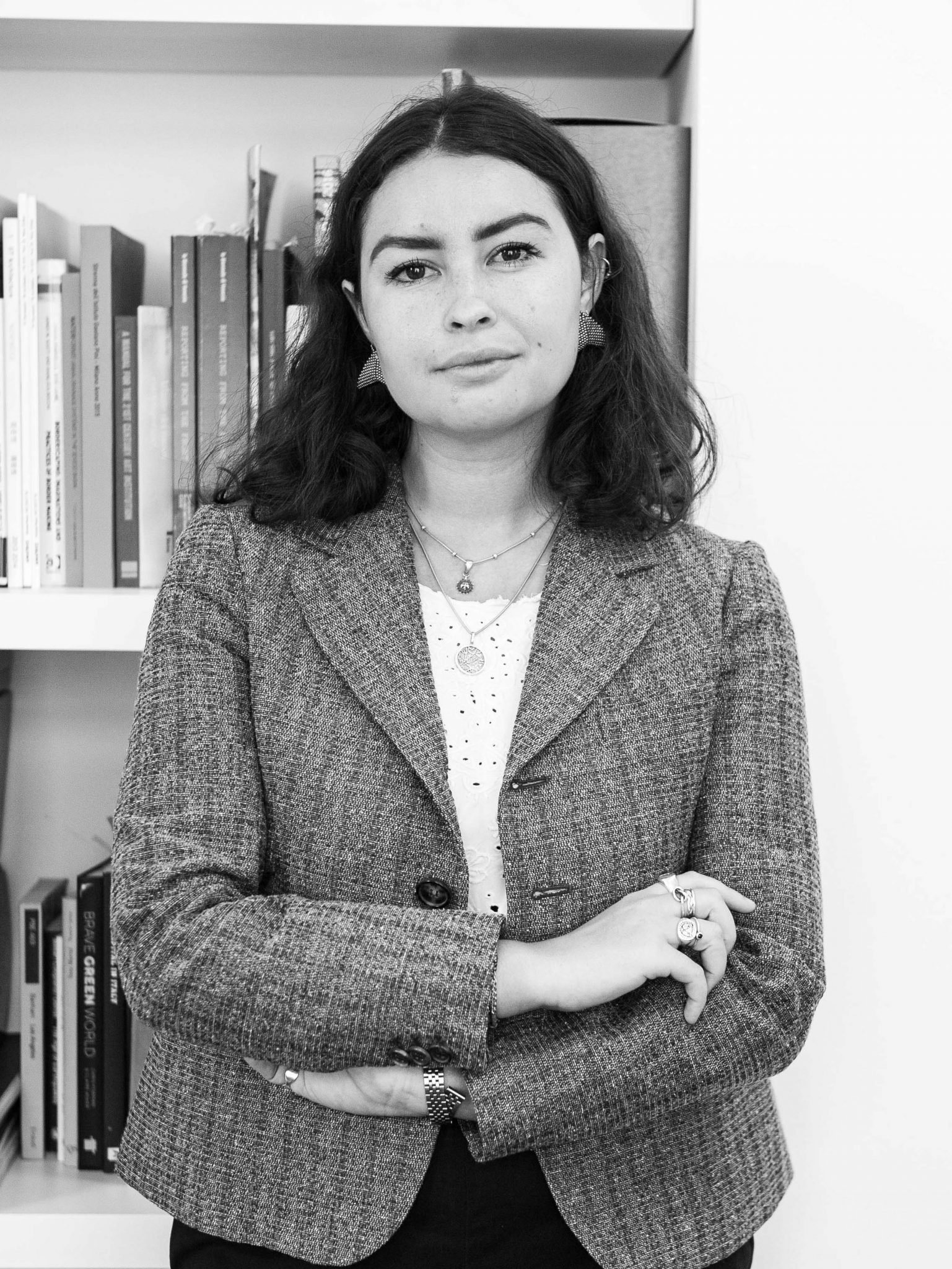
Mira Friedman
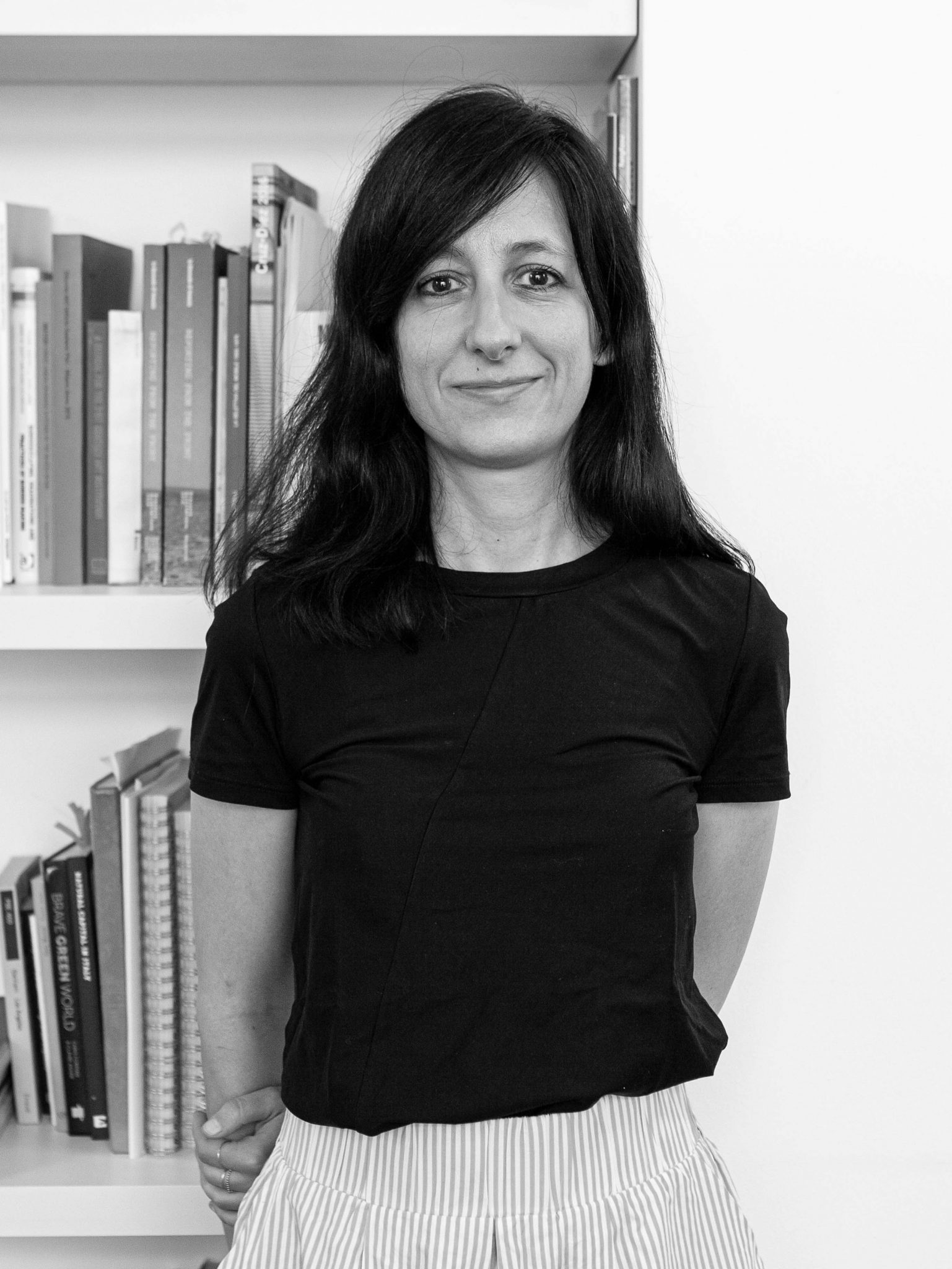
Sara Gangemi
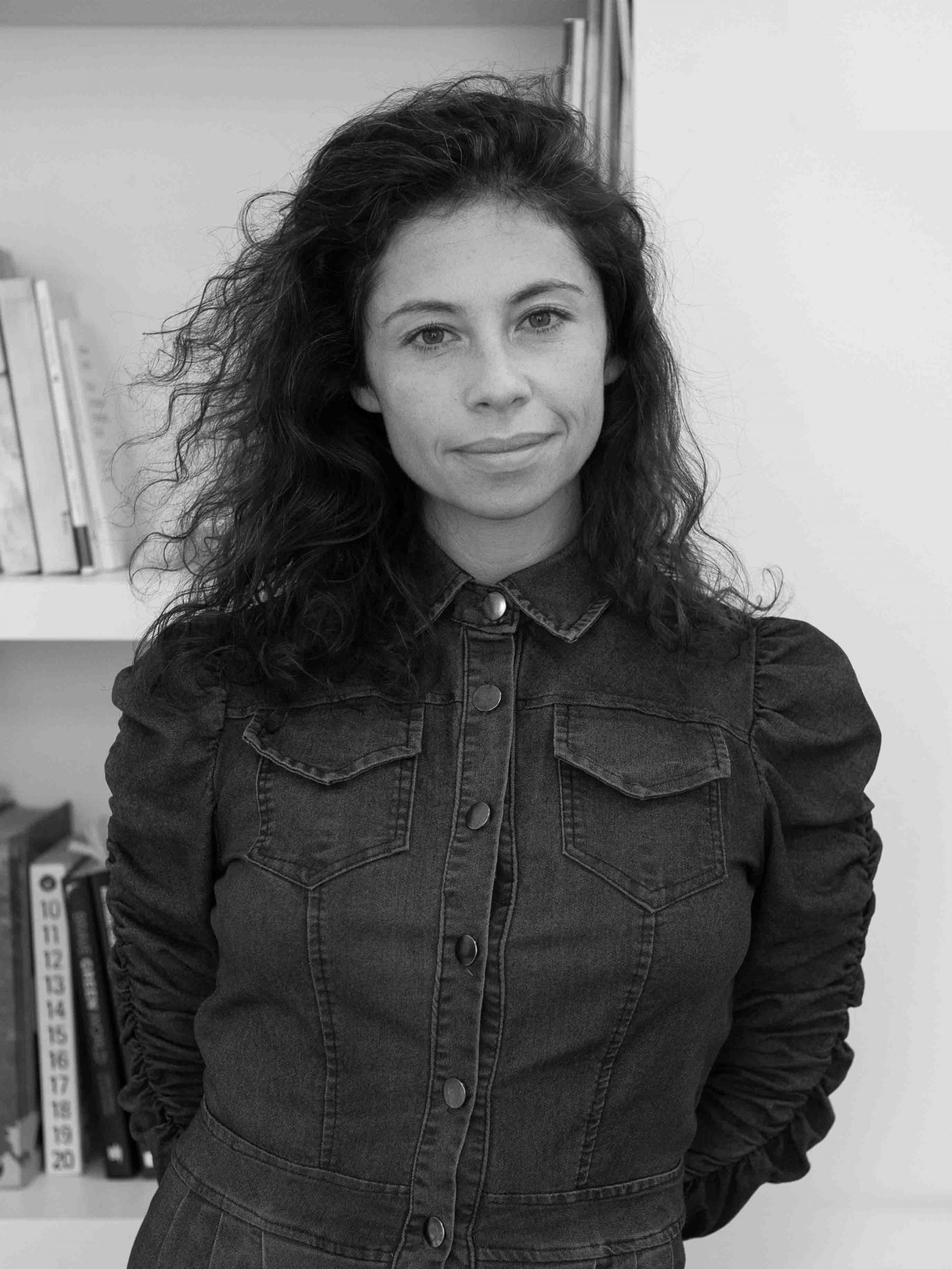
Maura Genovesi
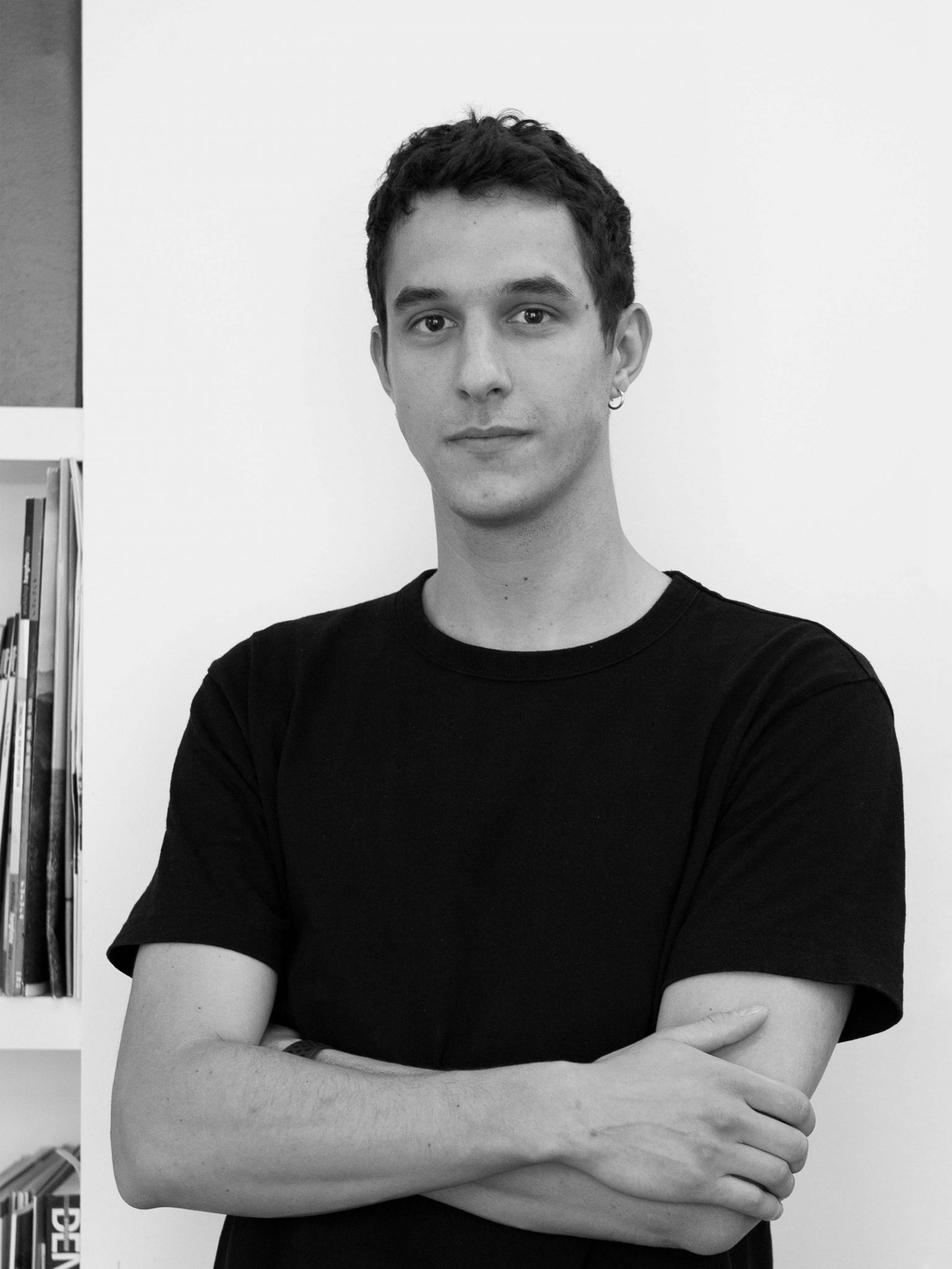
Riccardo Gilioli
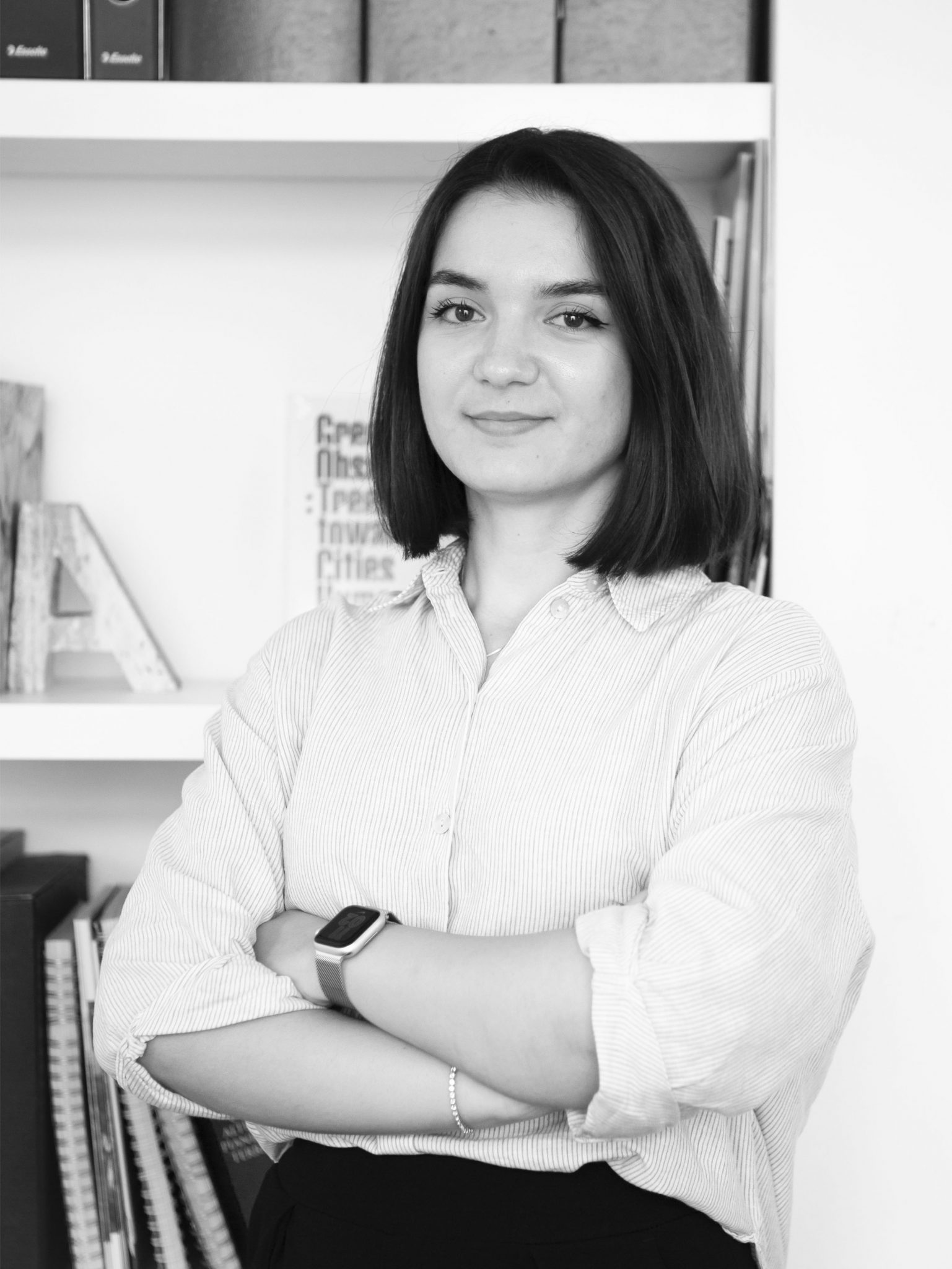
Lorena Hasani
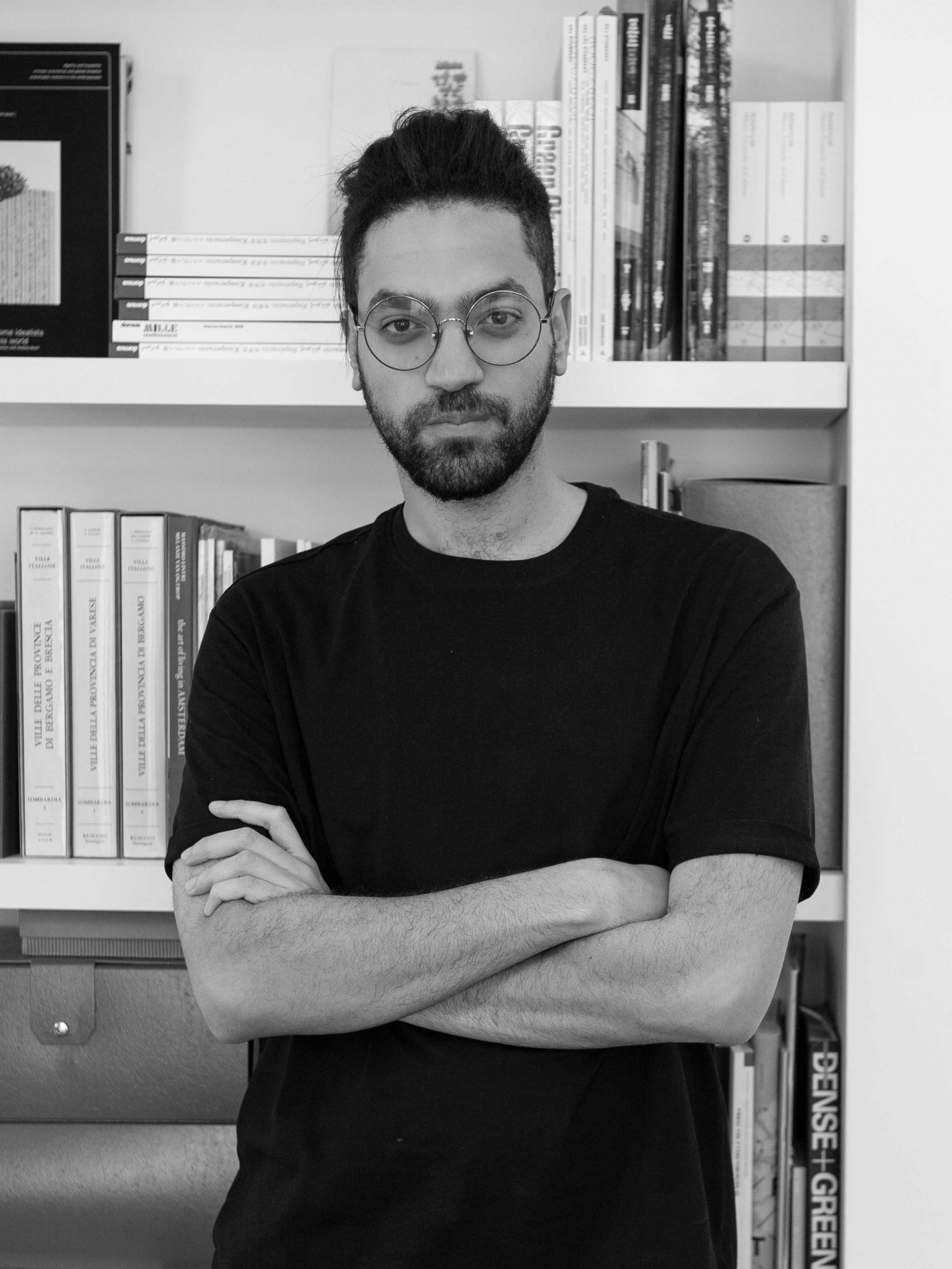
Mohamed Hassan Elgendy
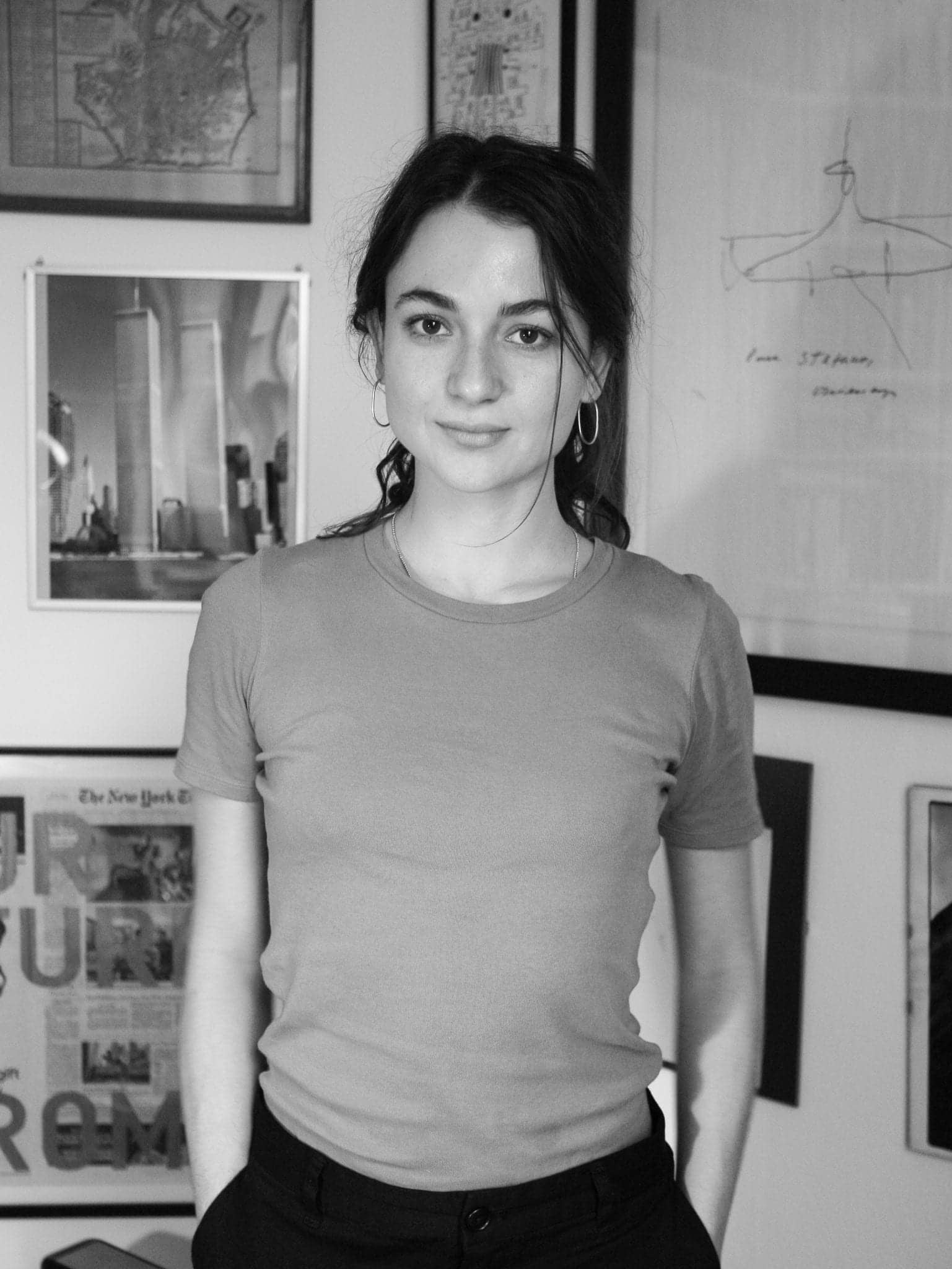
Paloma Herrero
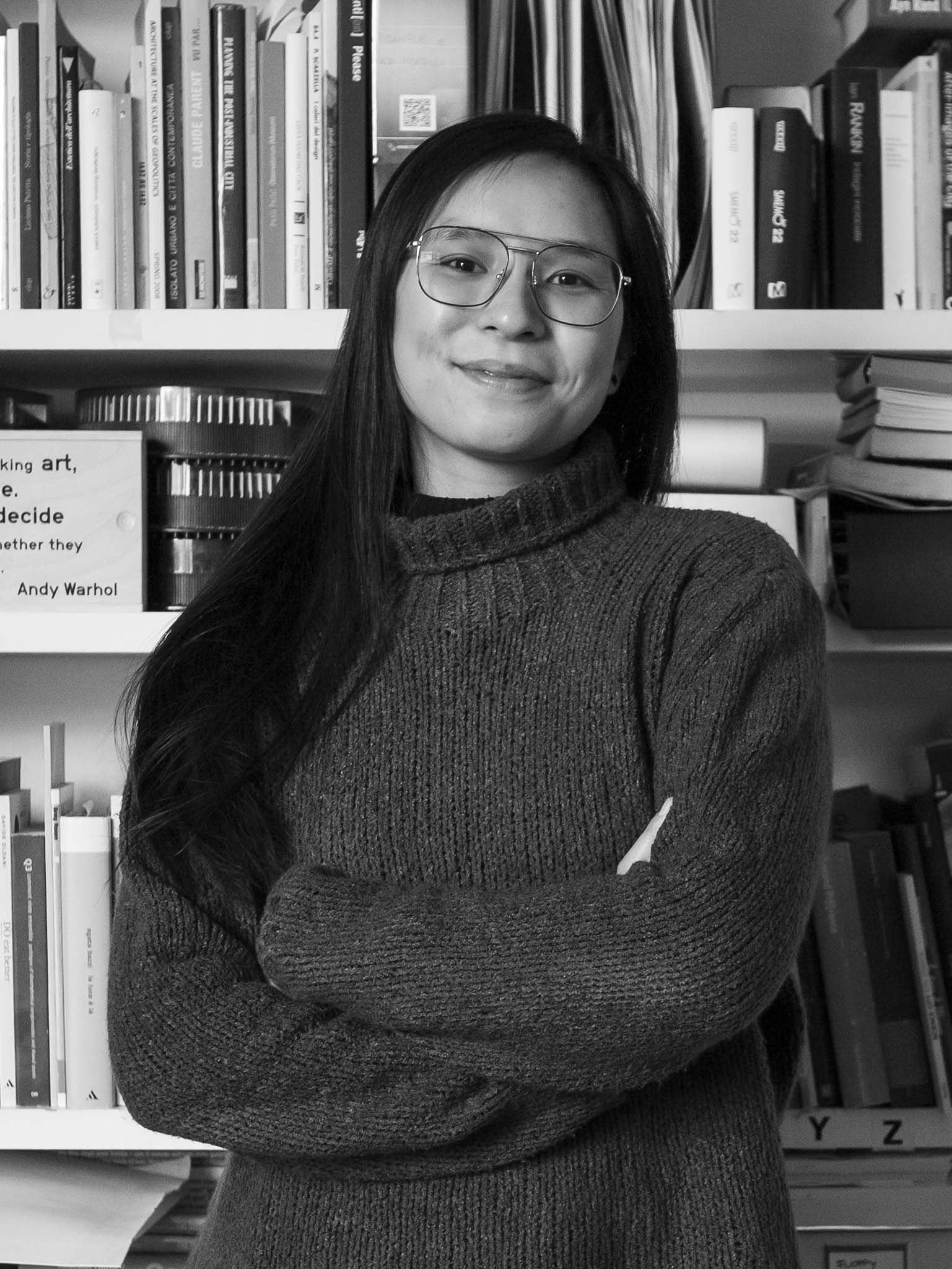
Sofia Huang
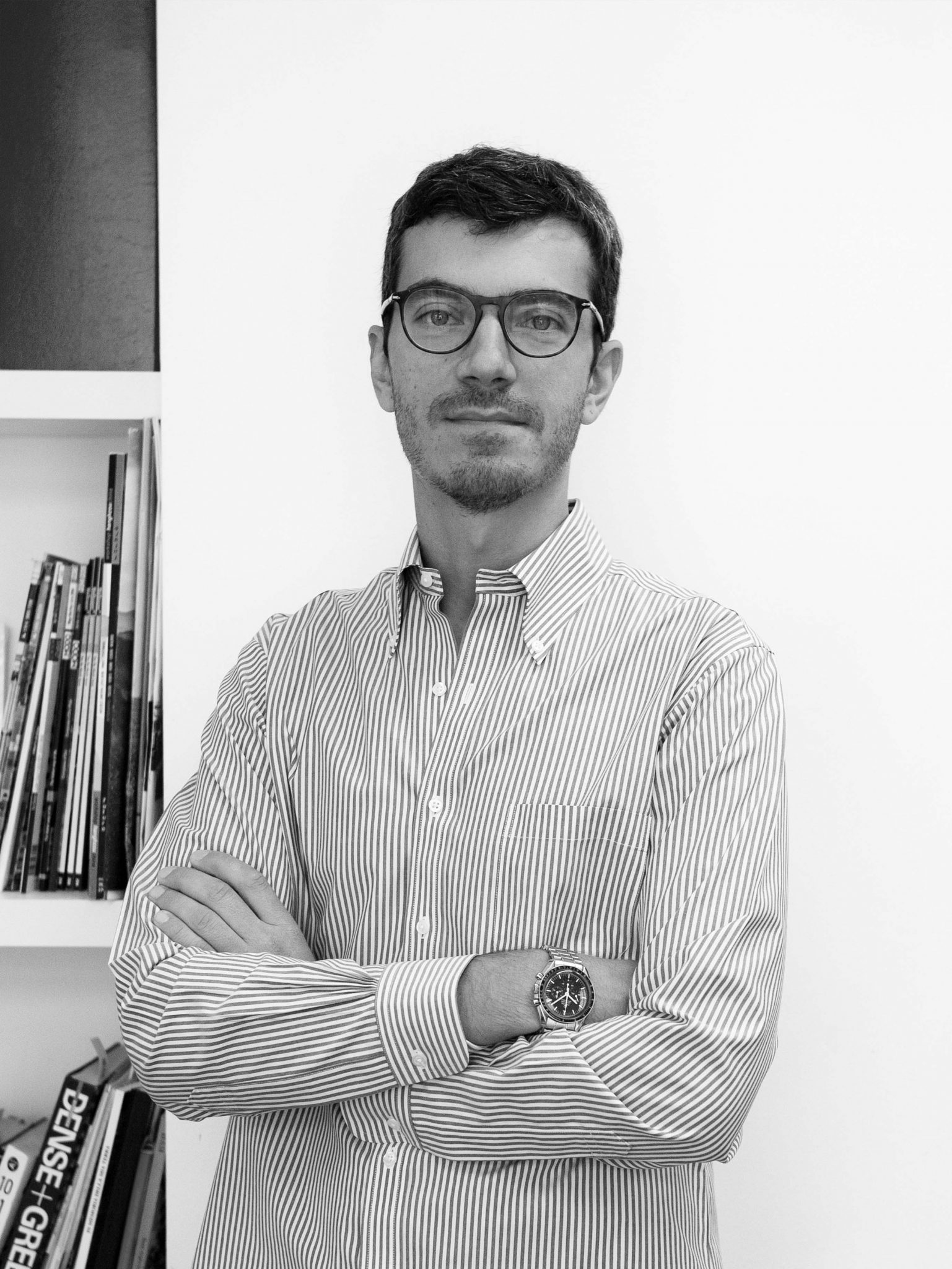
Stefano Ivaldi
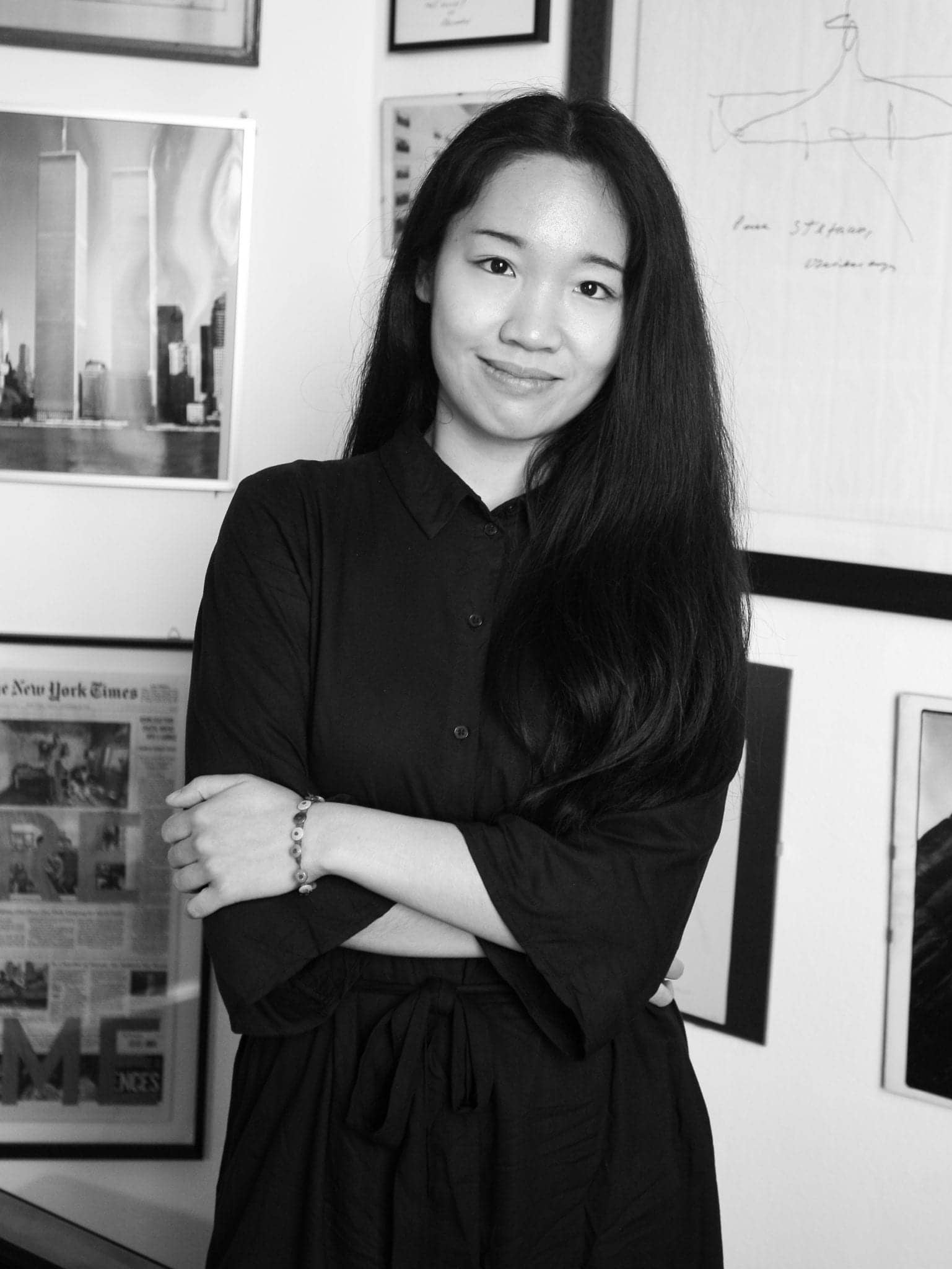
Guoyin Jiang
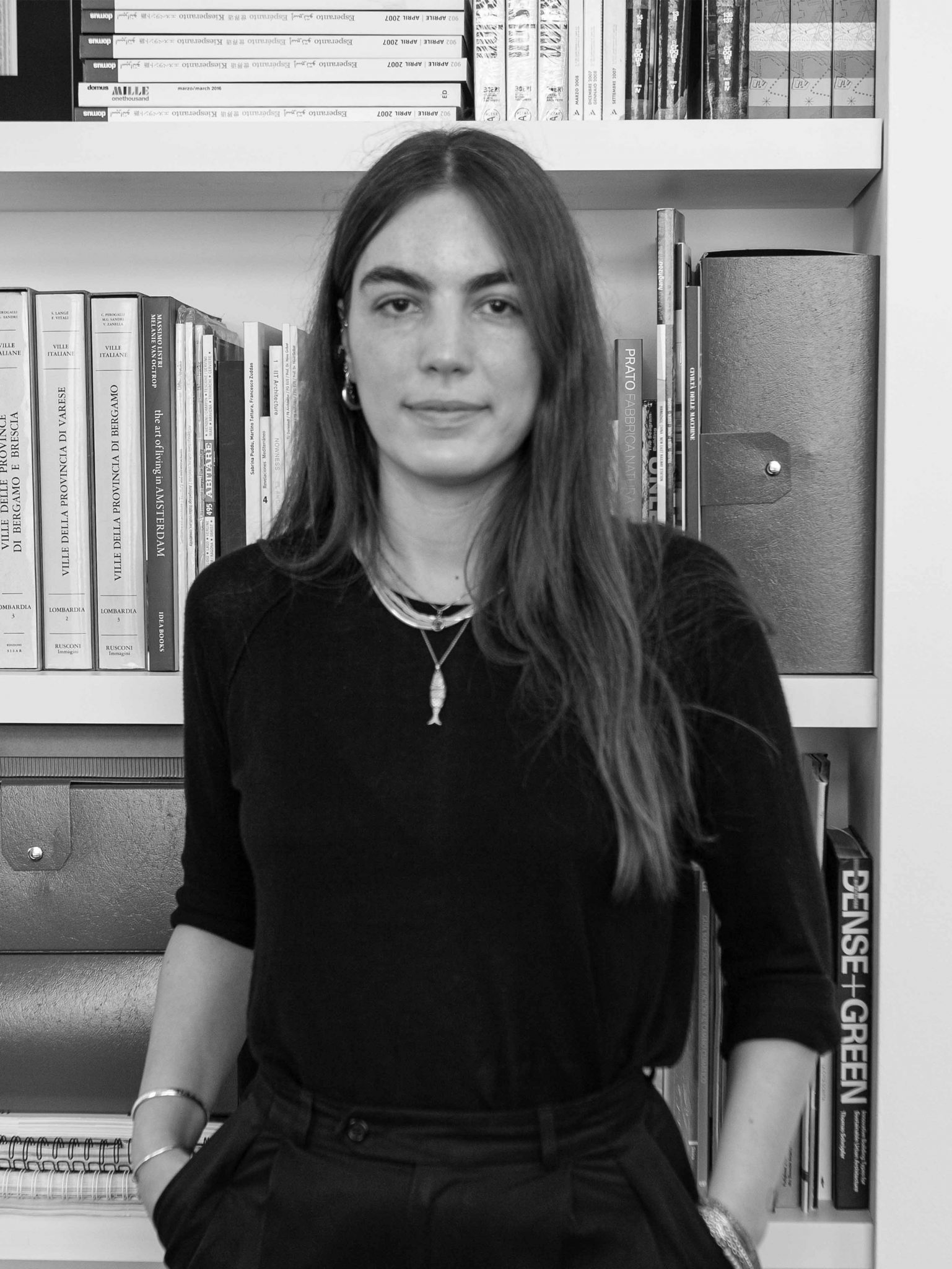
Klodiana Kajmaku
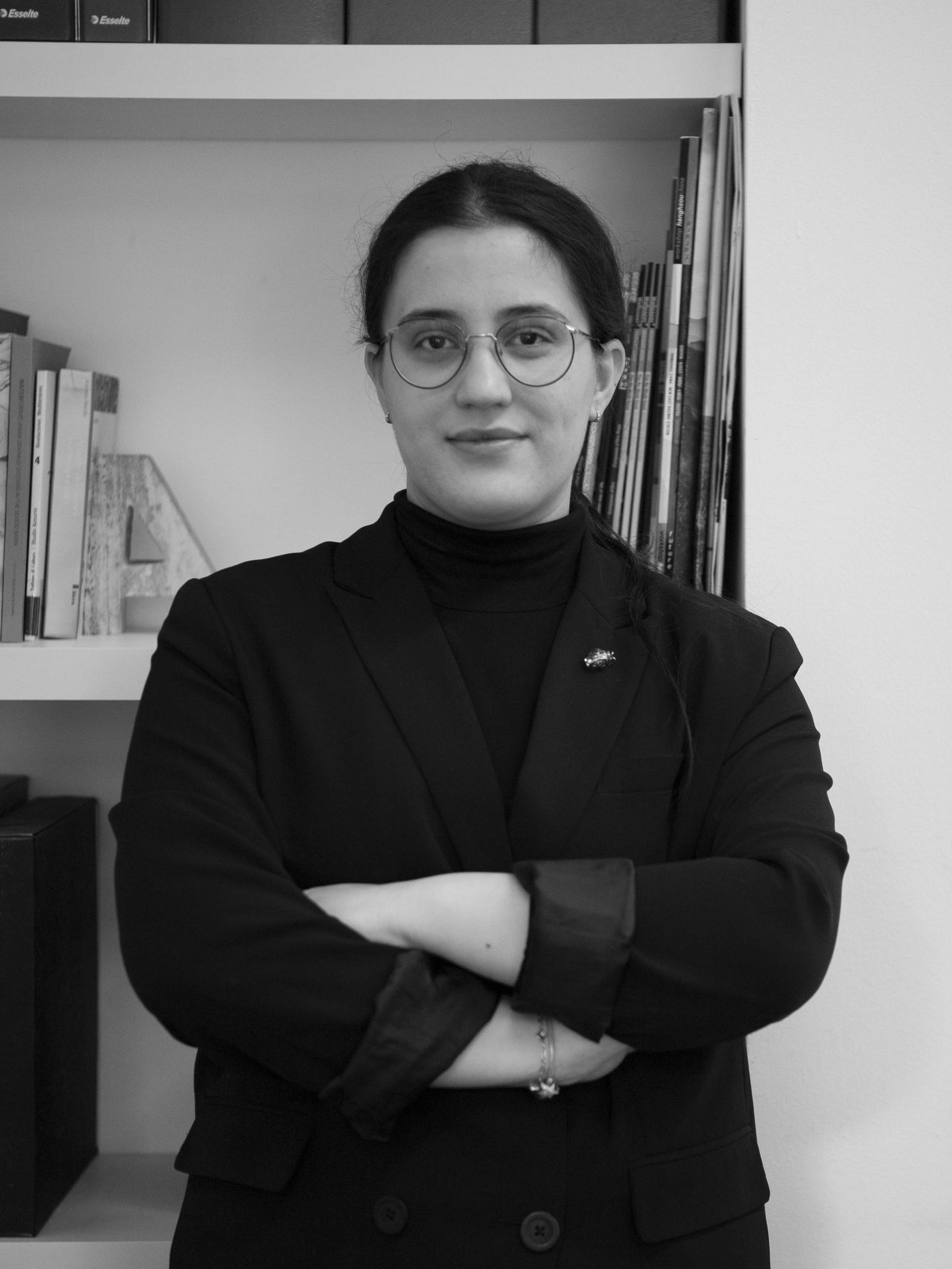
Sara Koçi
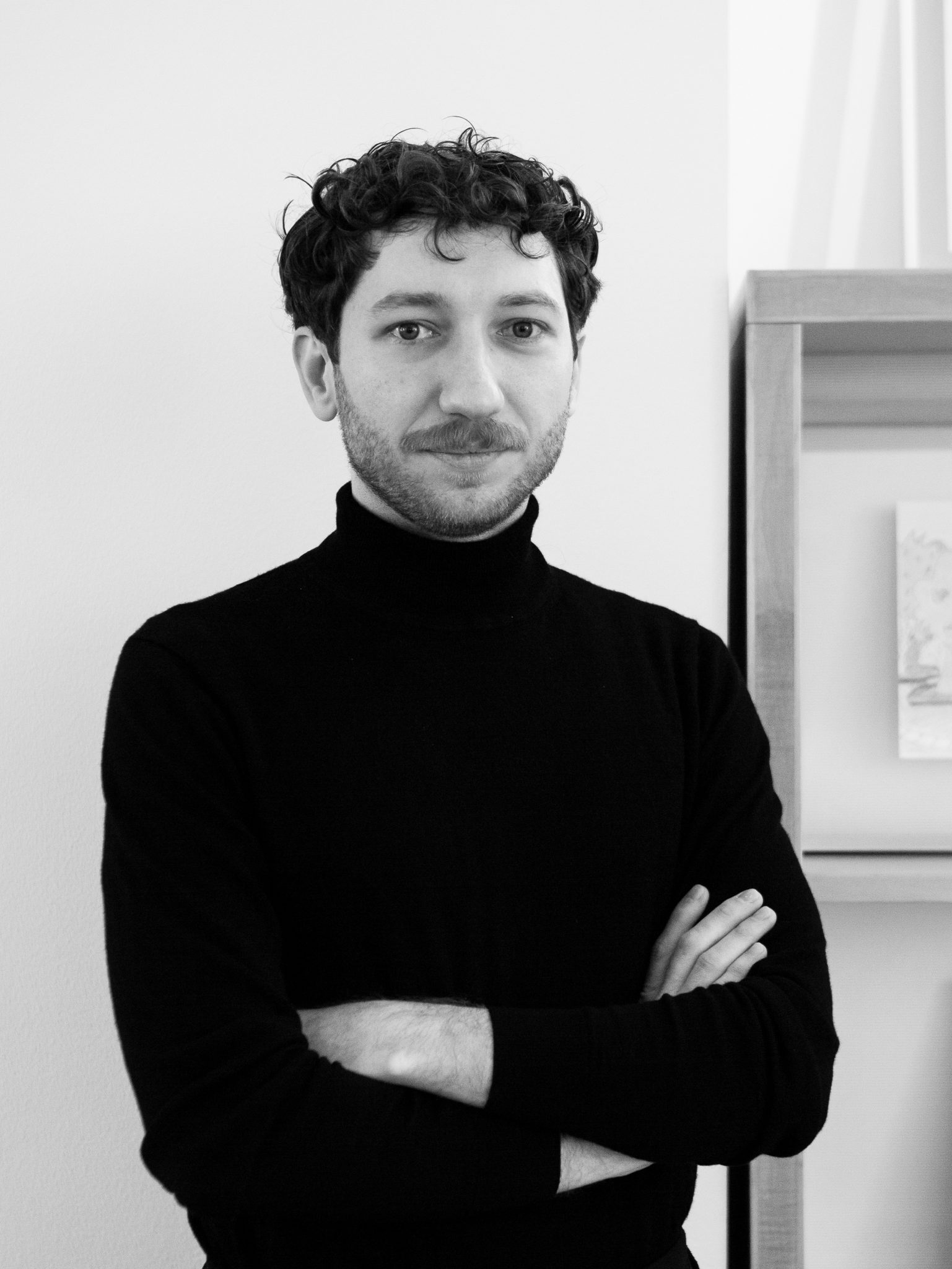
Yazan Kondakji
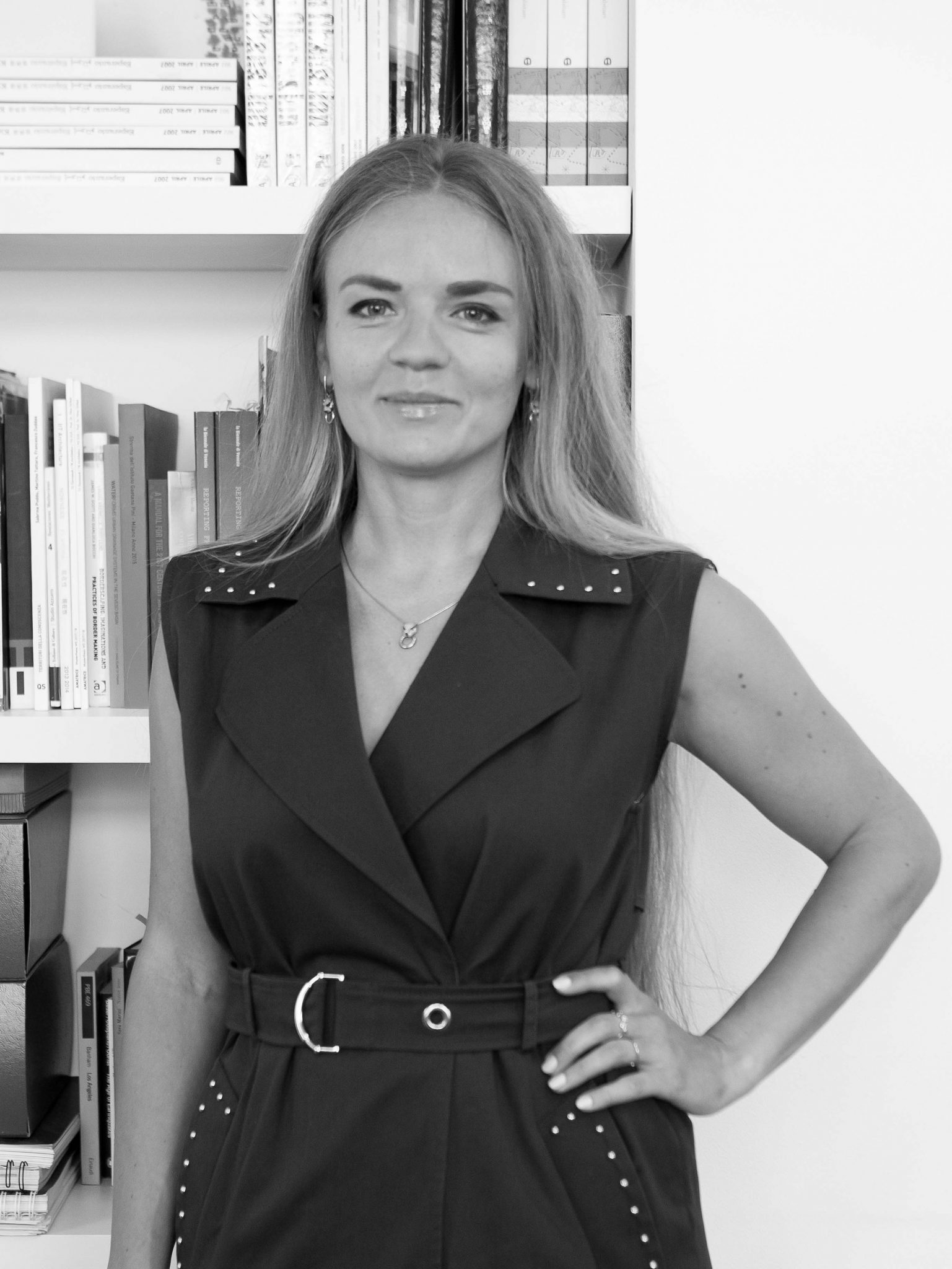
Anastasia Kucherova
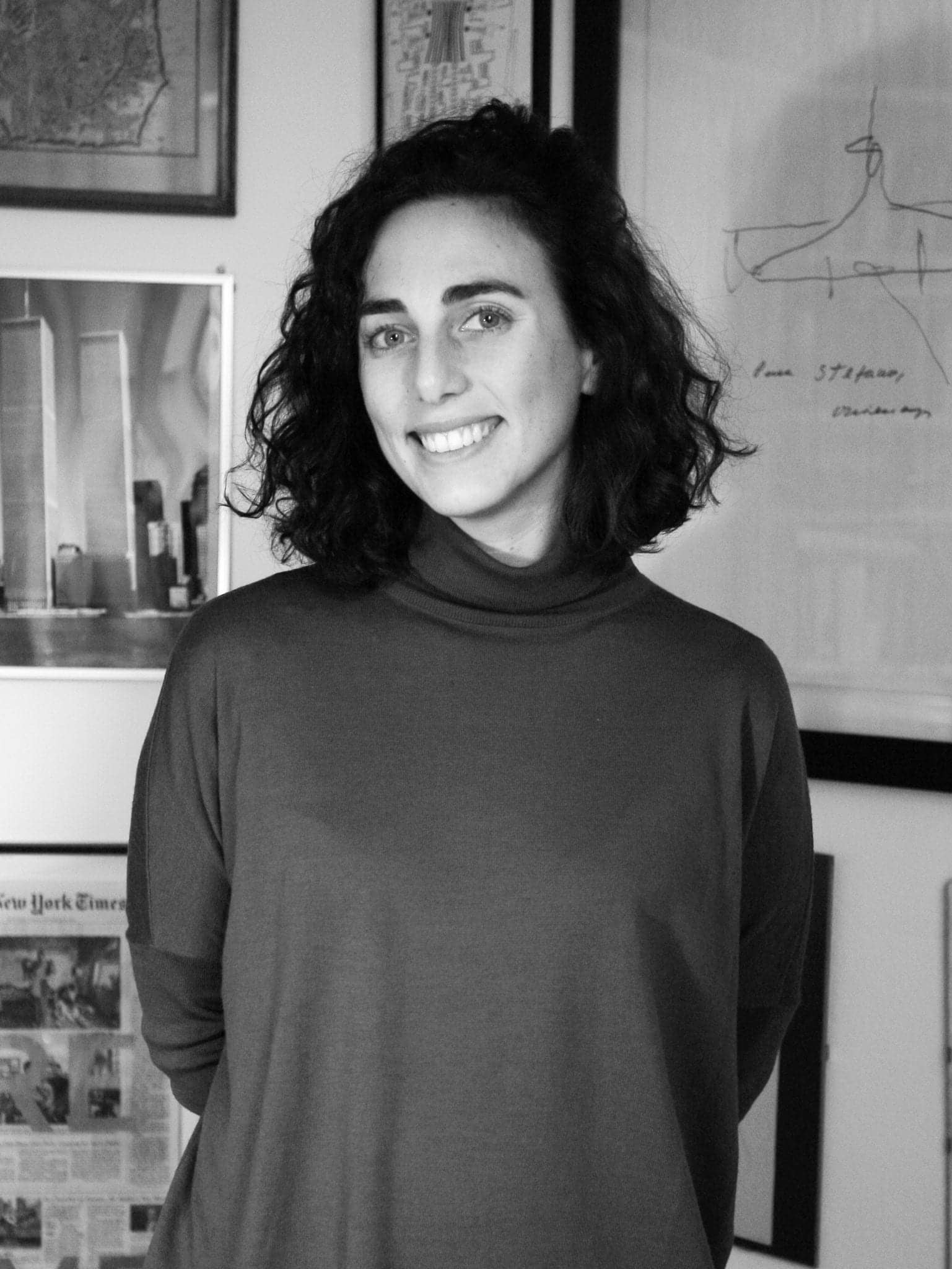
Alessandra Magnetti
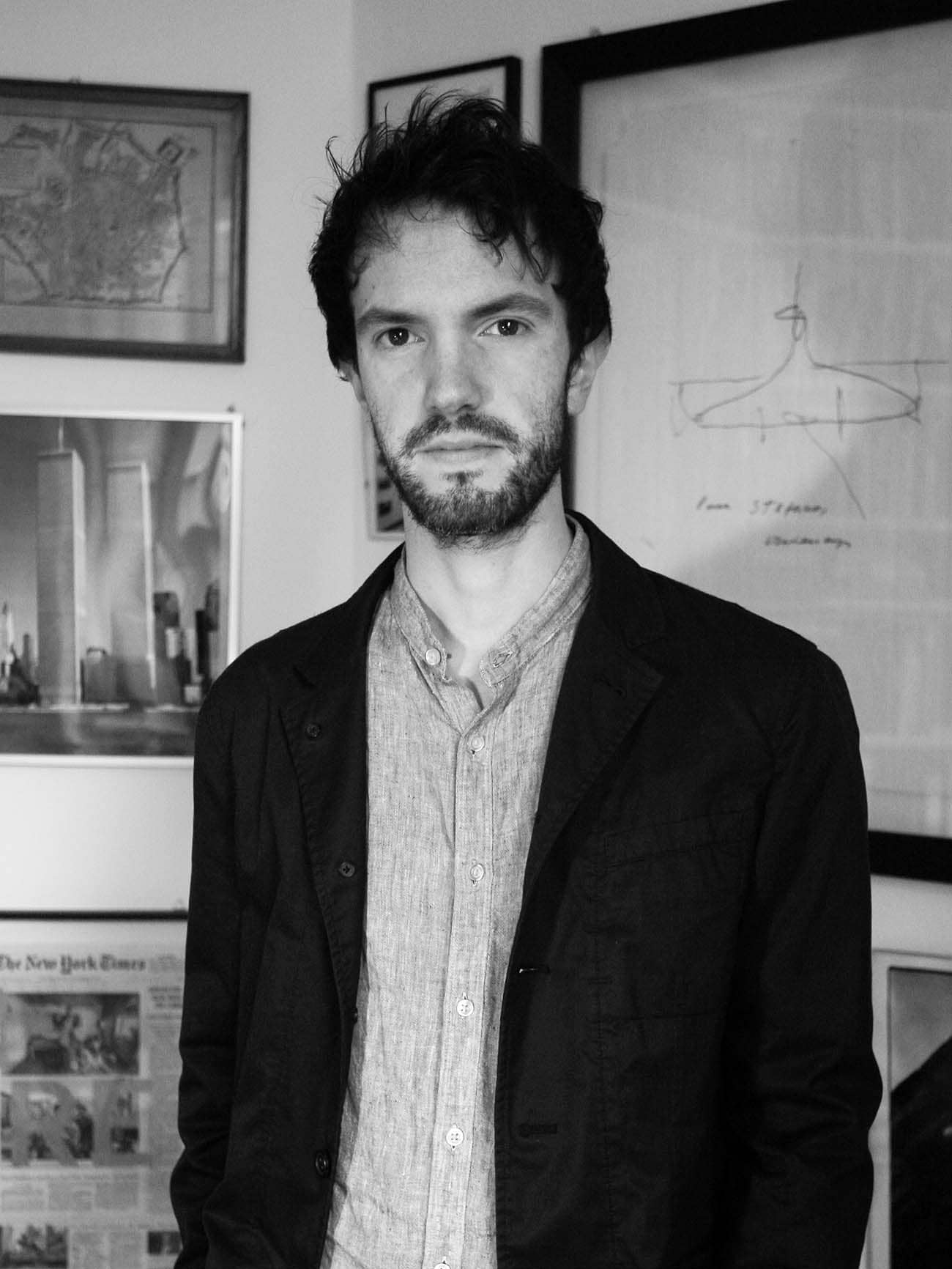
Simone Marchetti
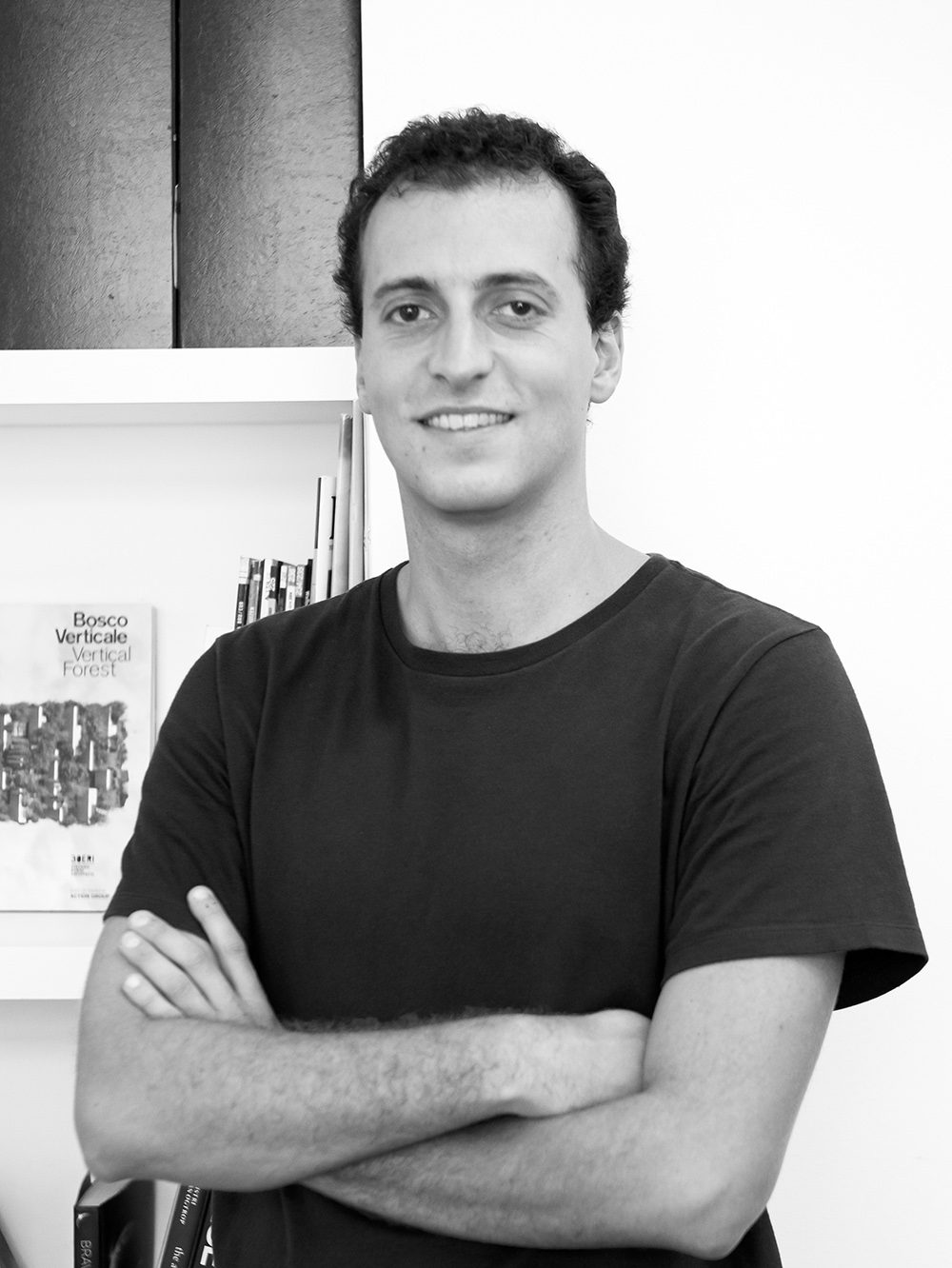
Simone Marzorati
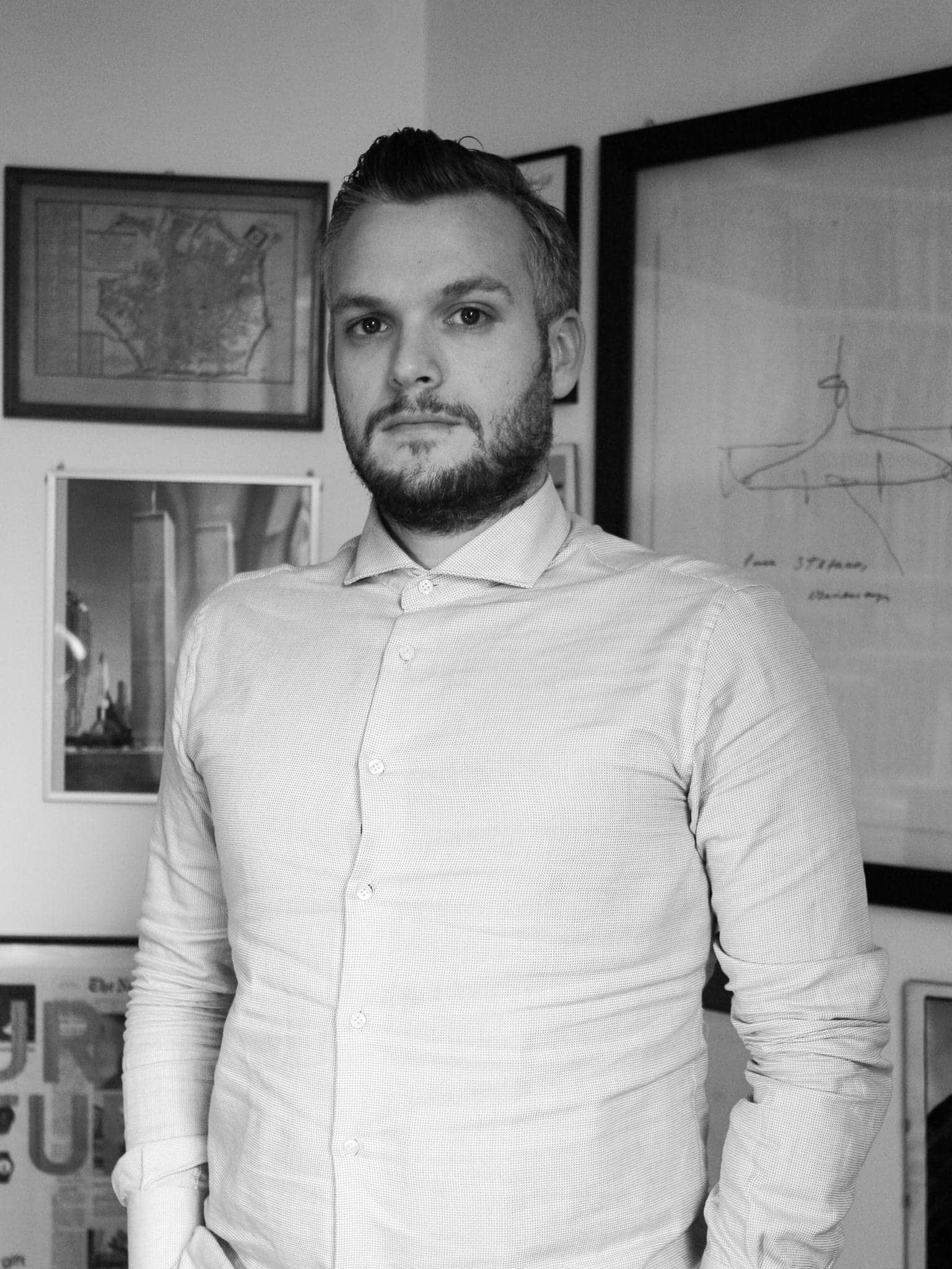
Lorenzo Masotto
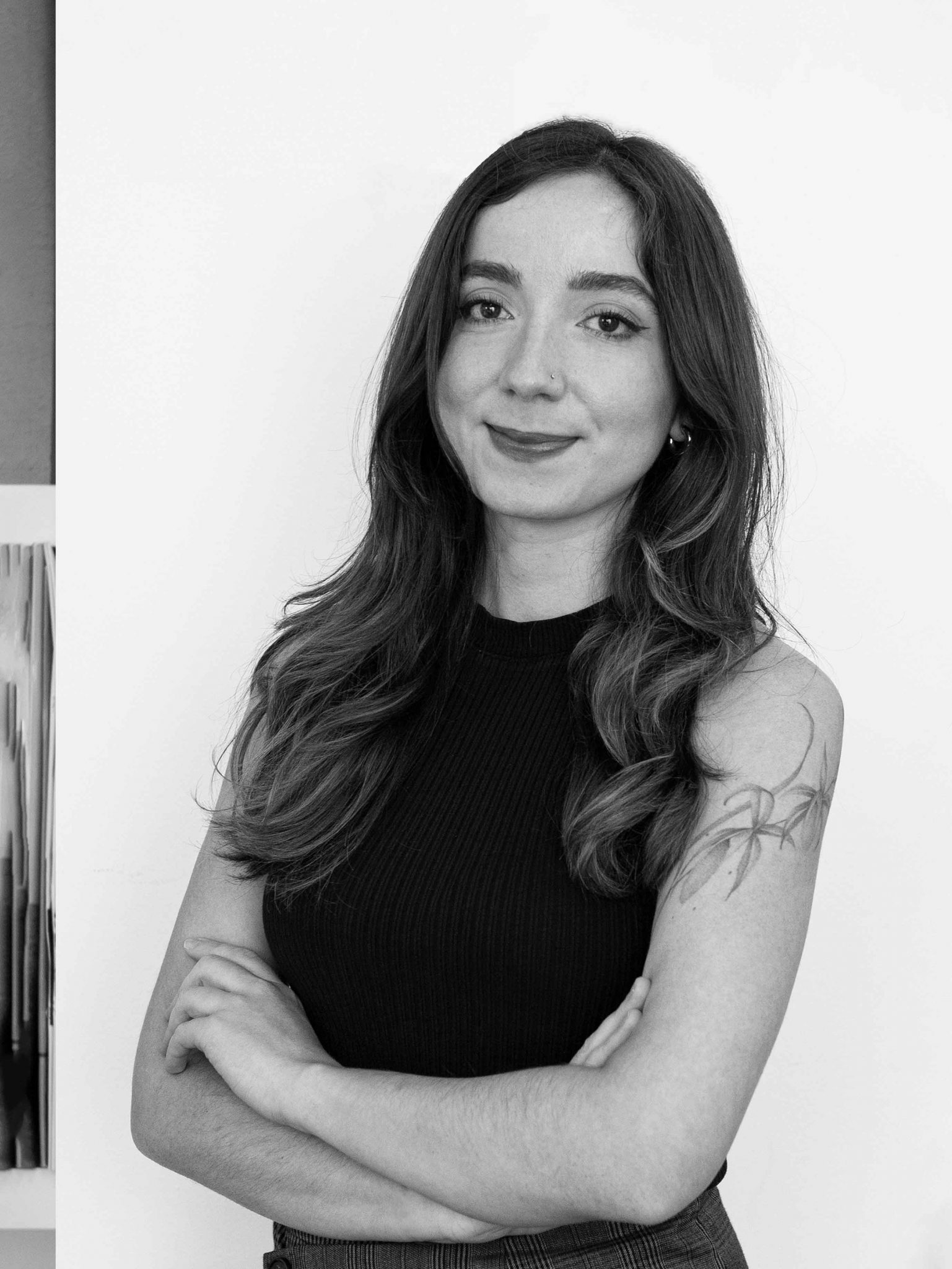
Gabriela Mattei
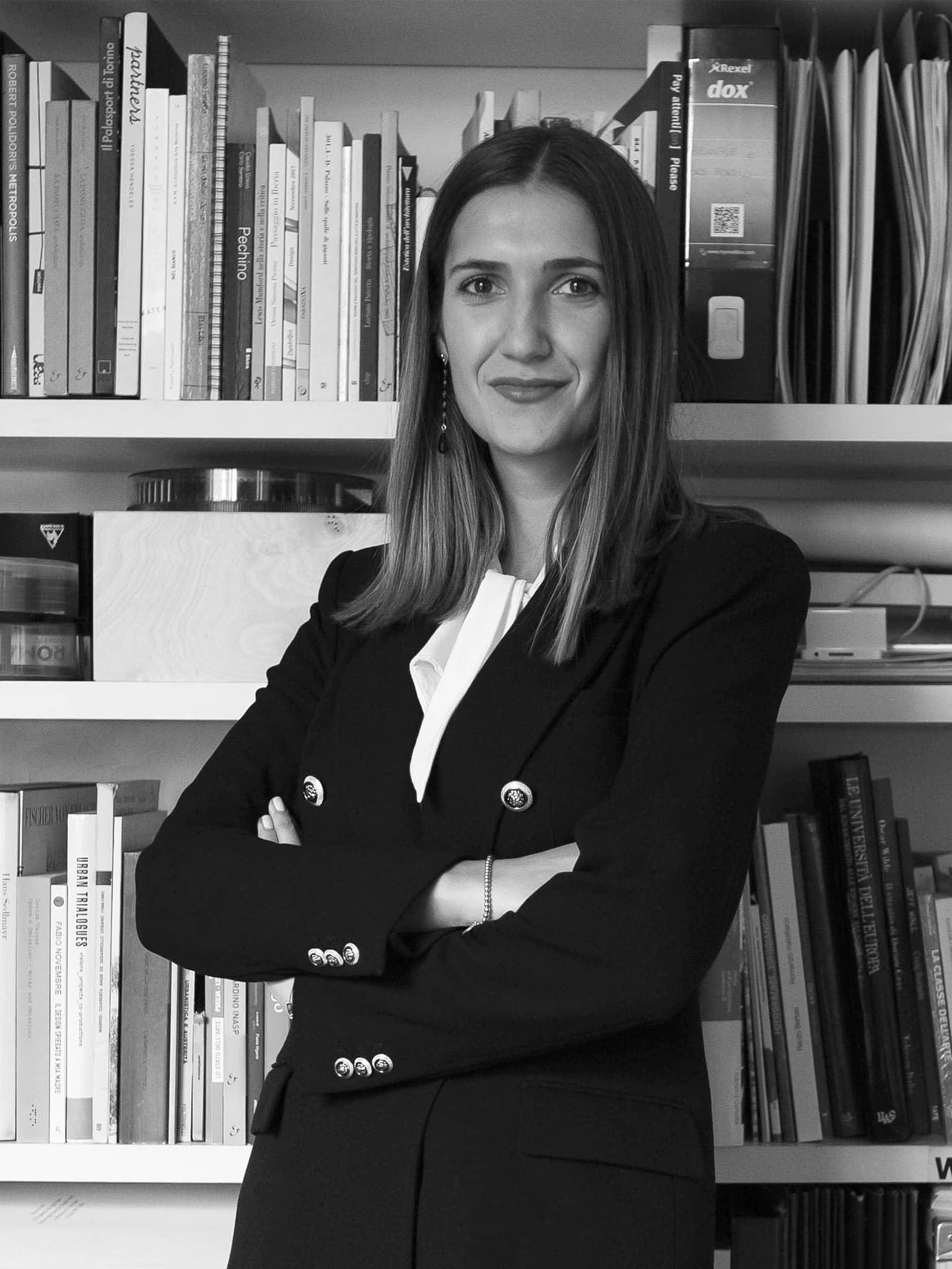
Dragana Mikavica
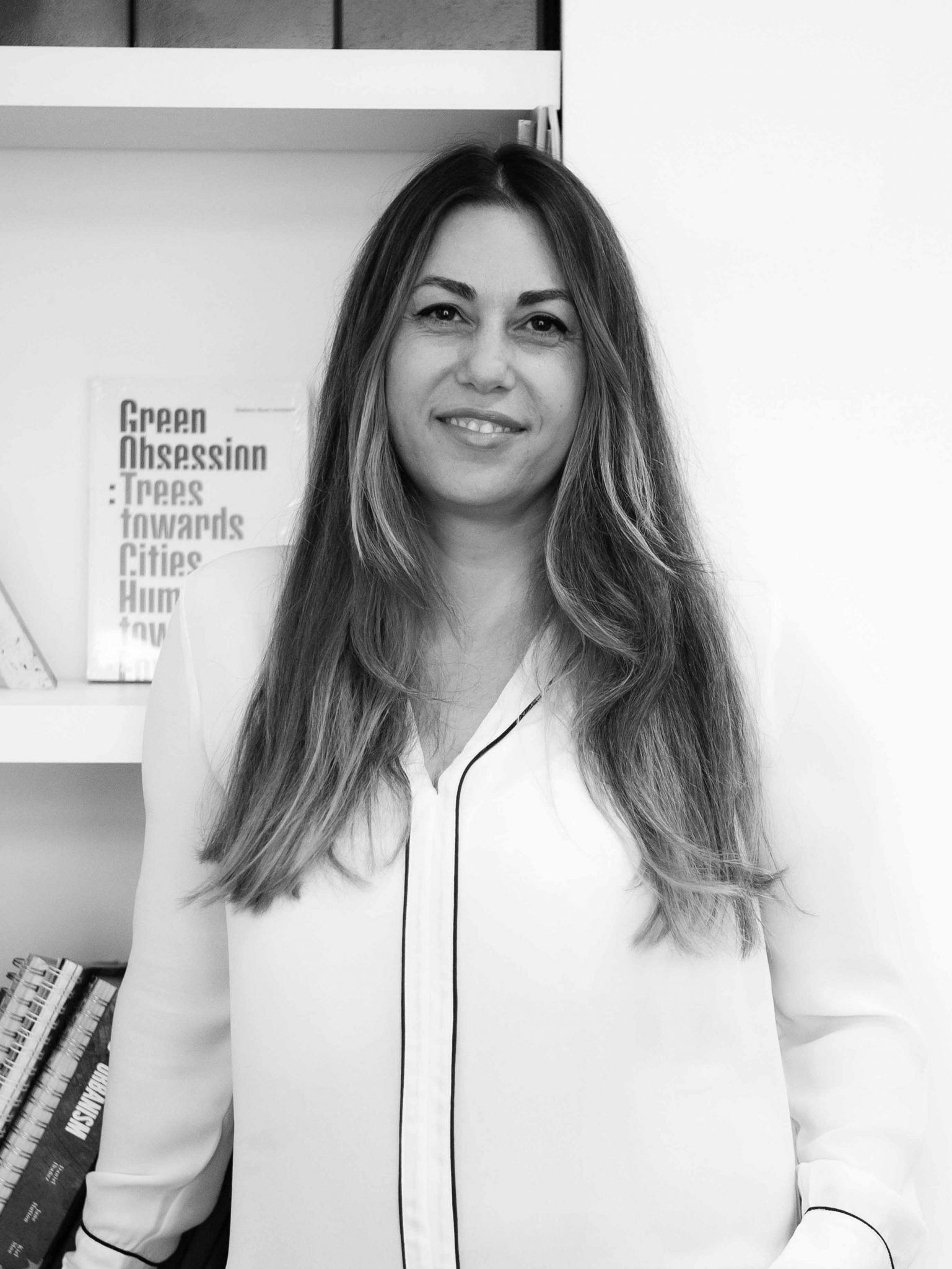
Besa Misa
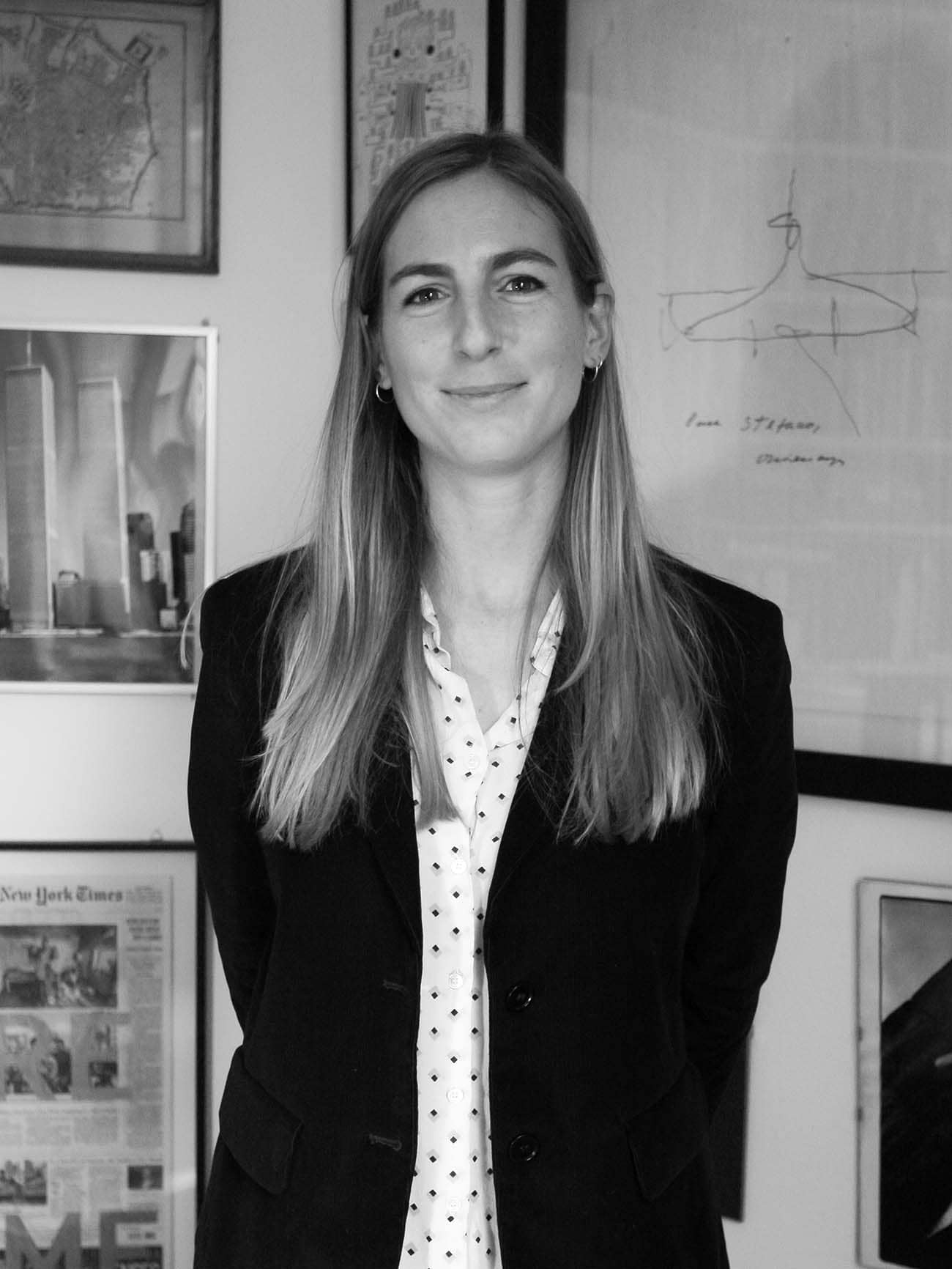
Sofia Paoli
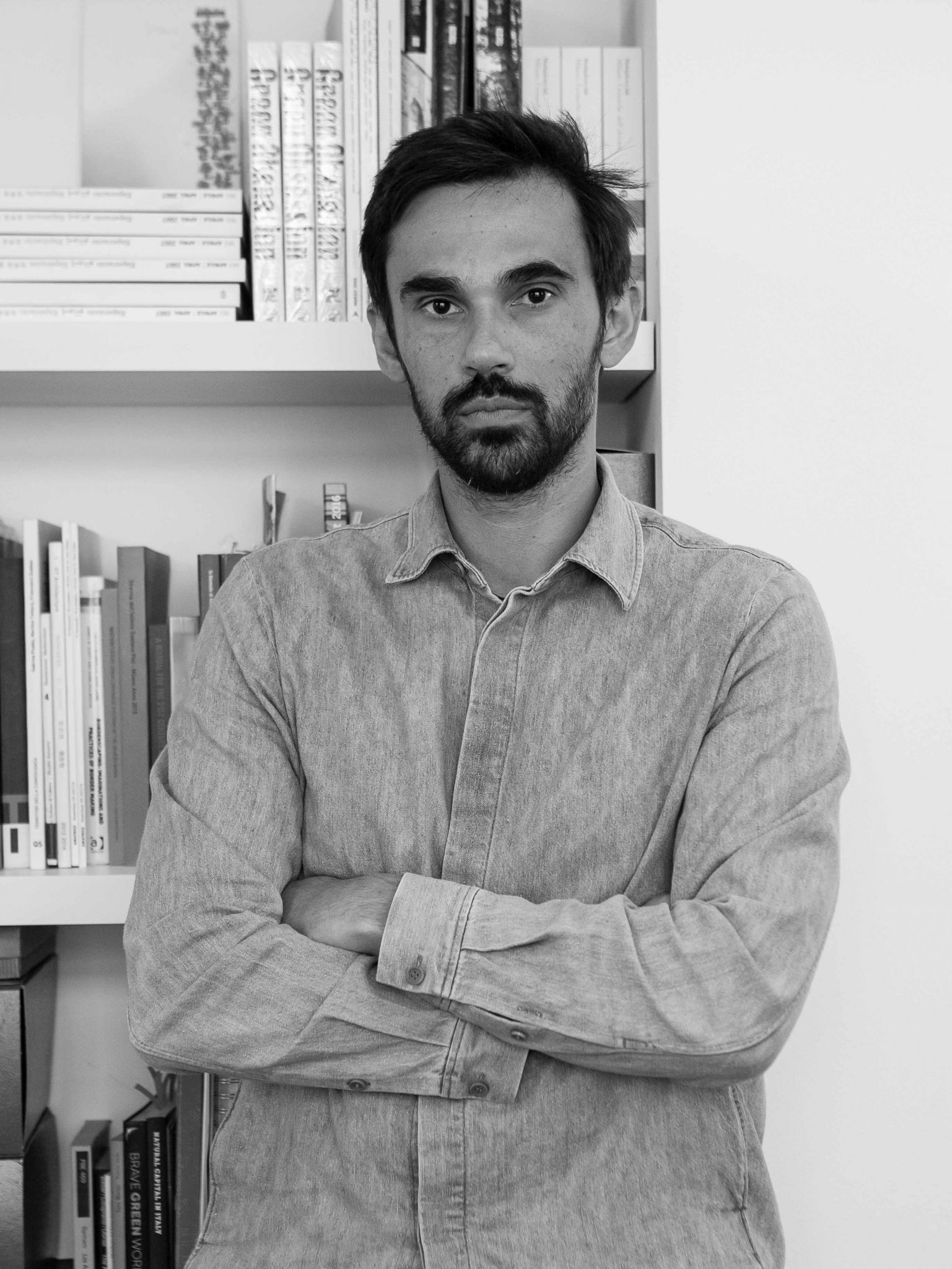
Marco Neri
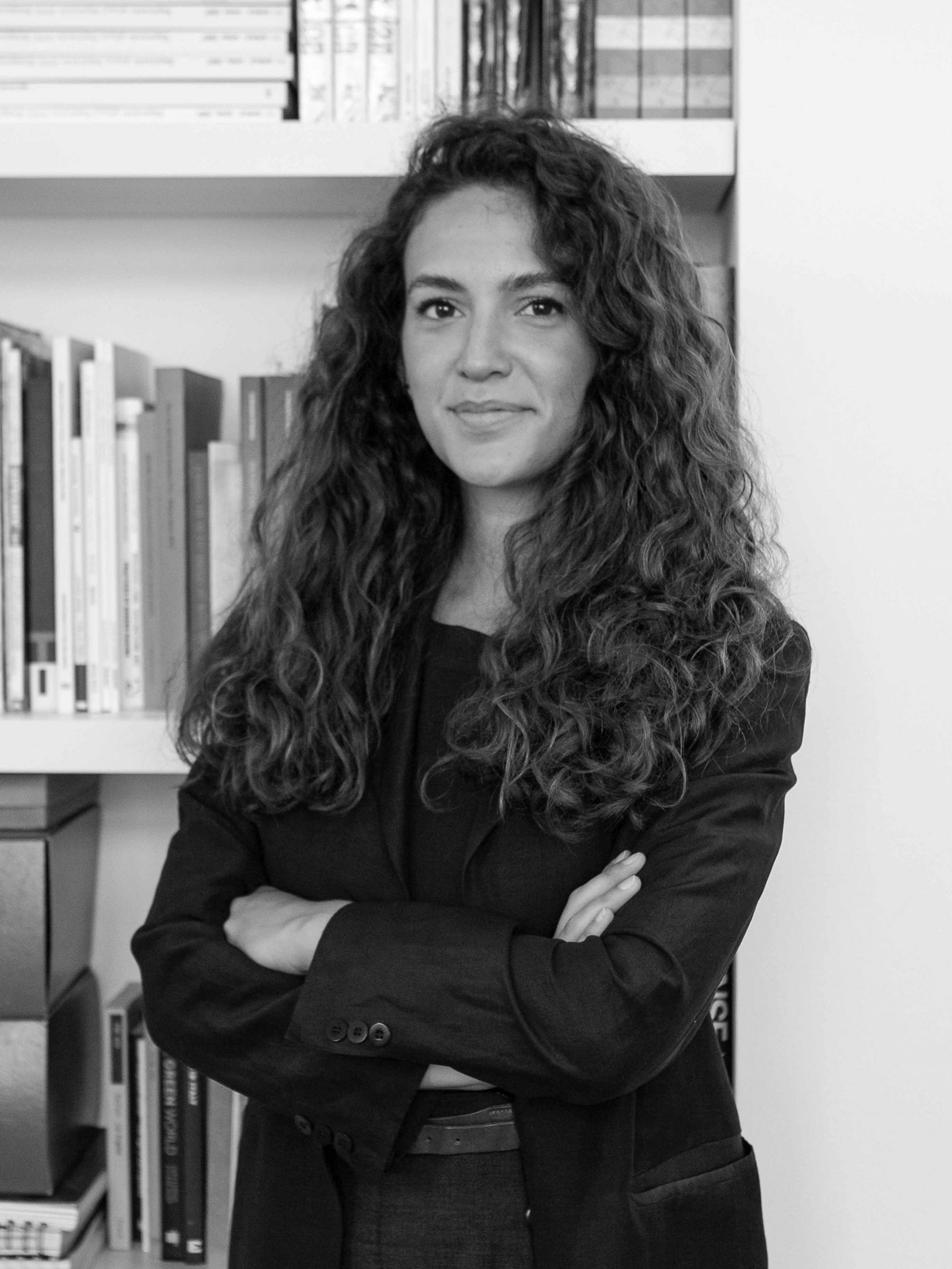
Francesca Lina Pincella
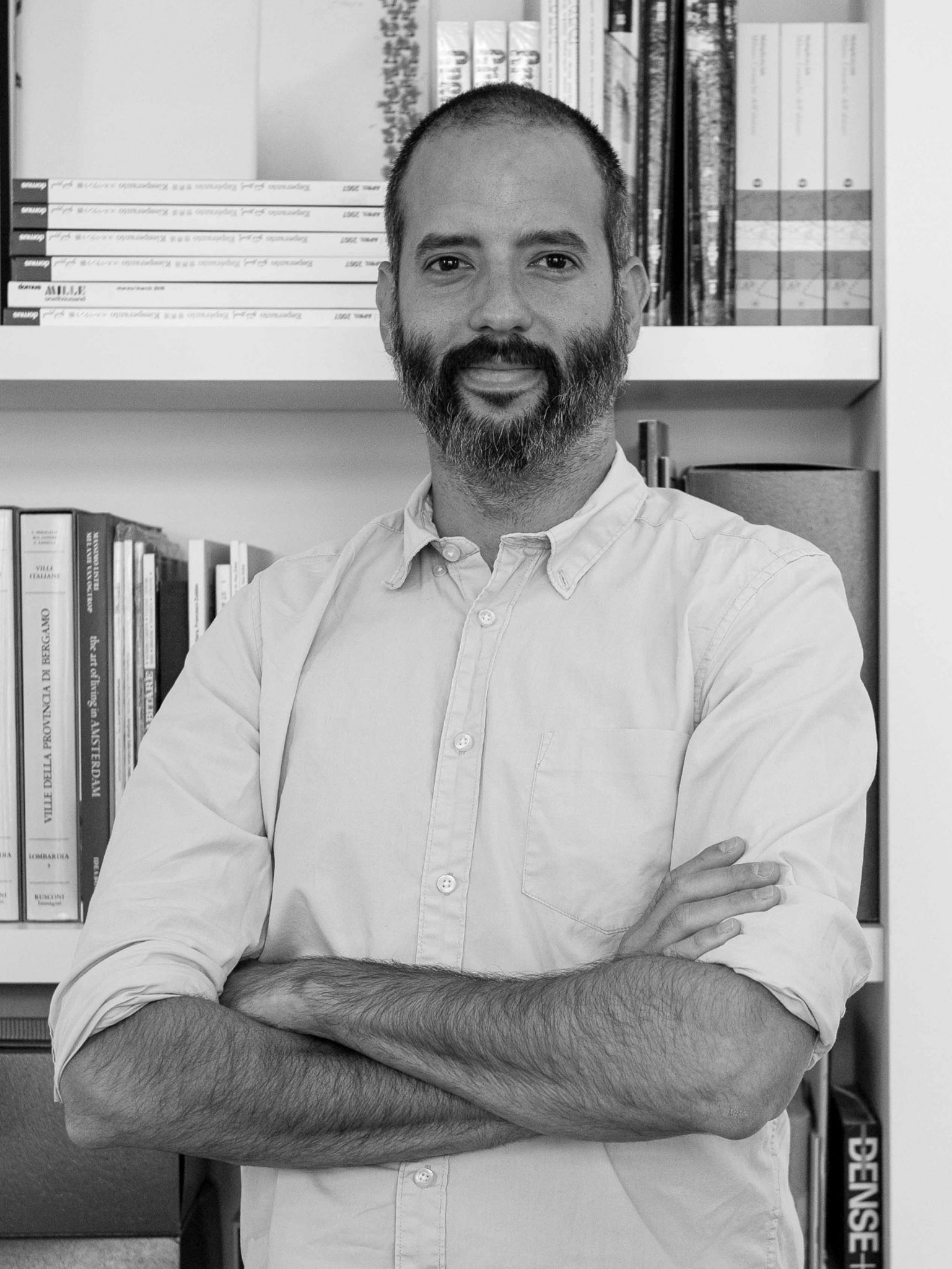
Luis Pimentel
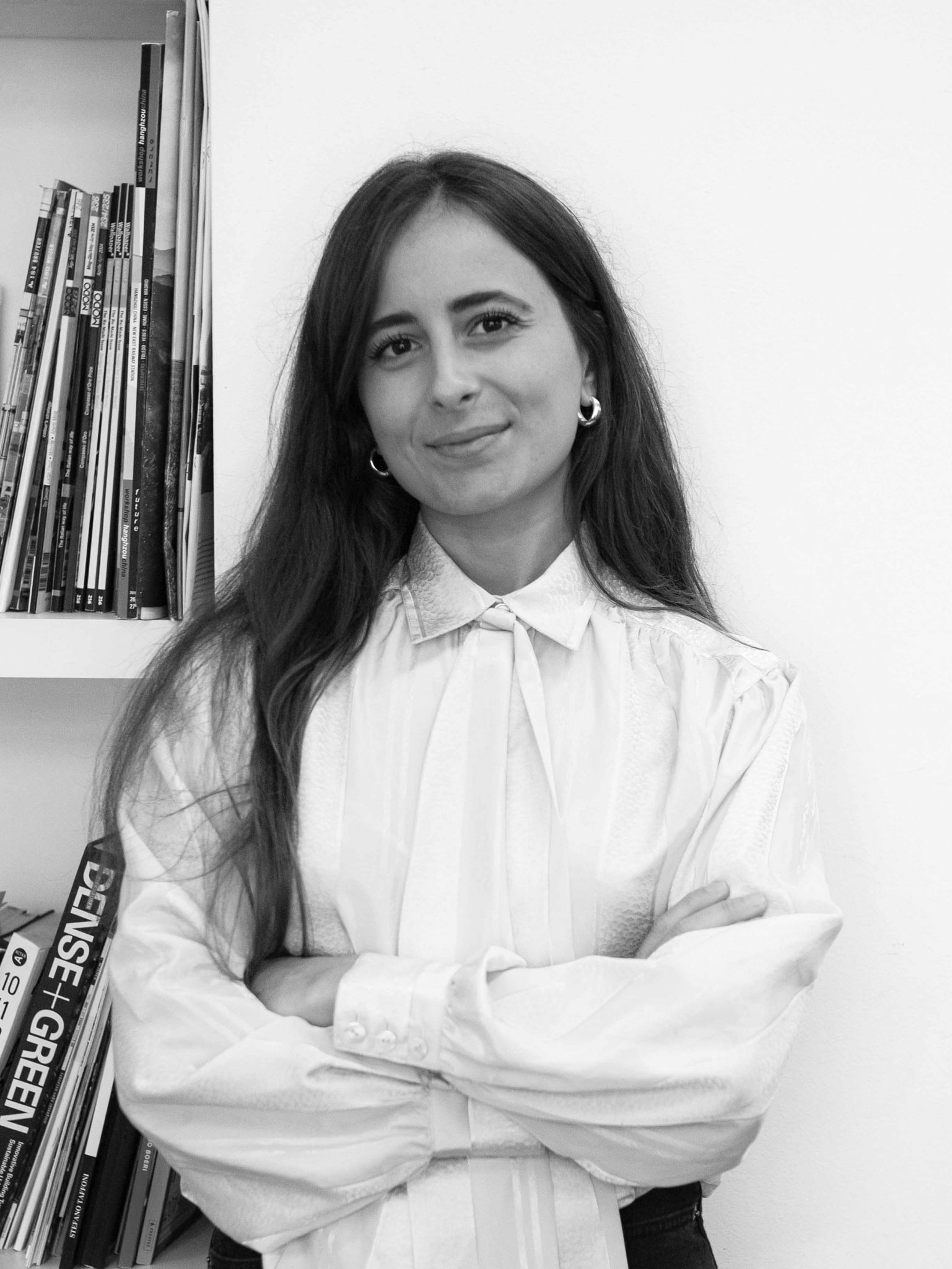
Francesca Porro
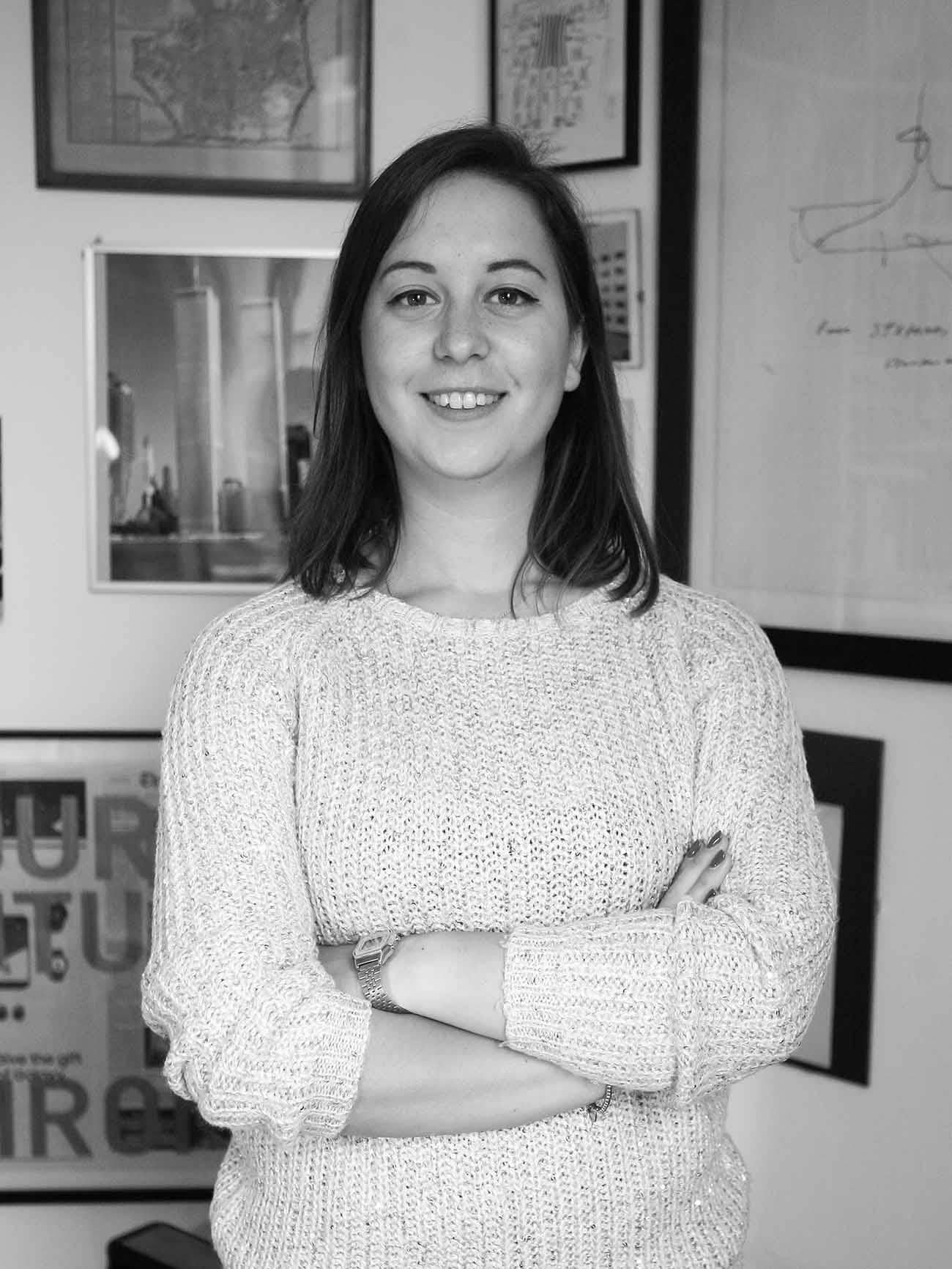
Martina Ronconi
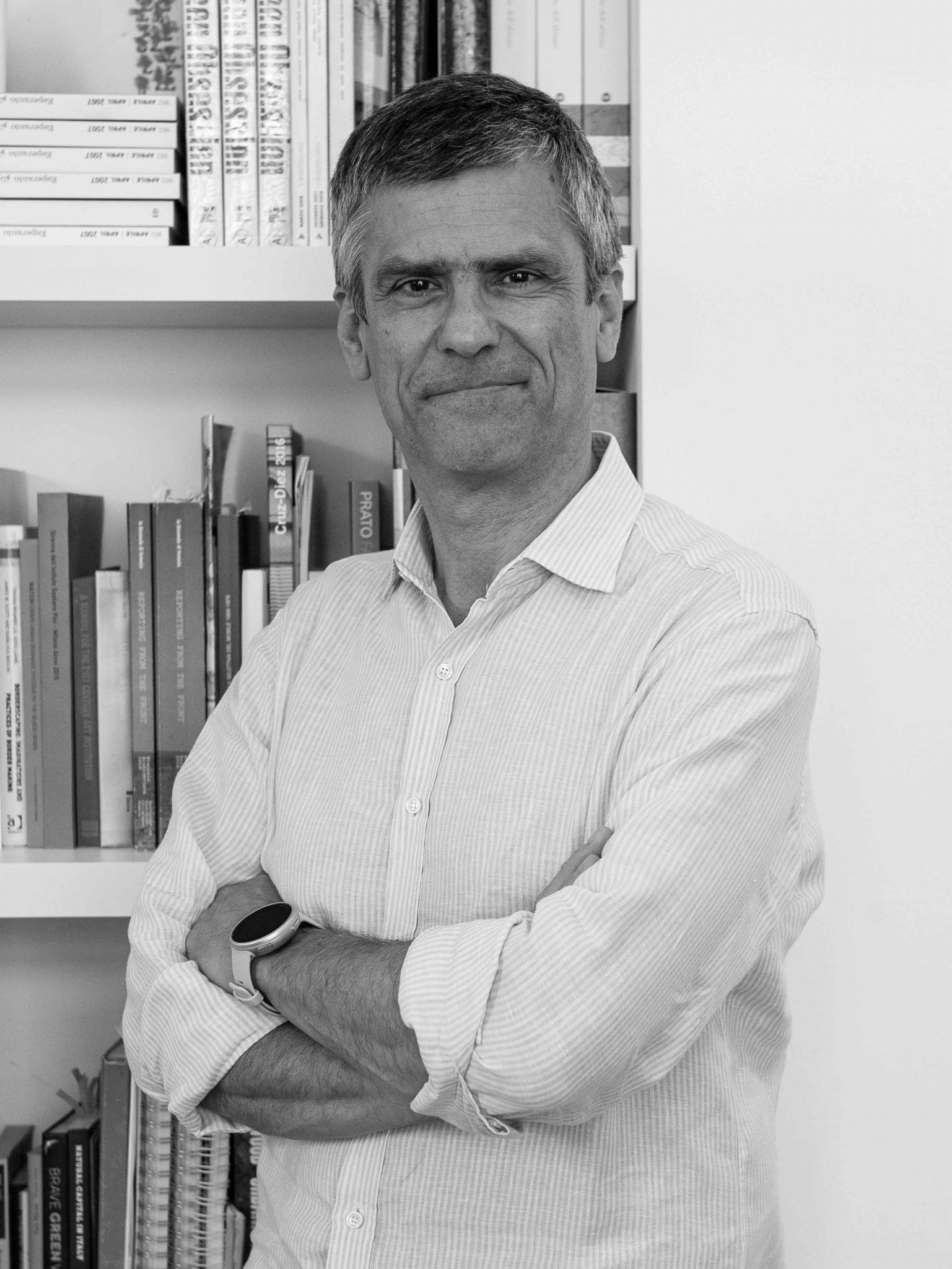
Massimo Sacchi
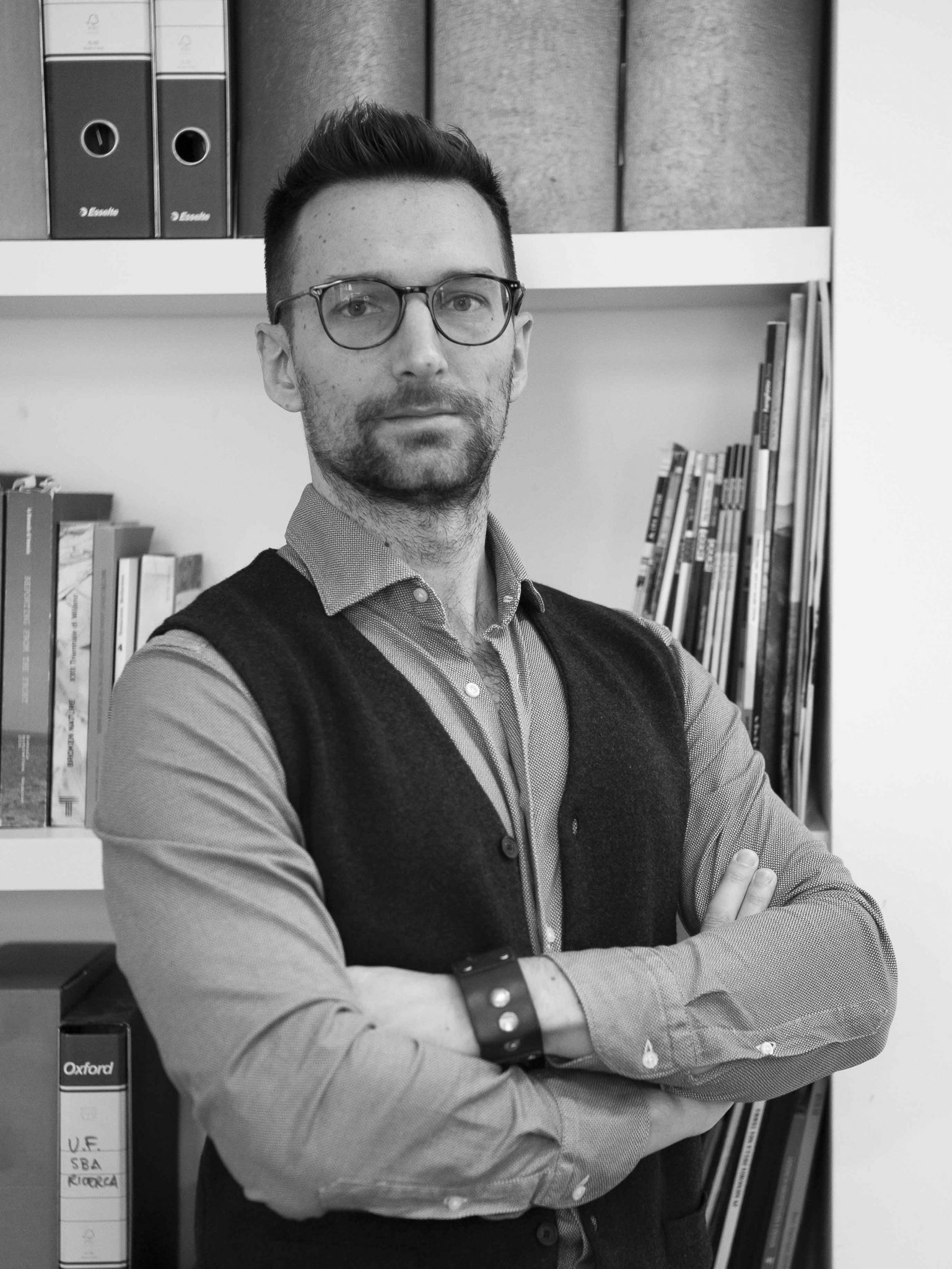
Andrea Spadoni
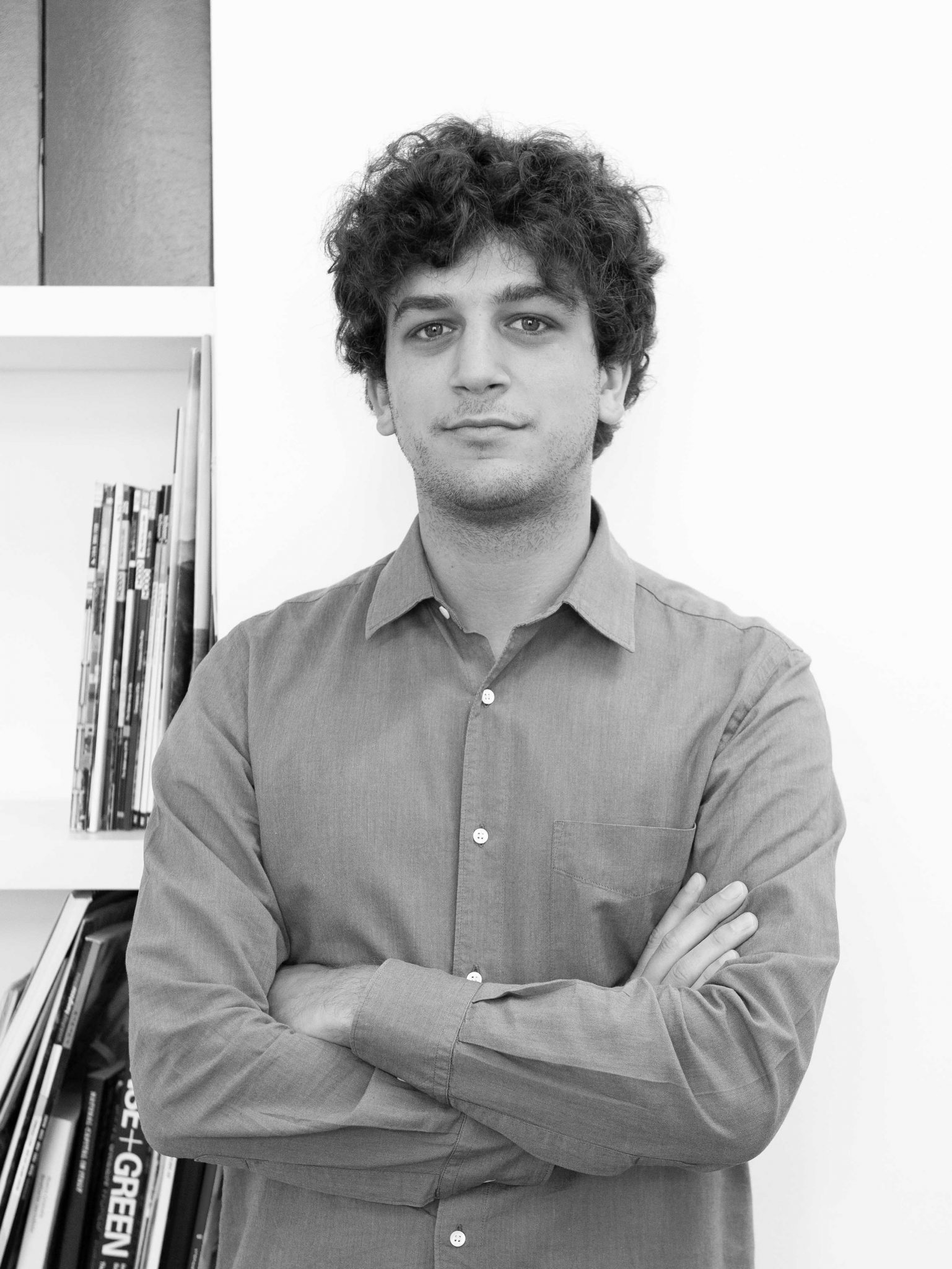
Valerio Spinelli
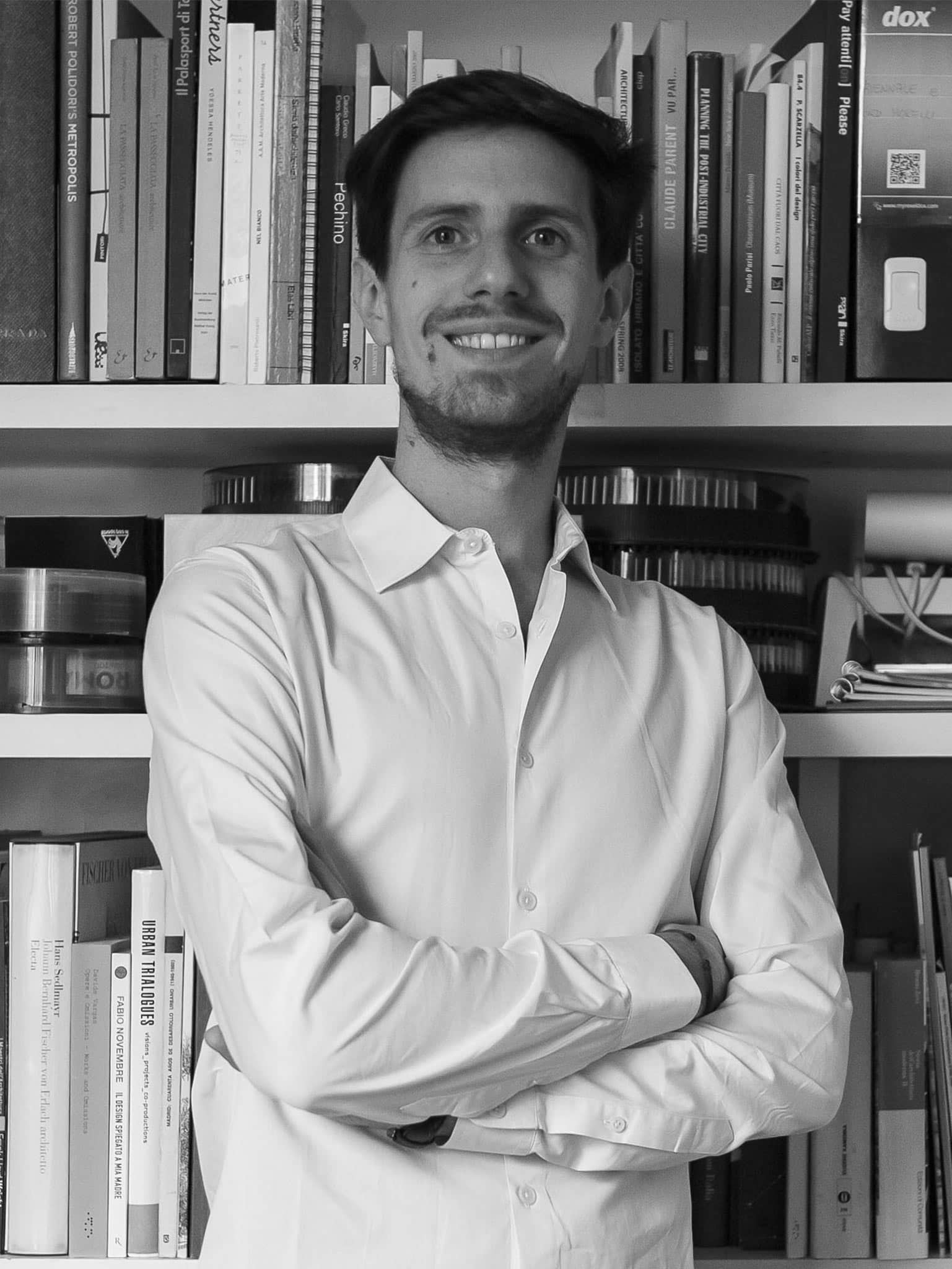
Giacomo Volpe
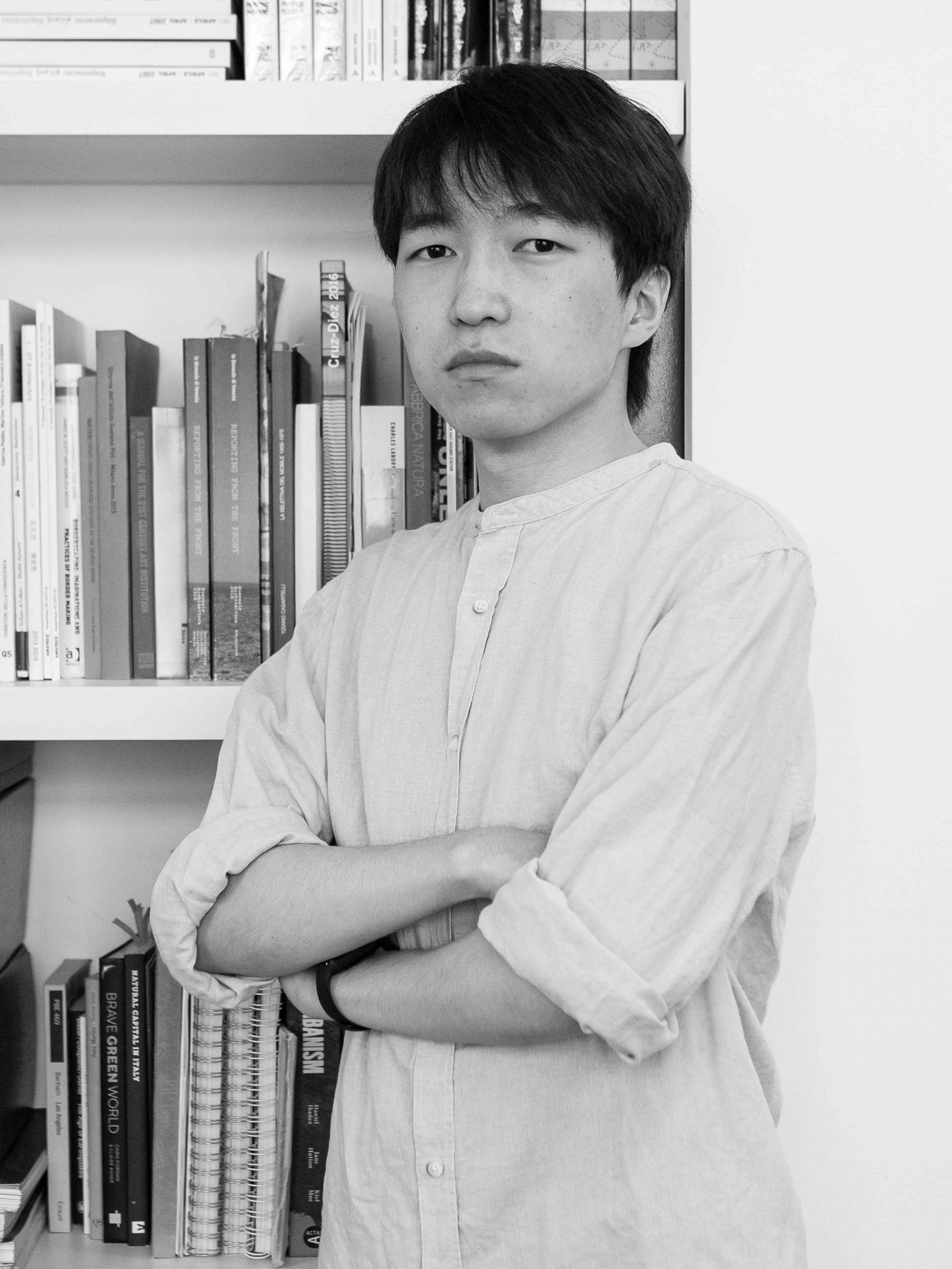
Yaochen Wu
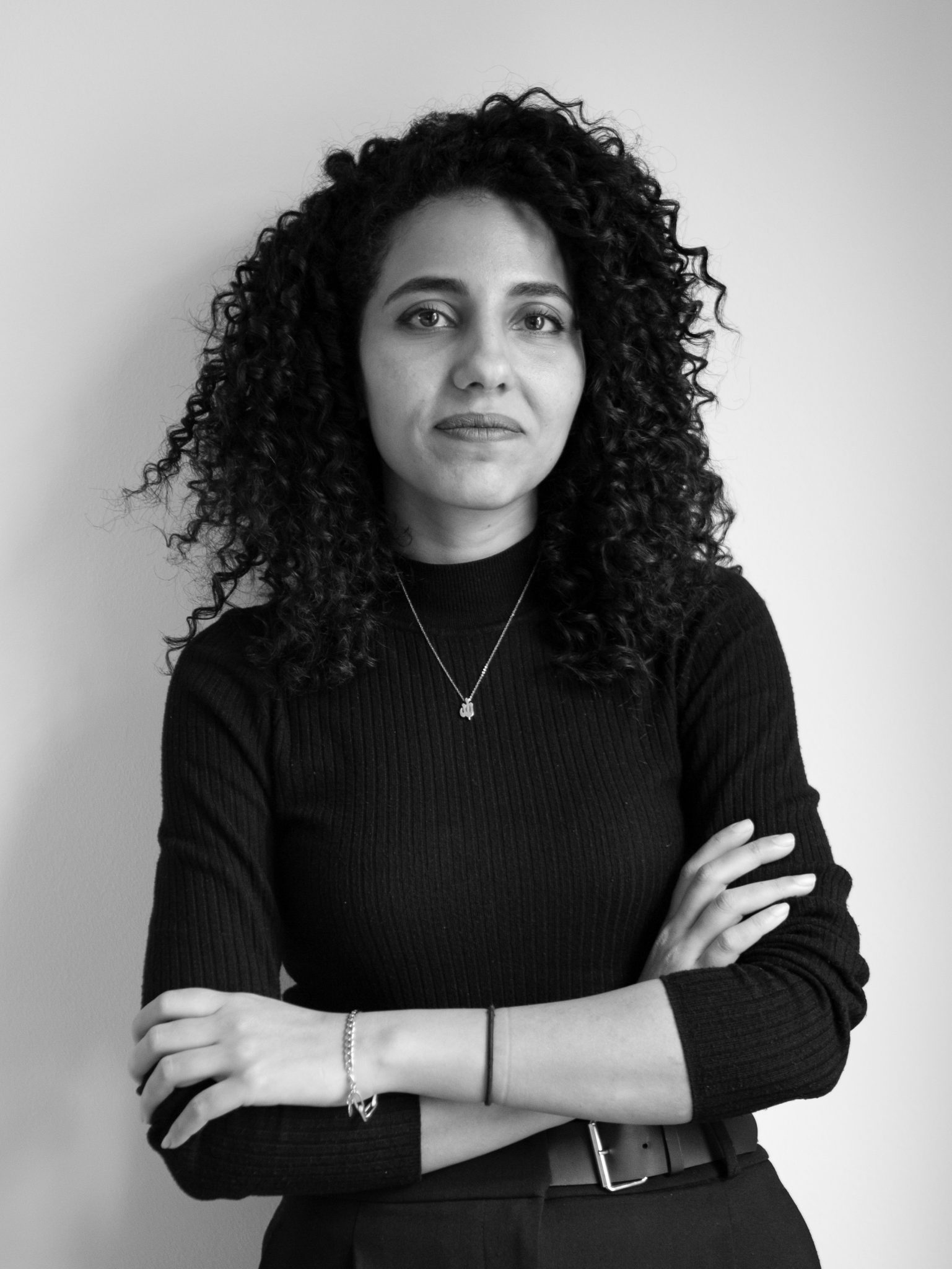
Nahed Zmeter
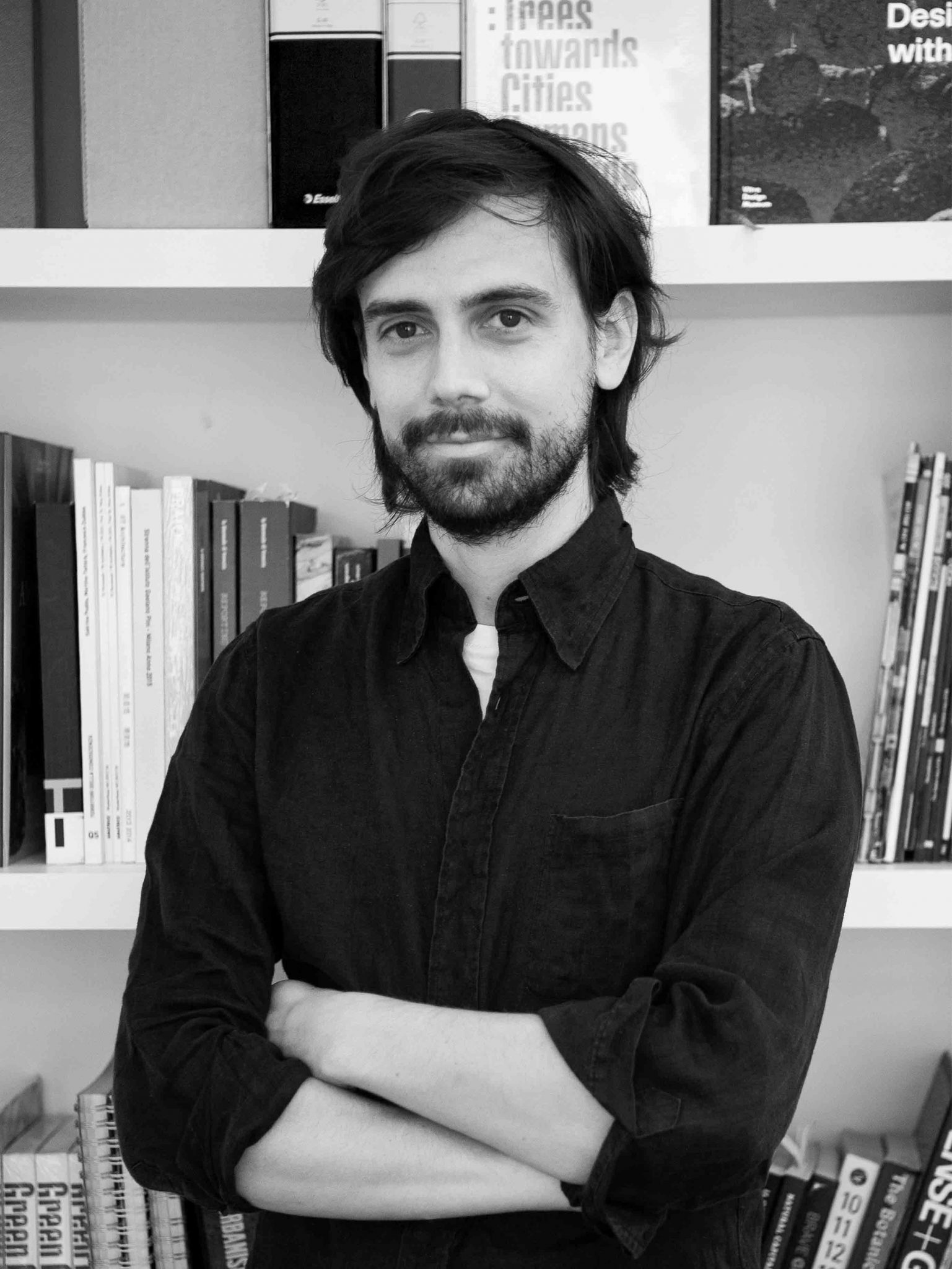
Andrea Zucchi
